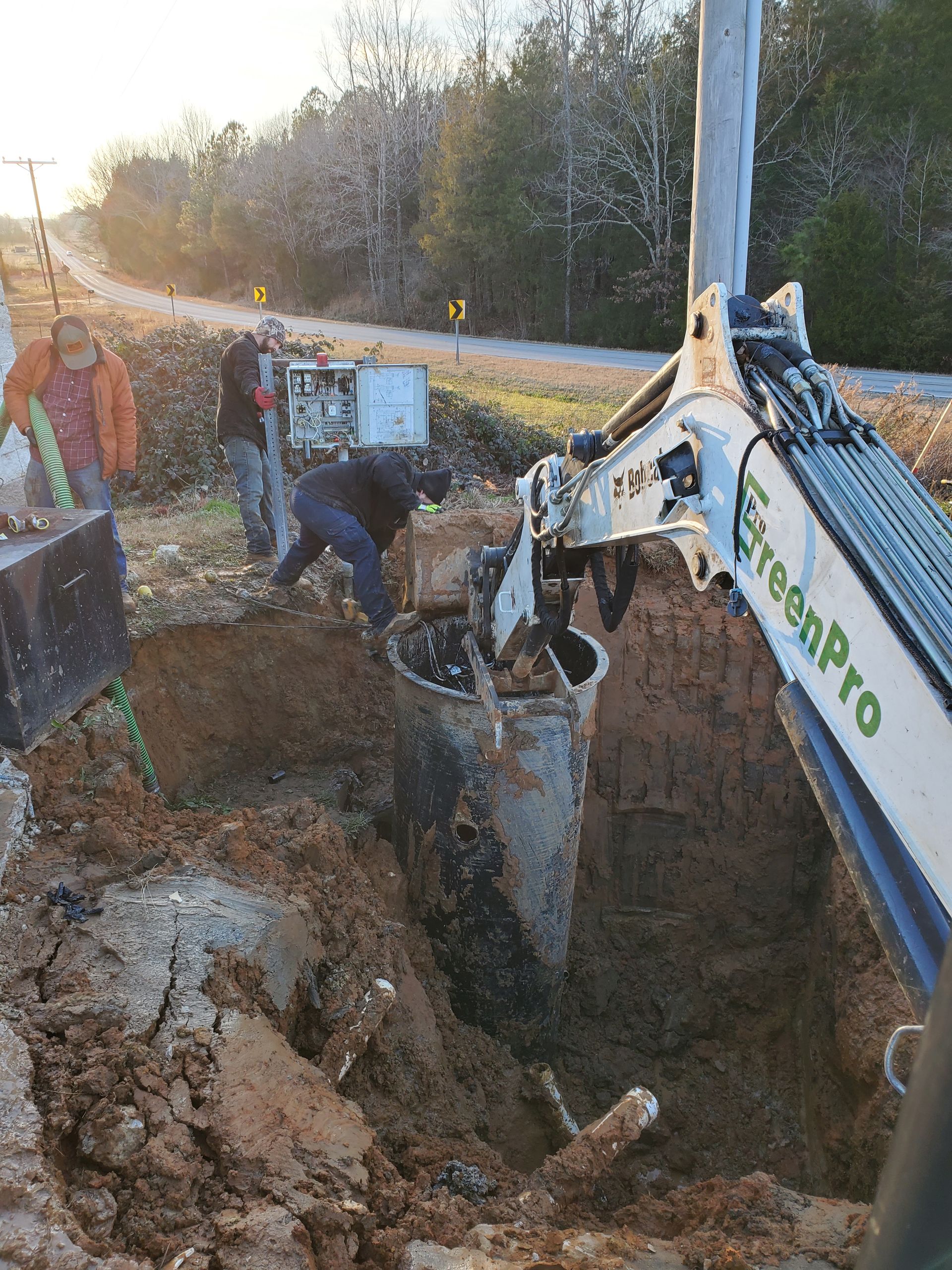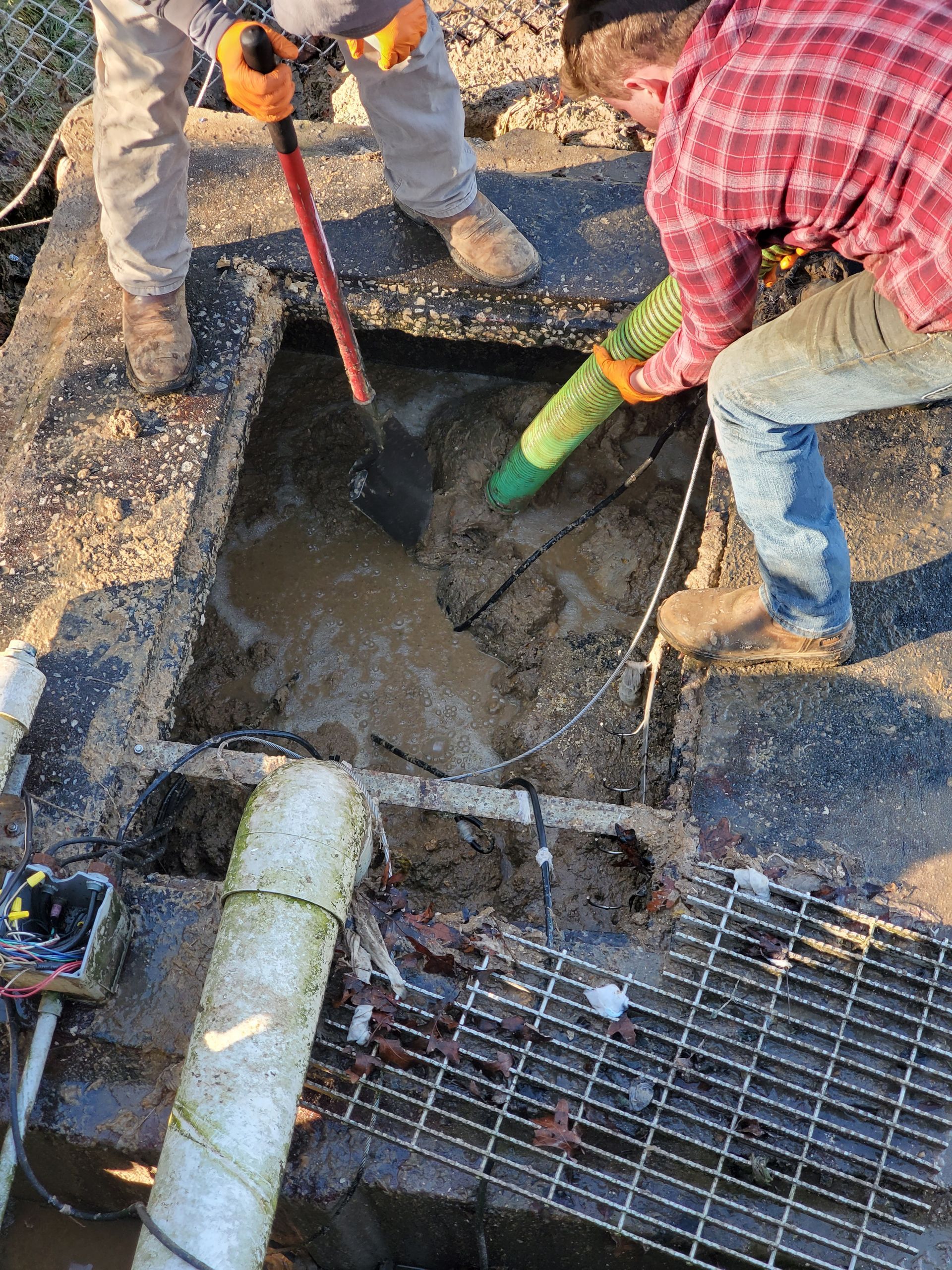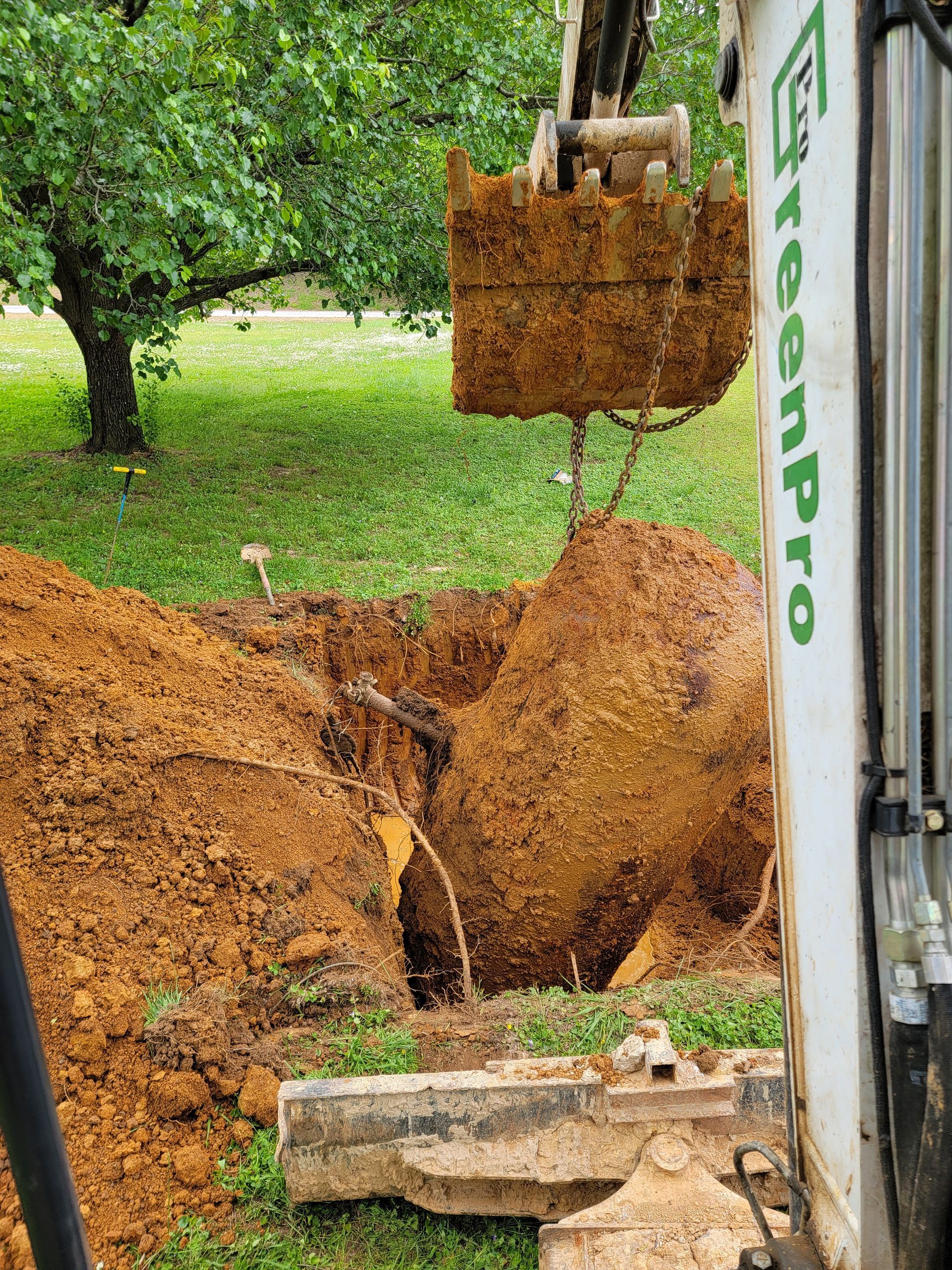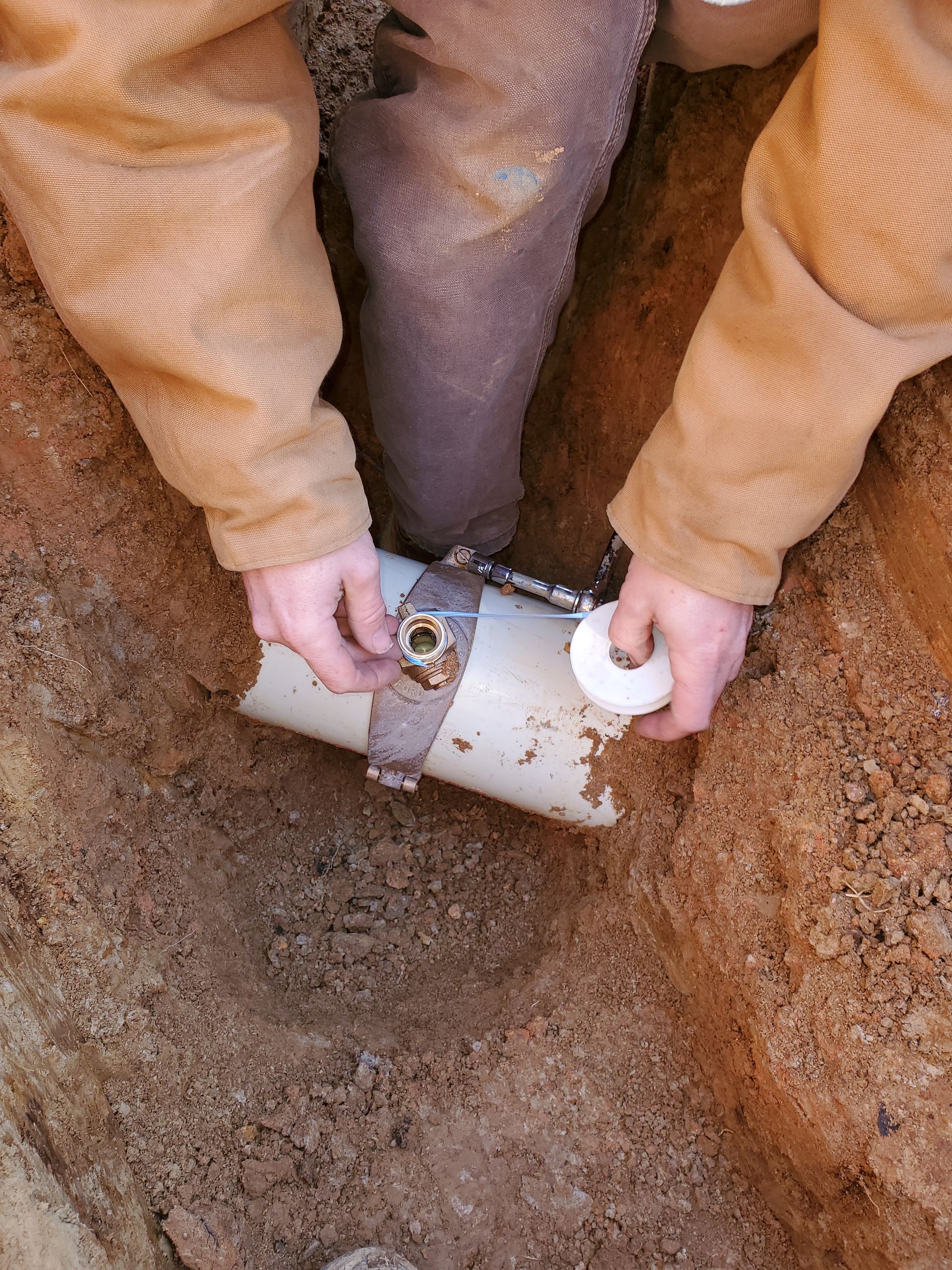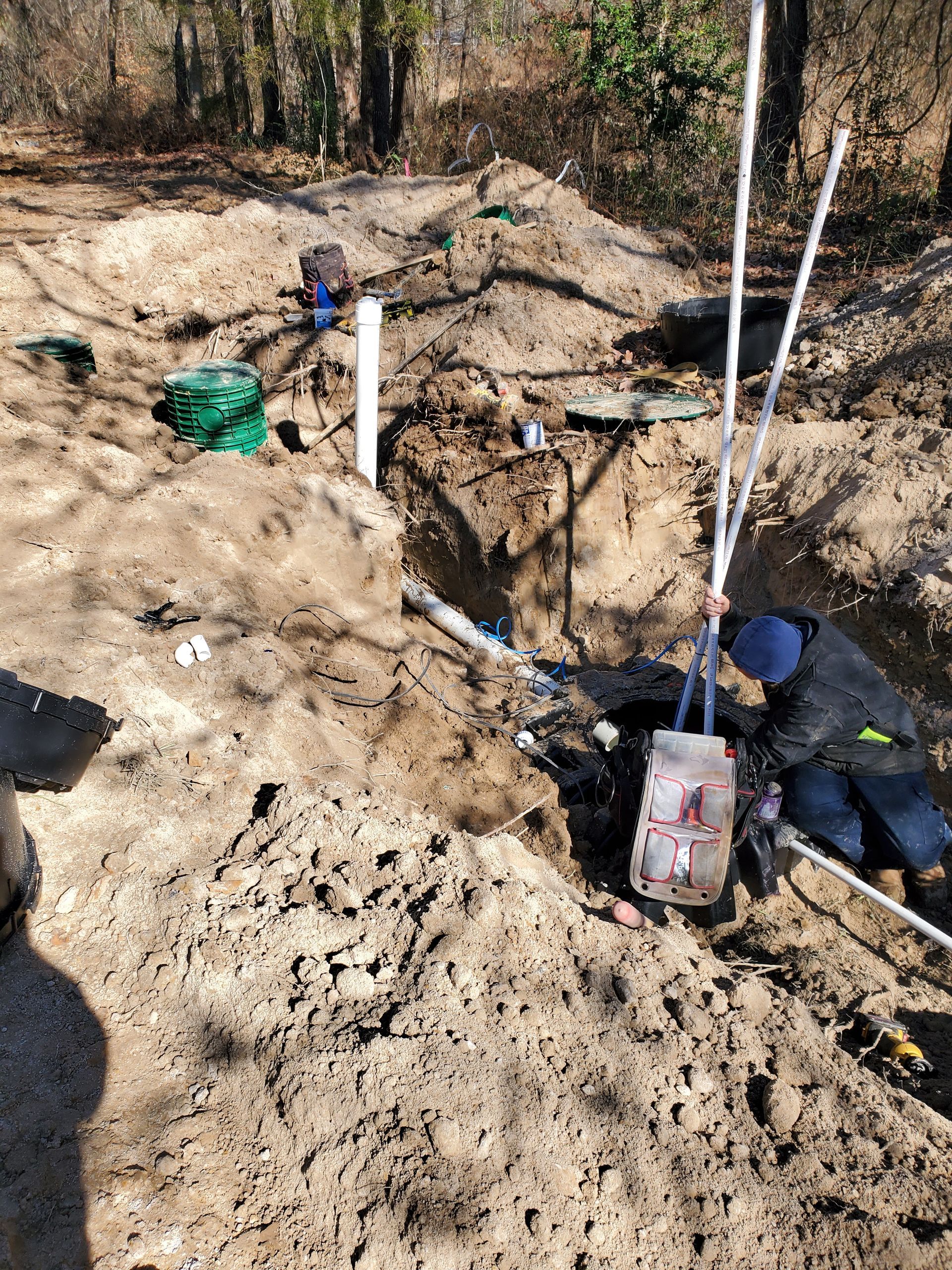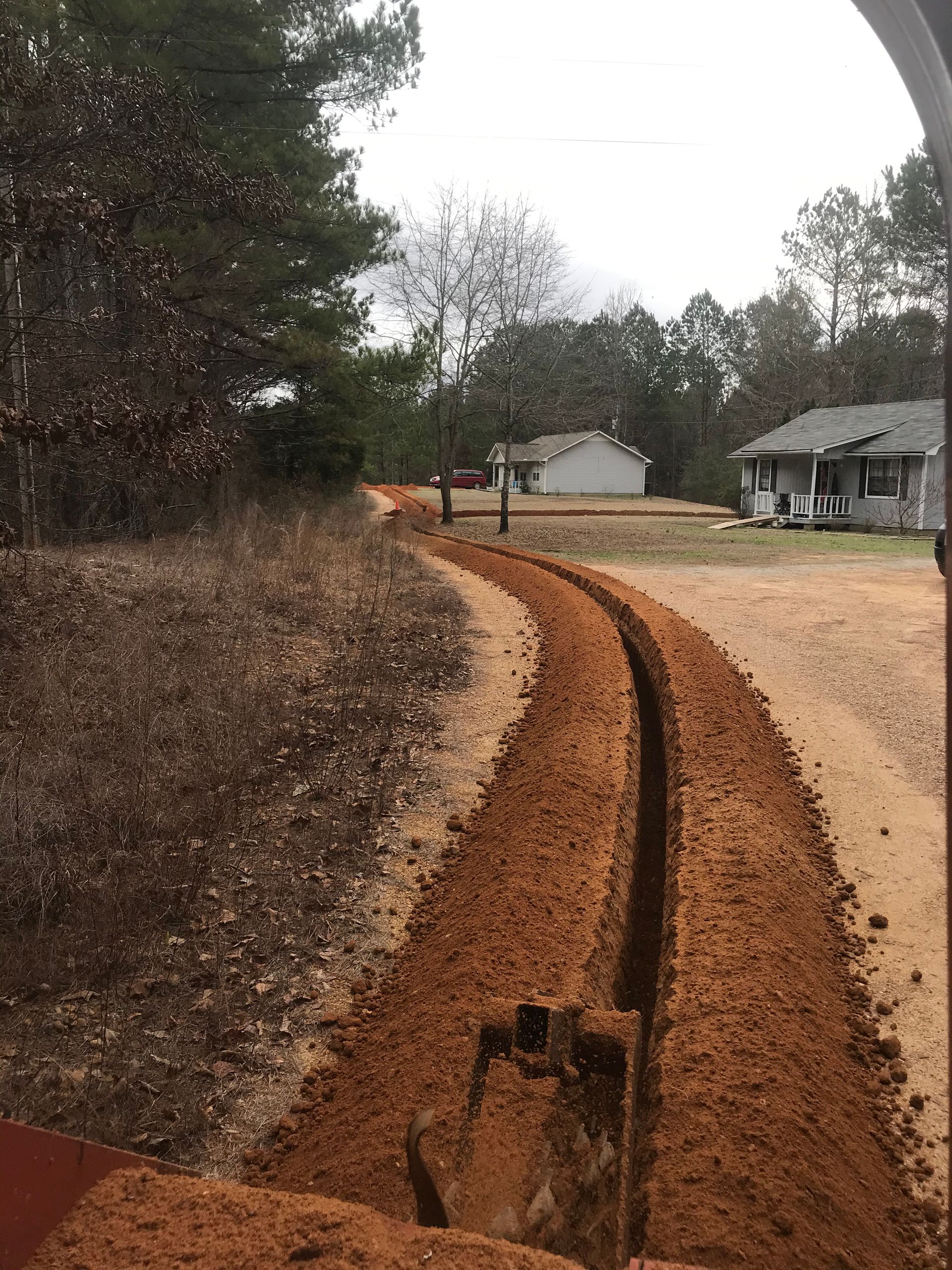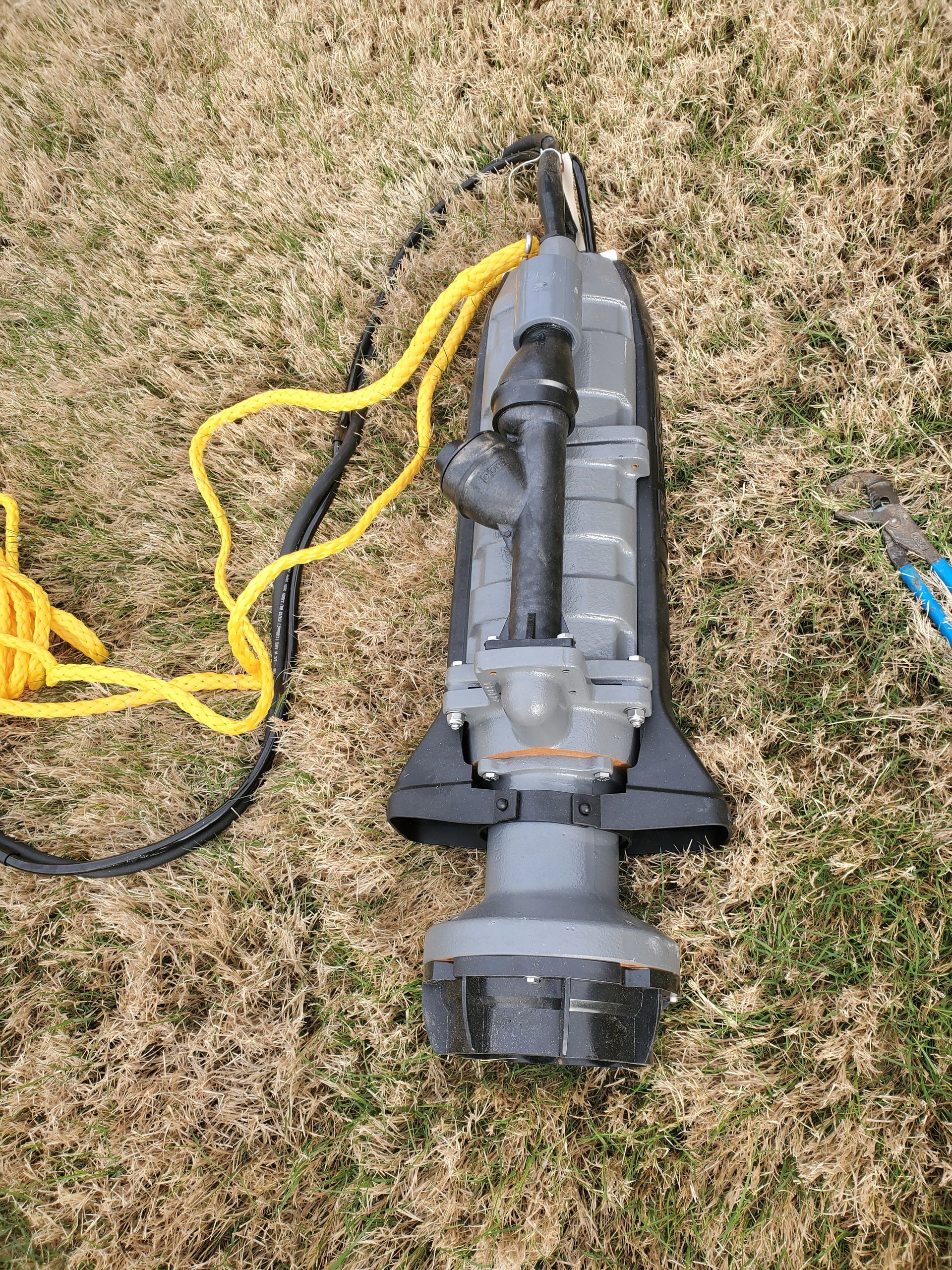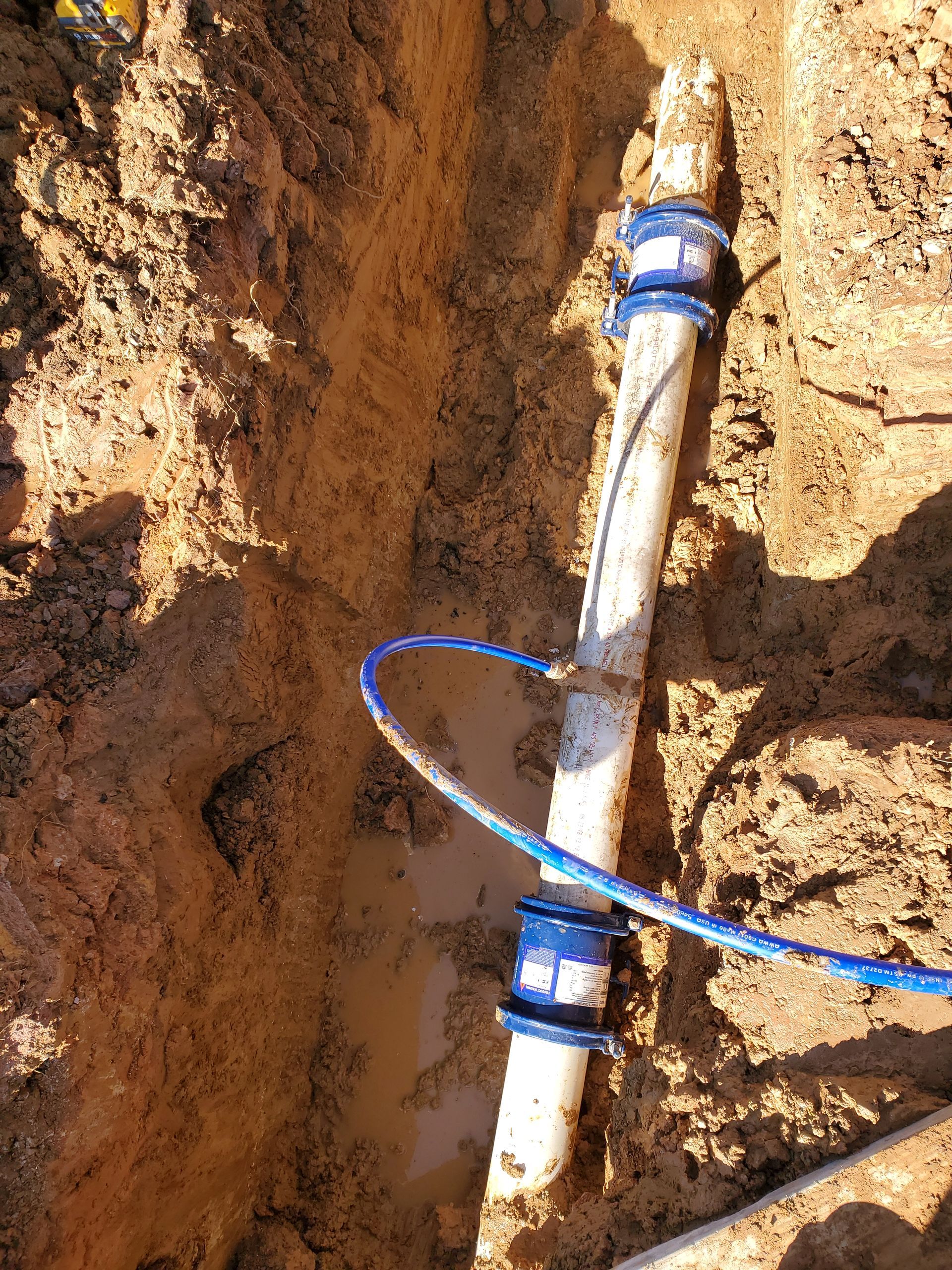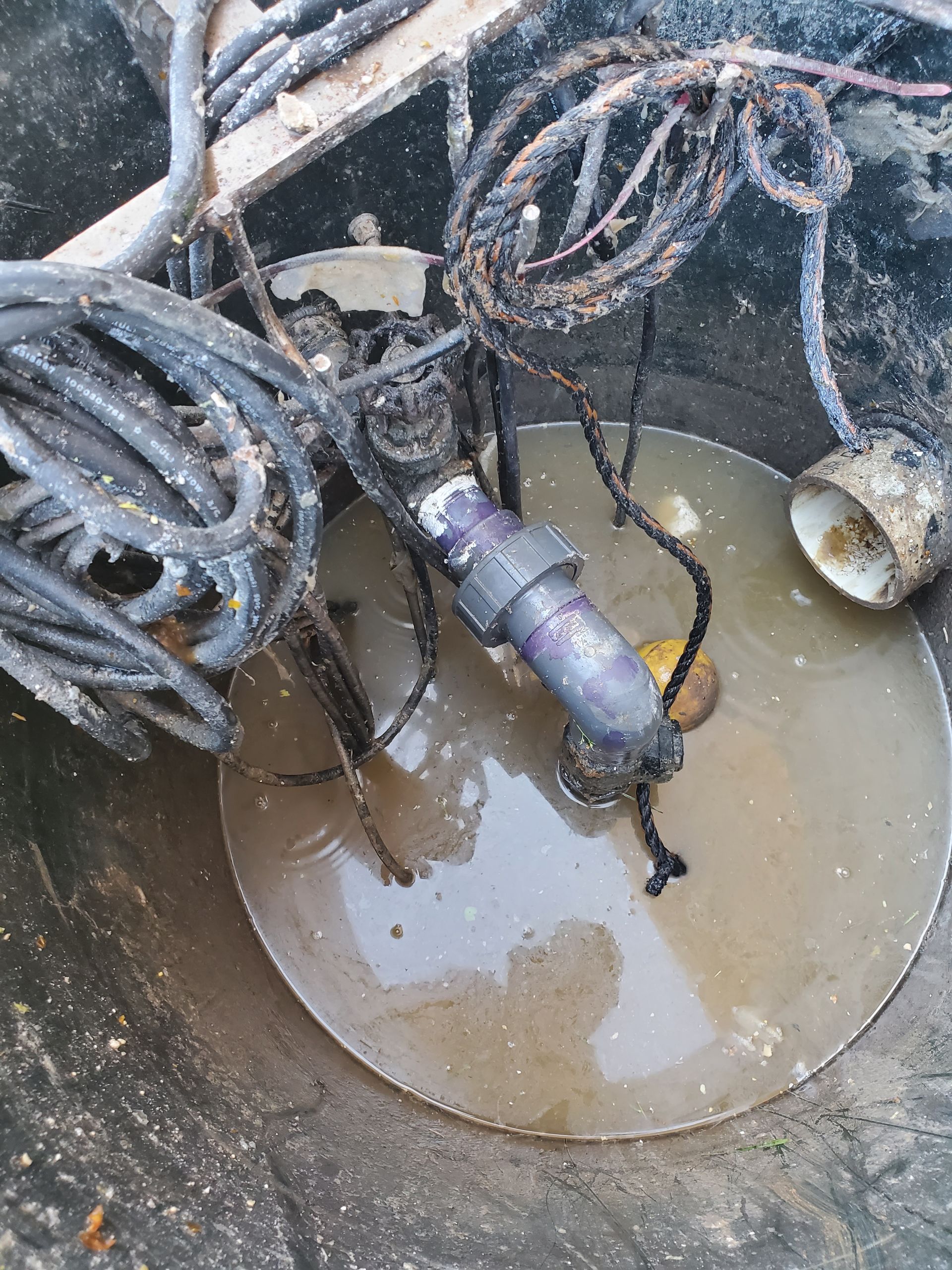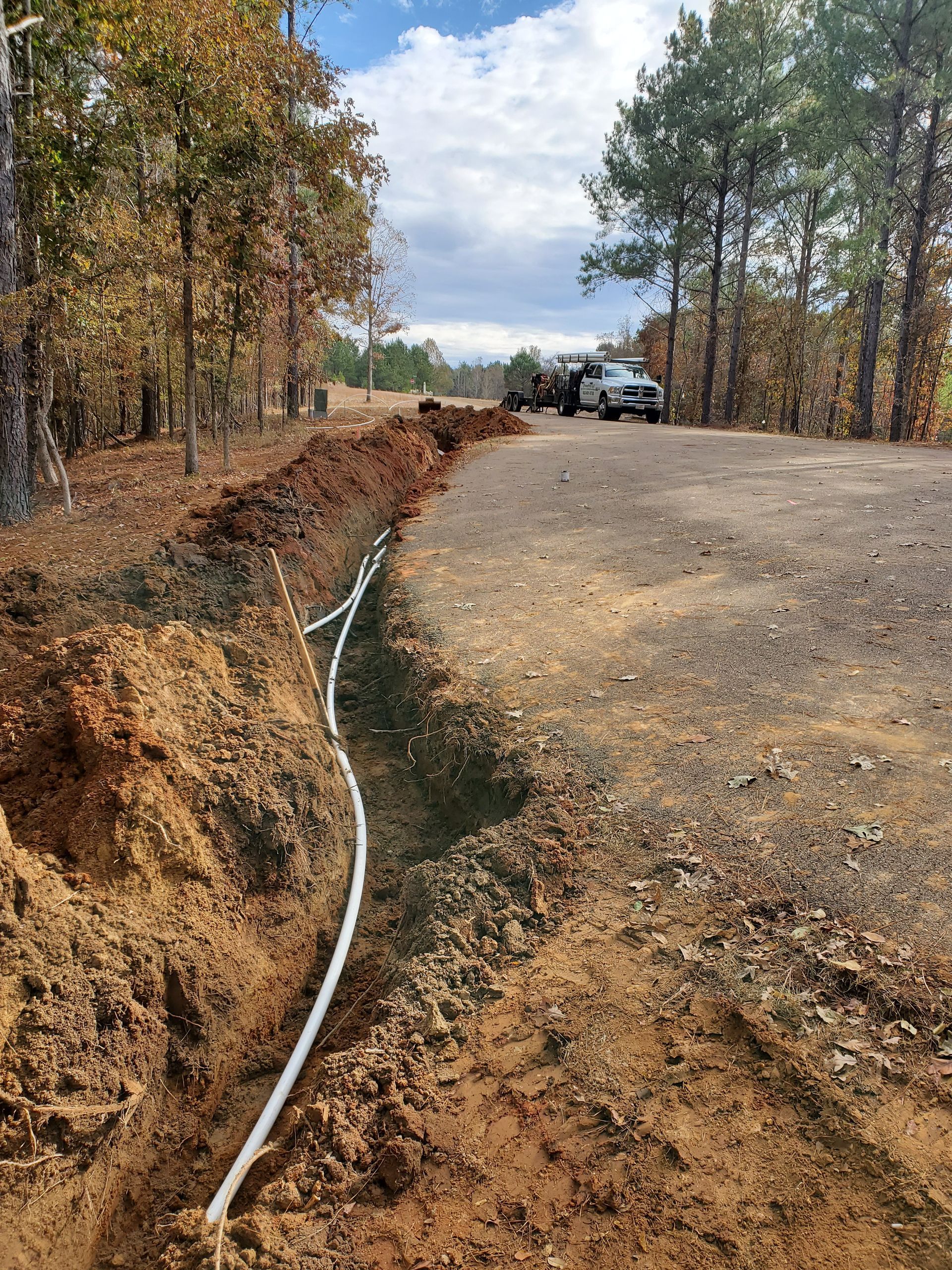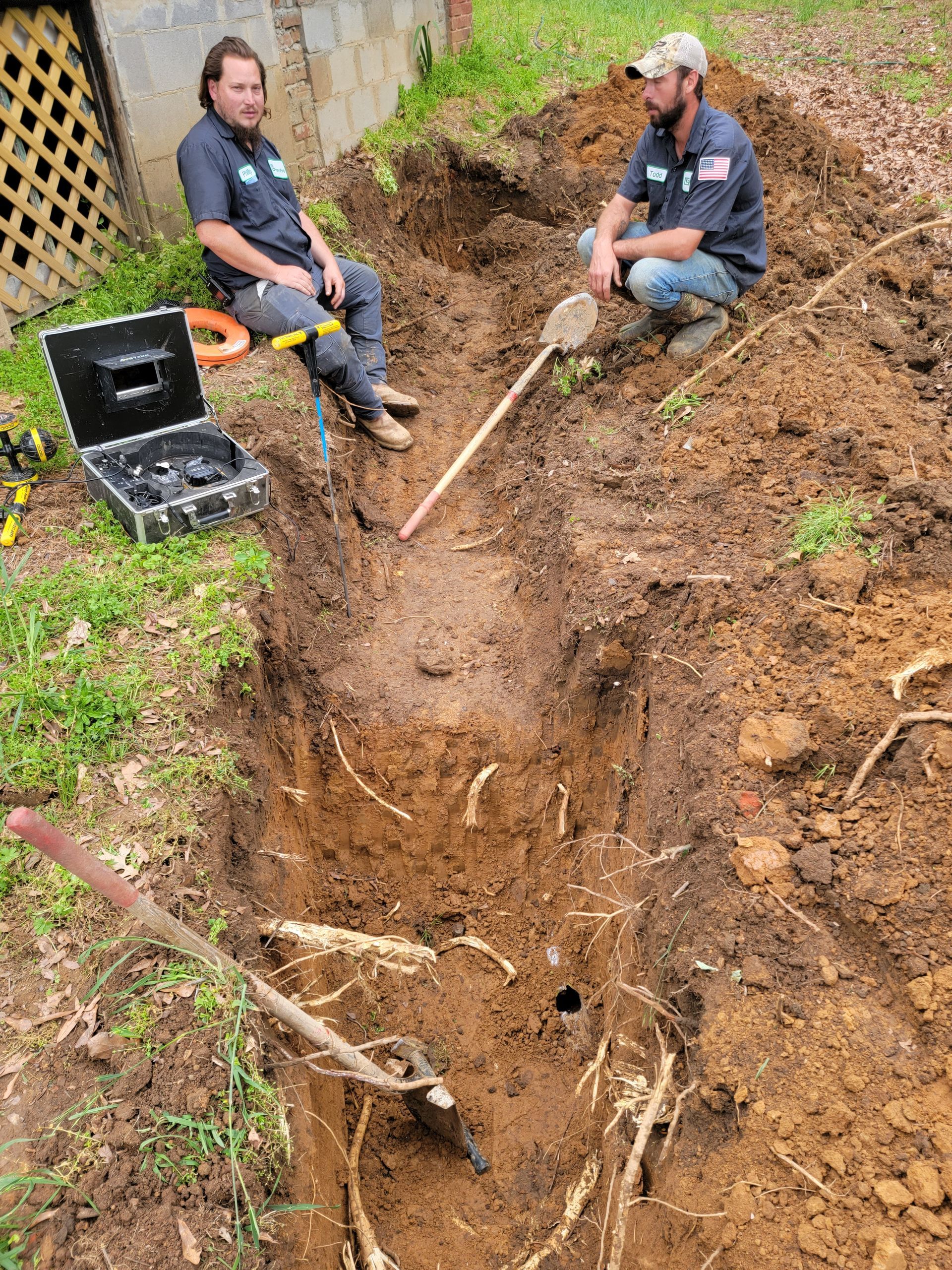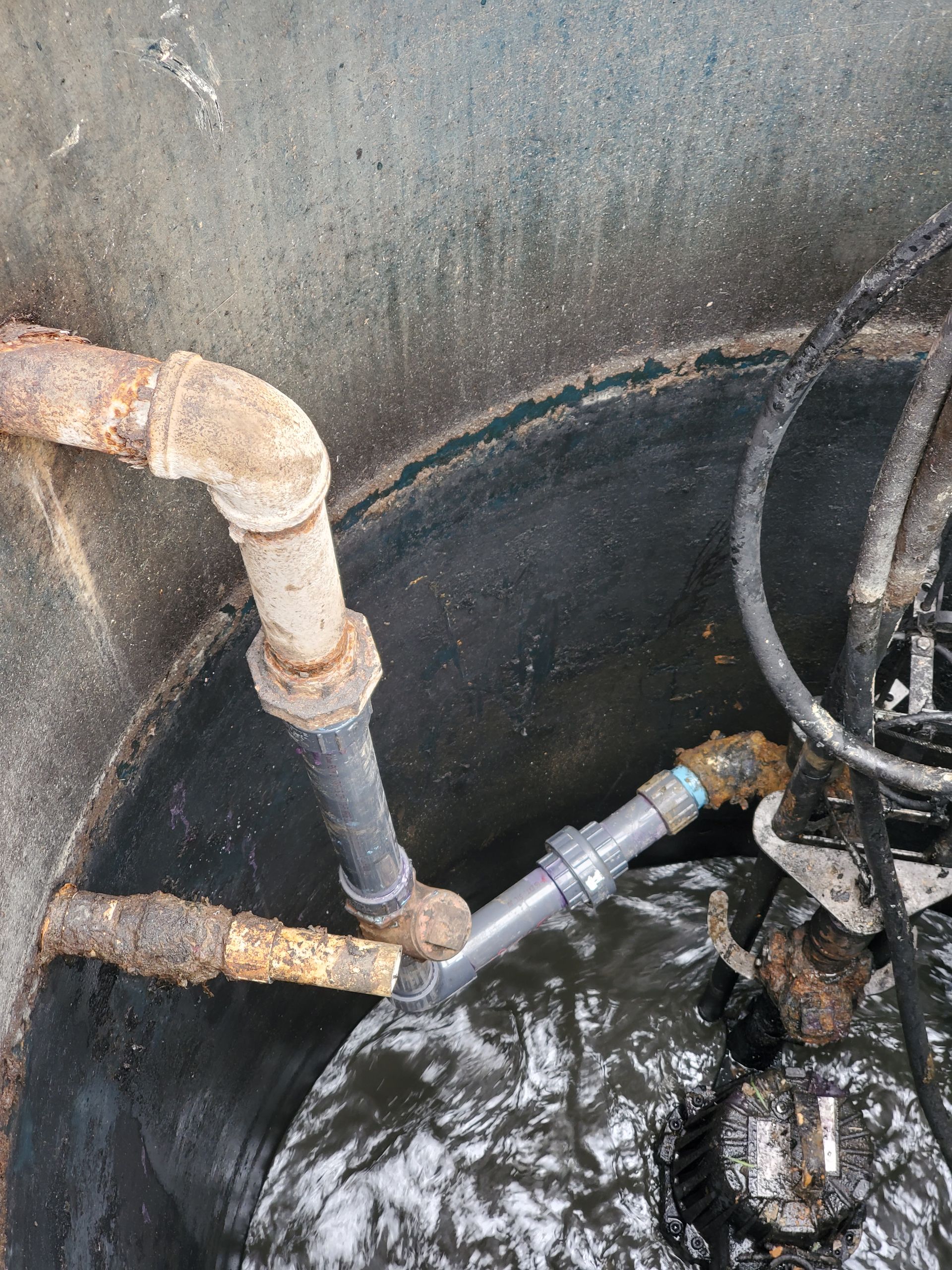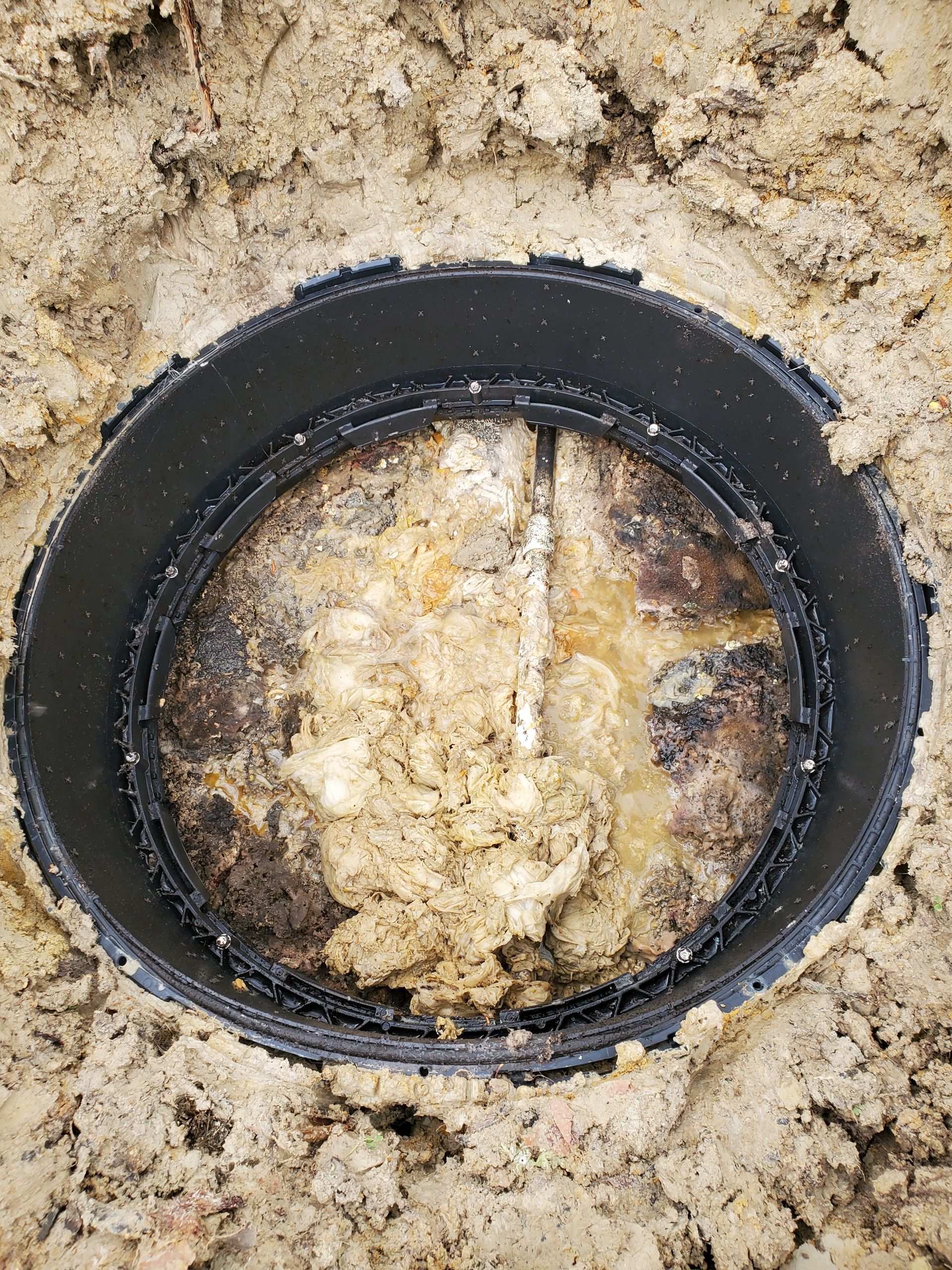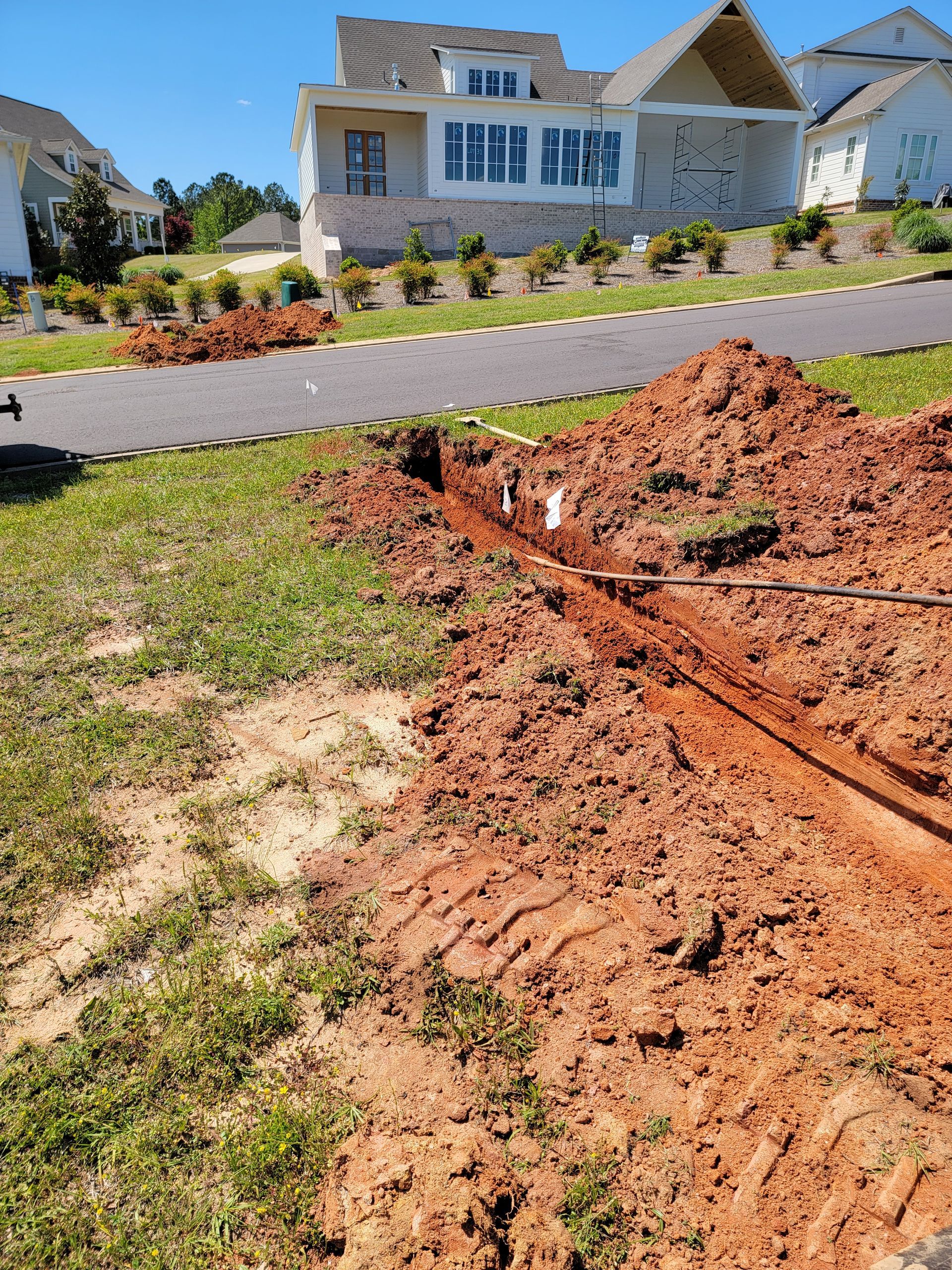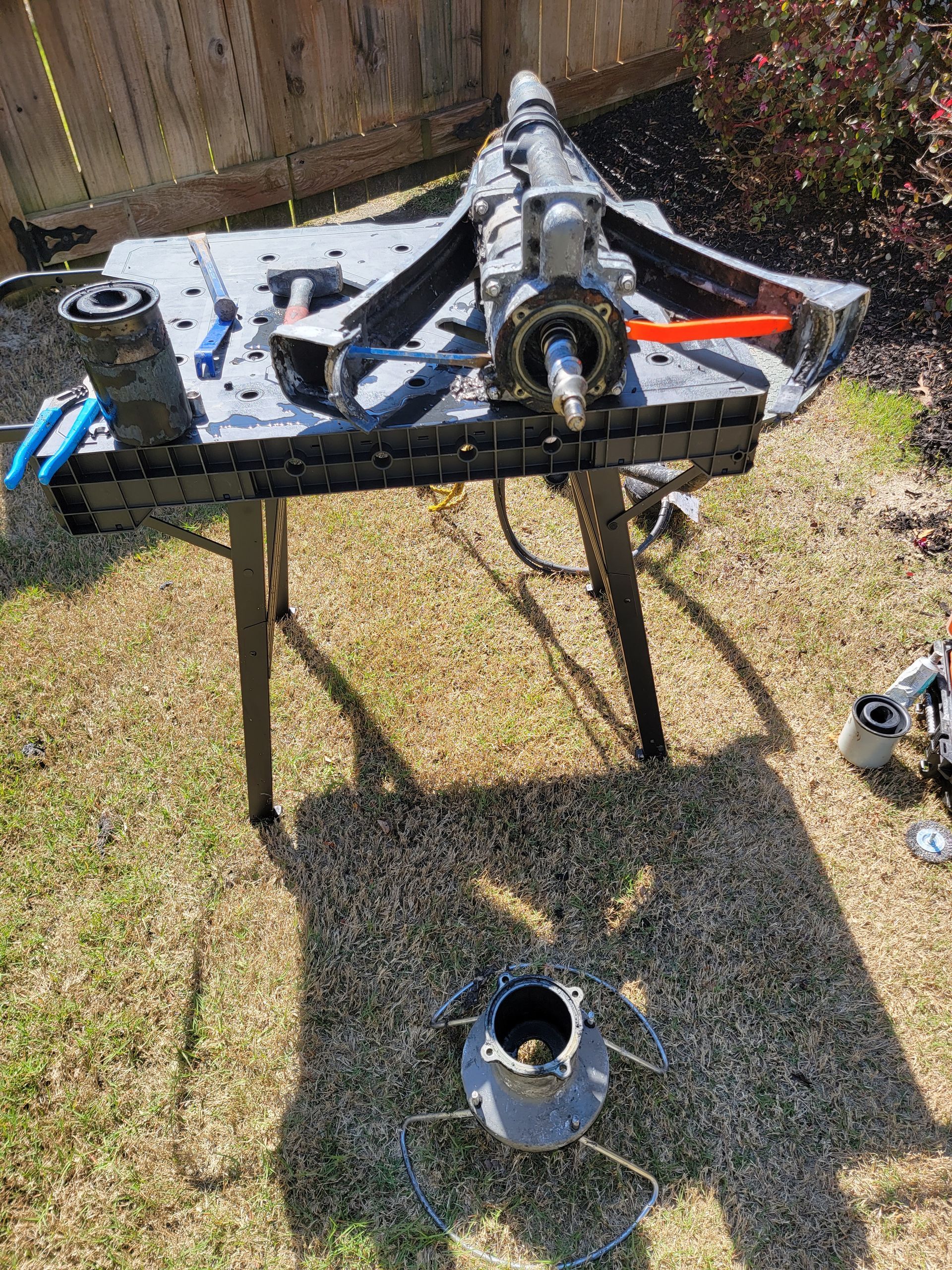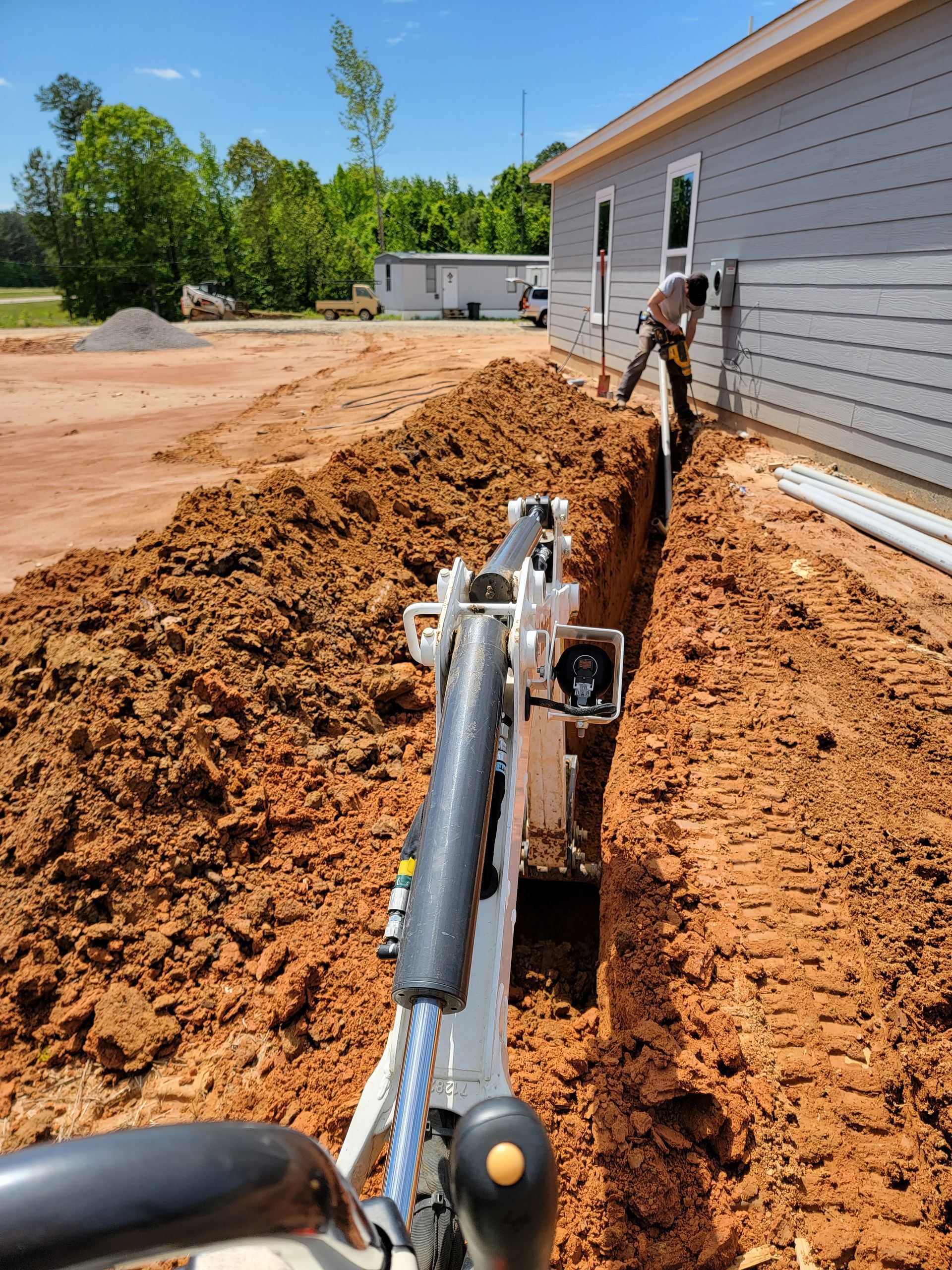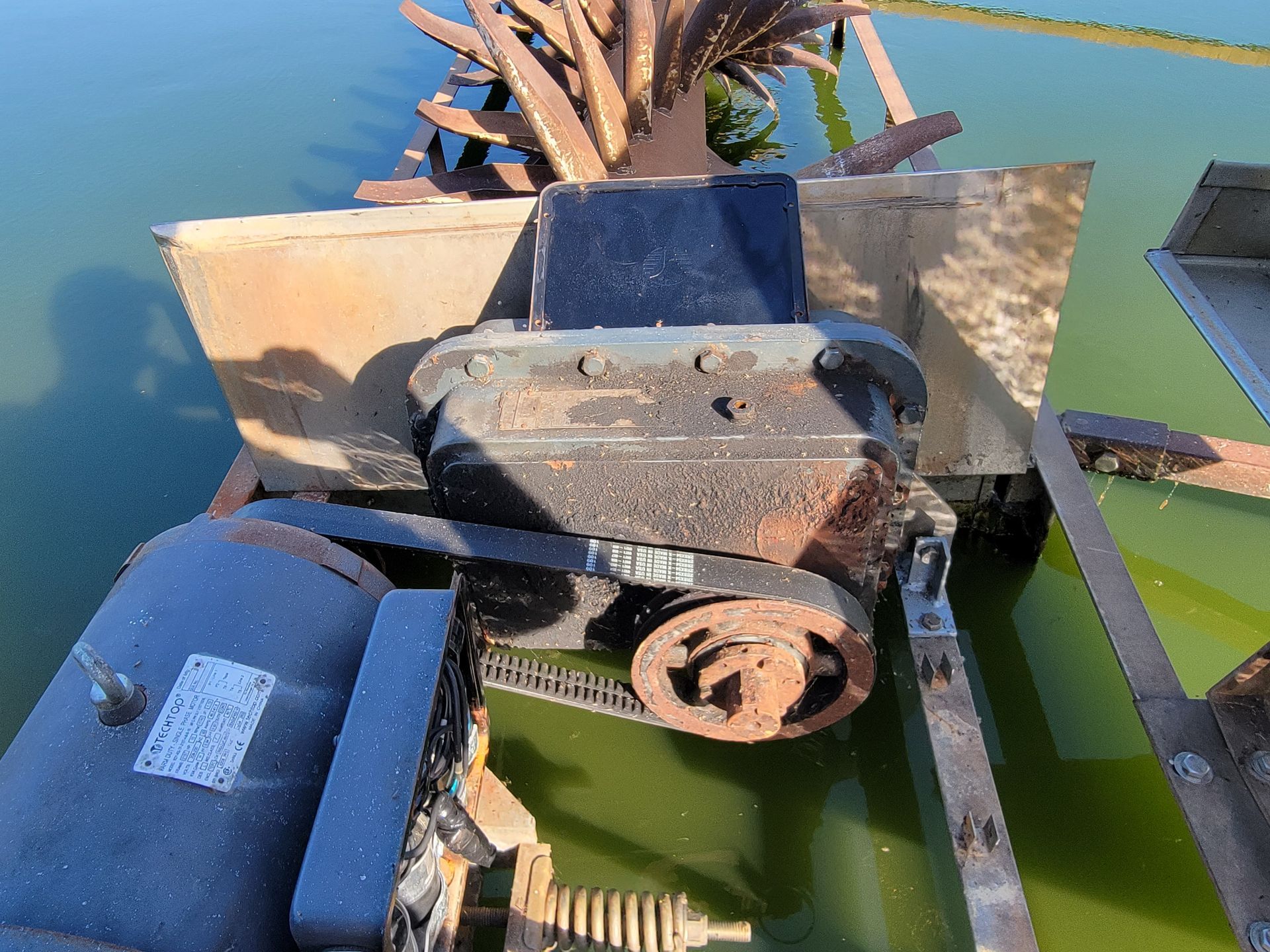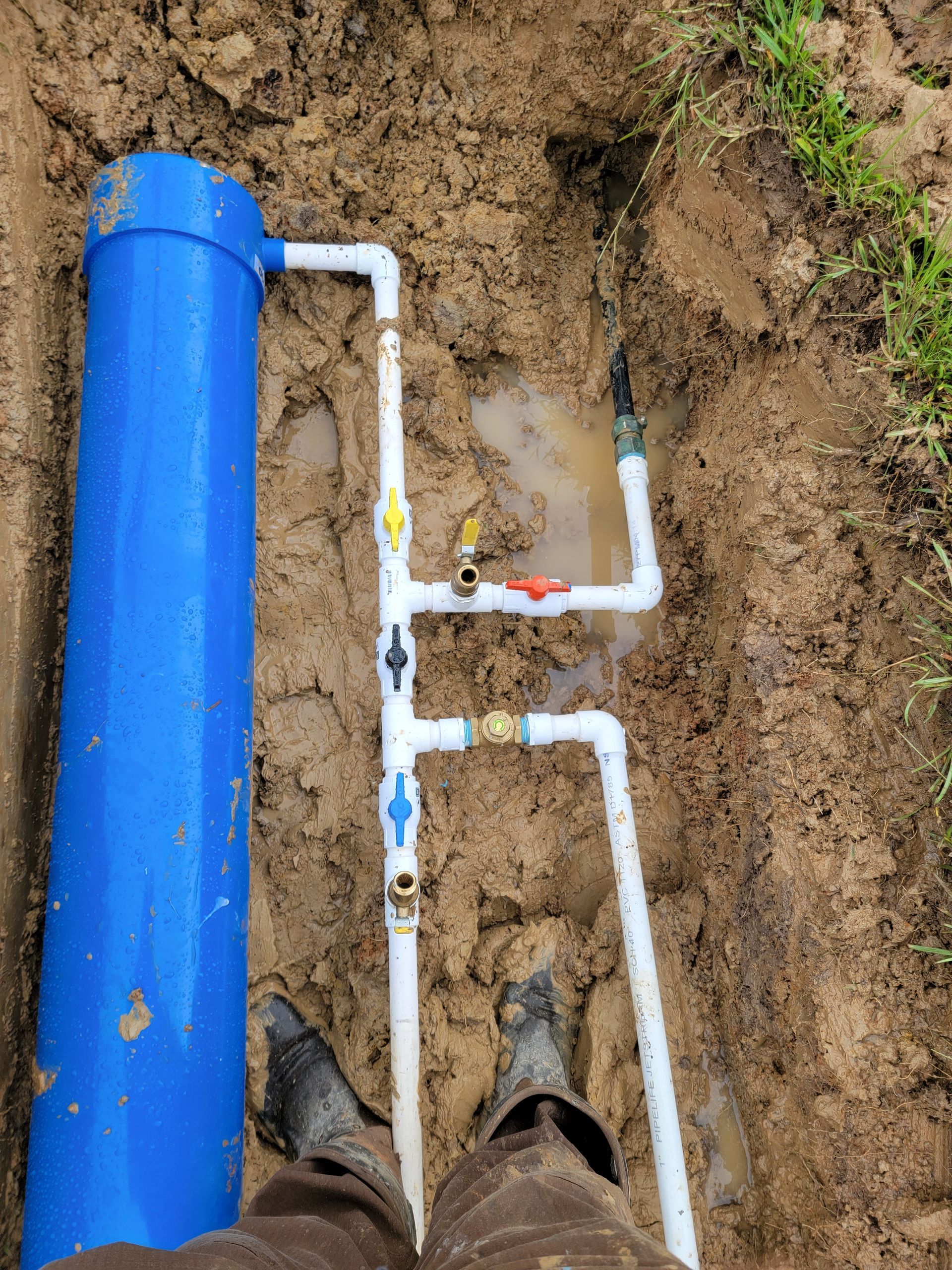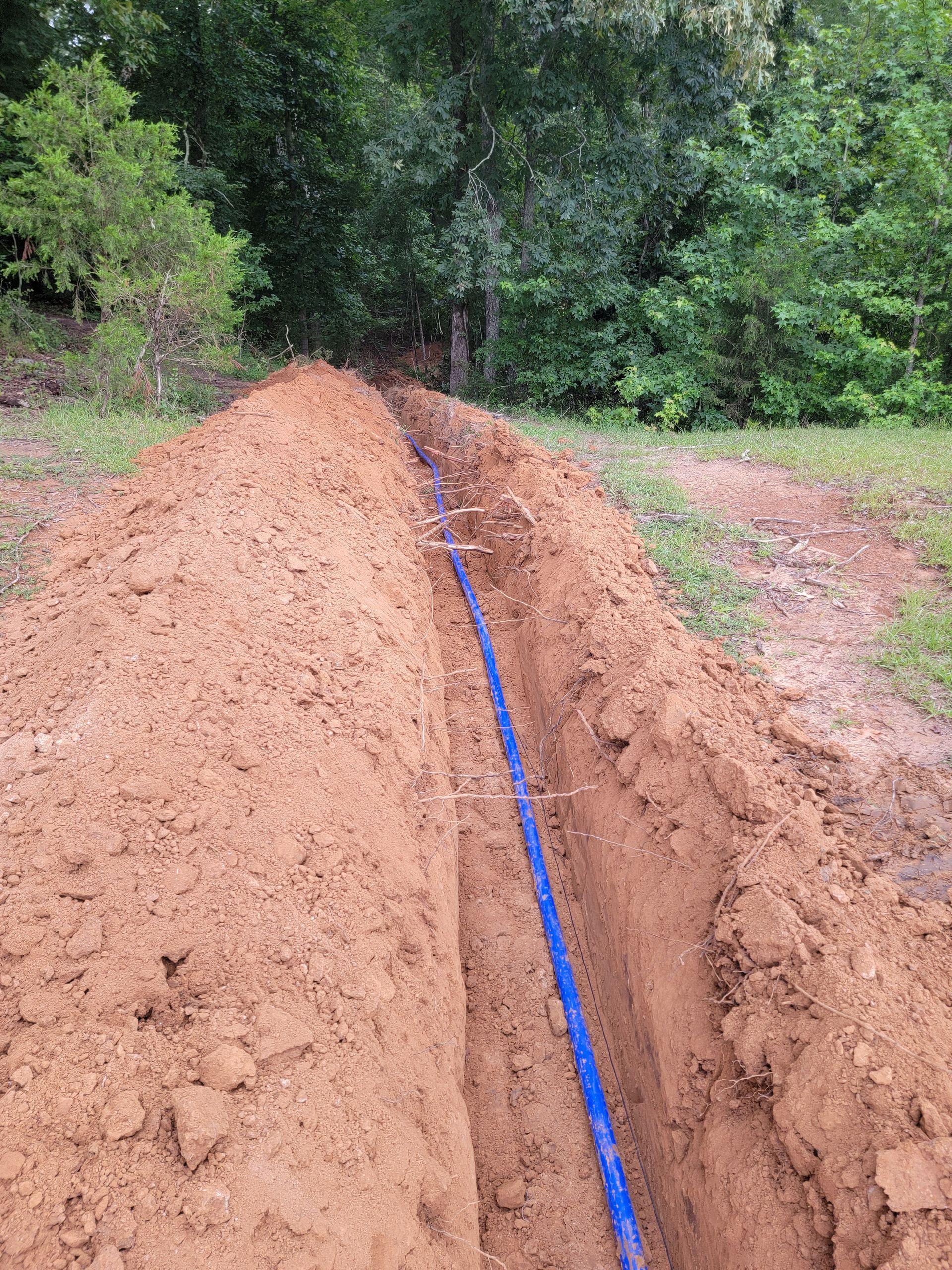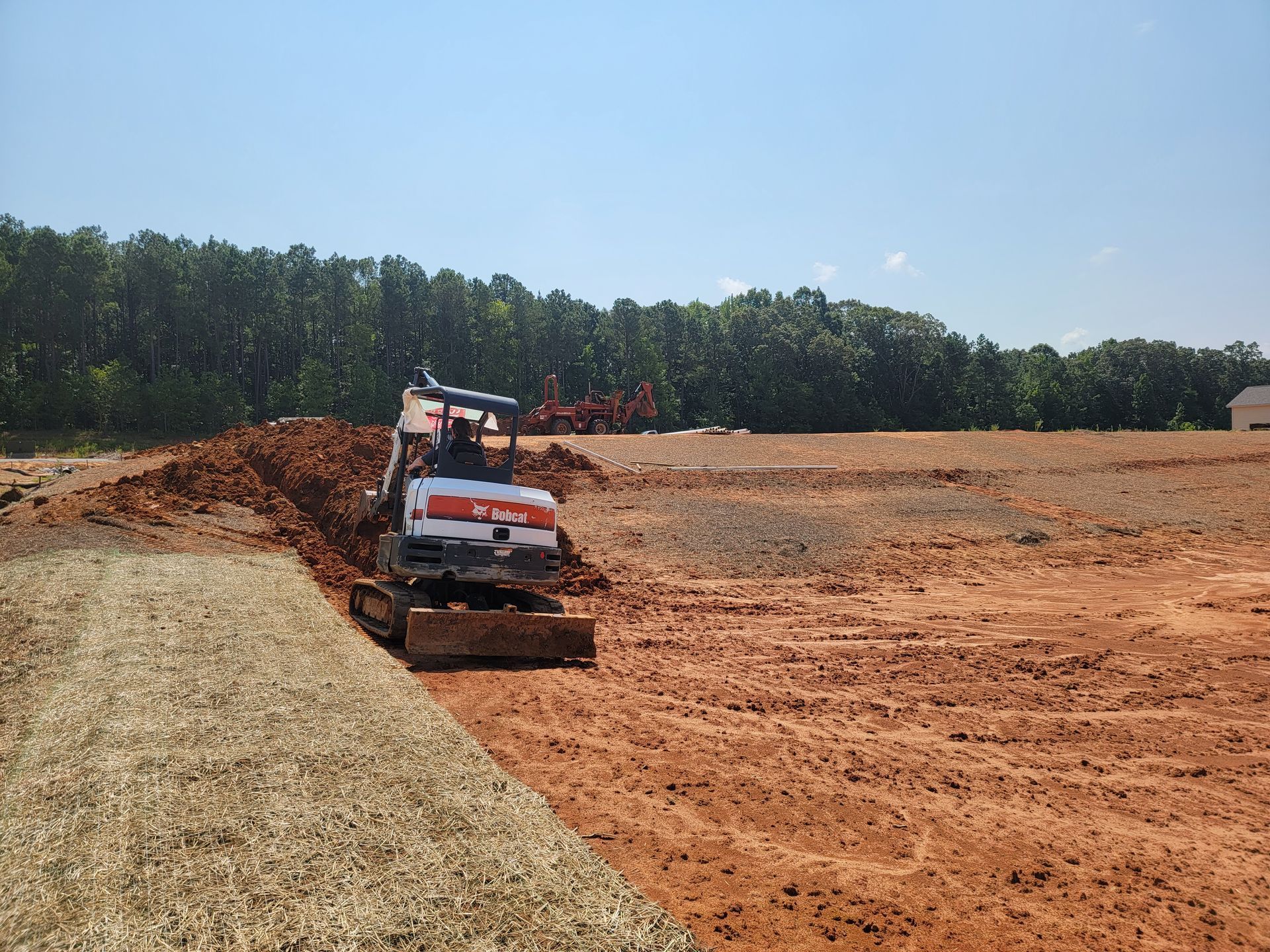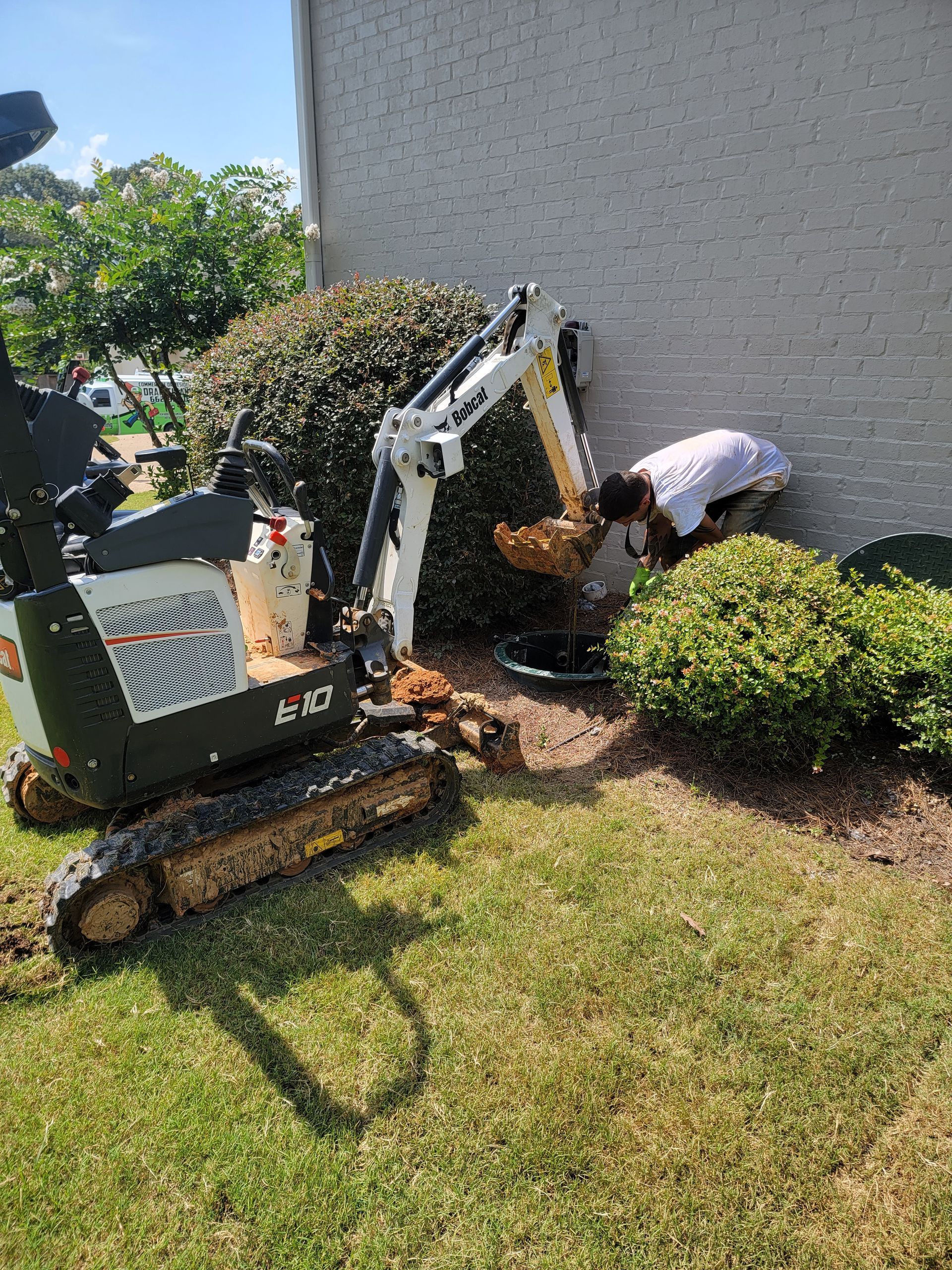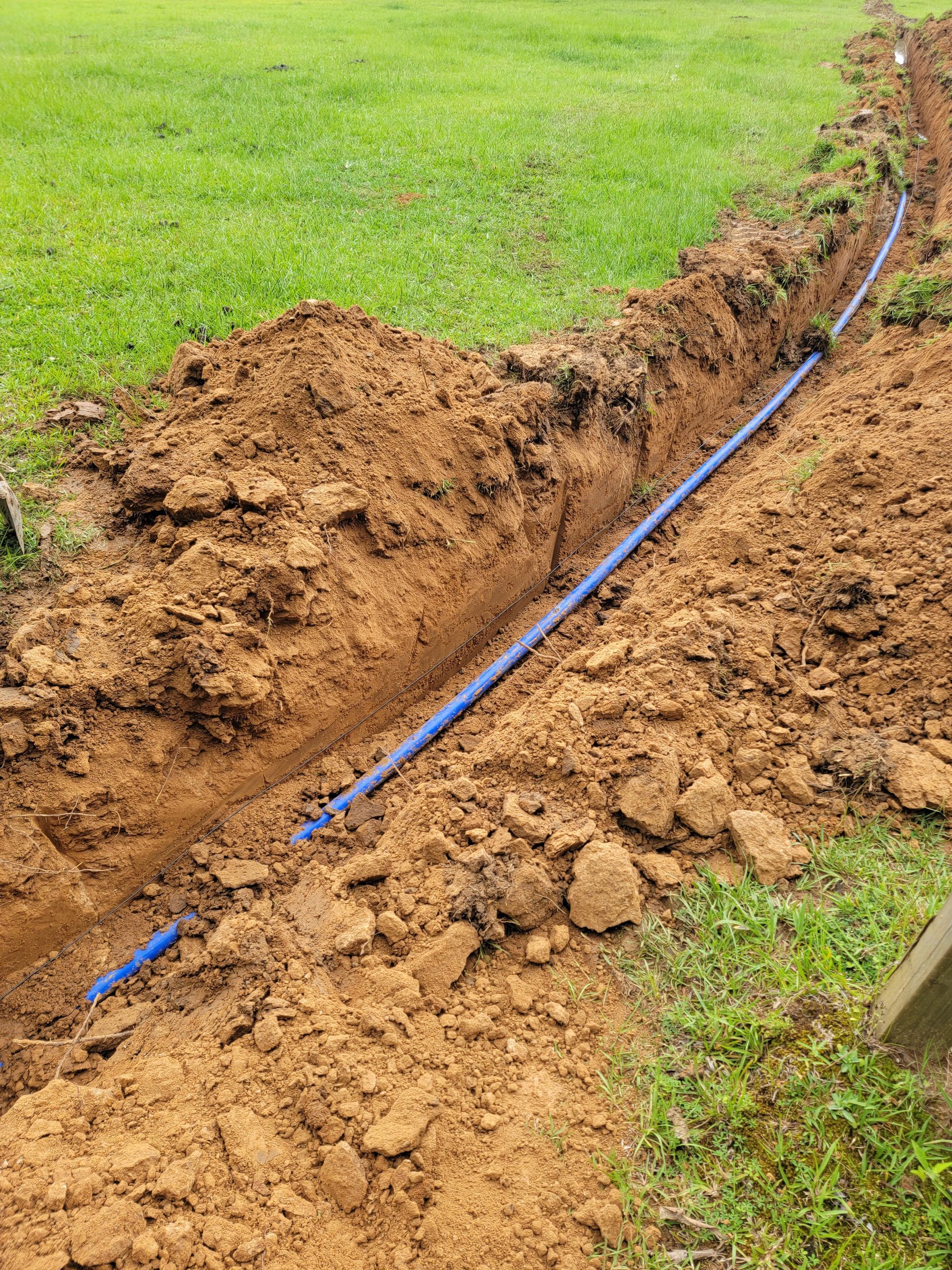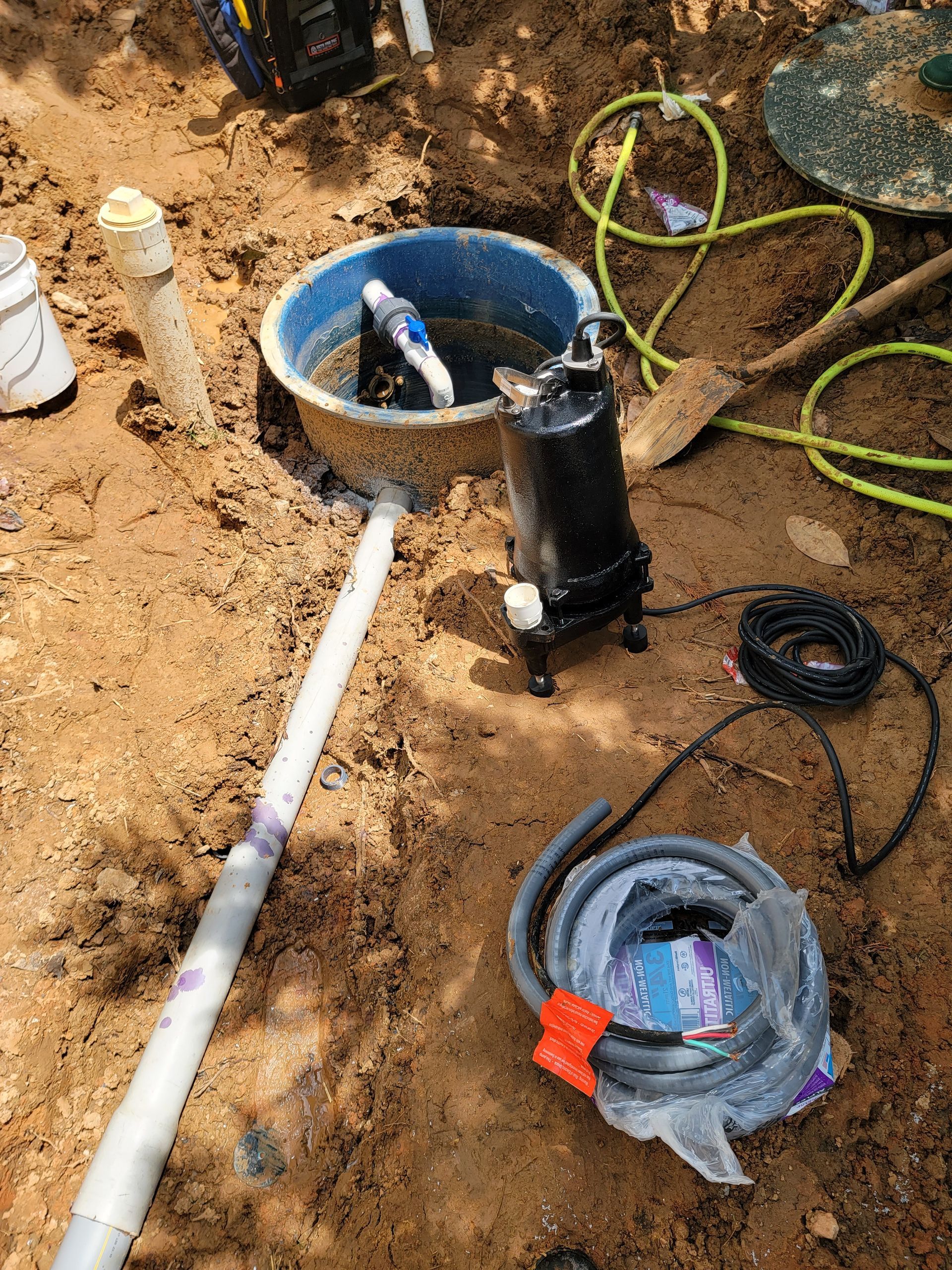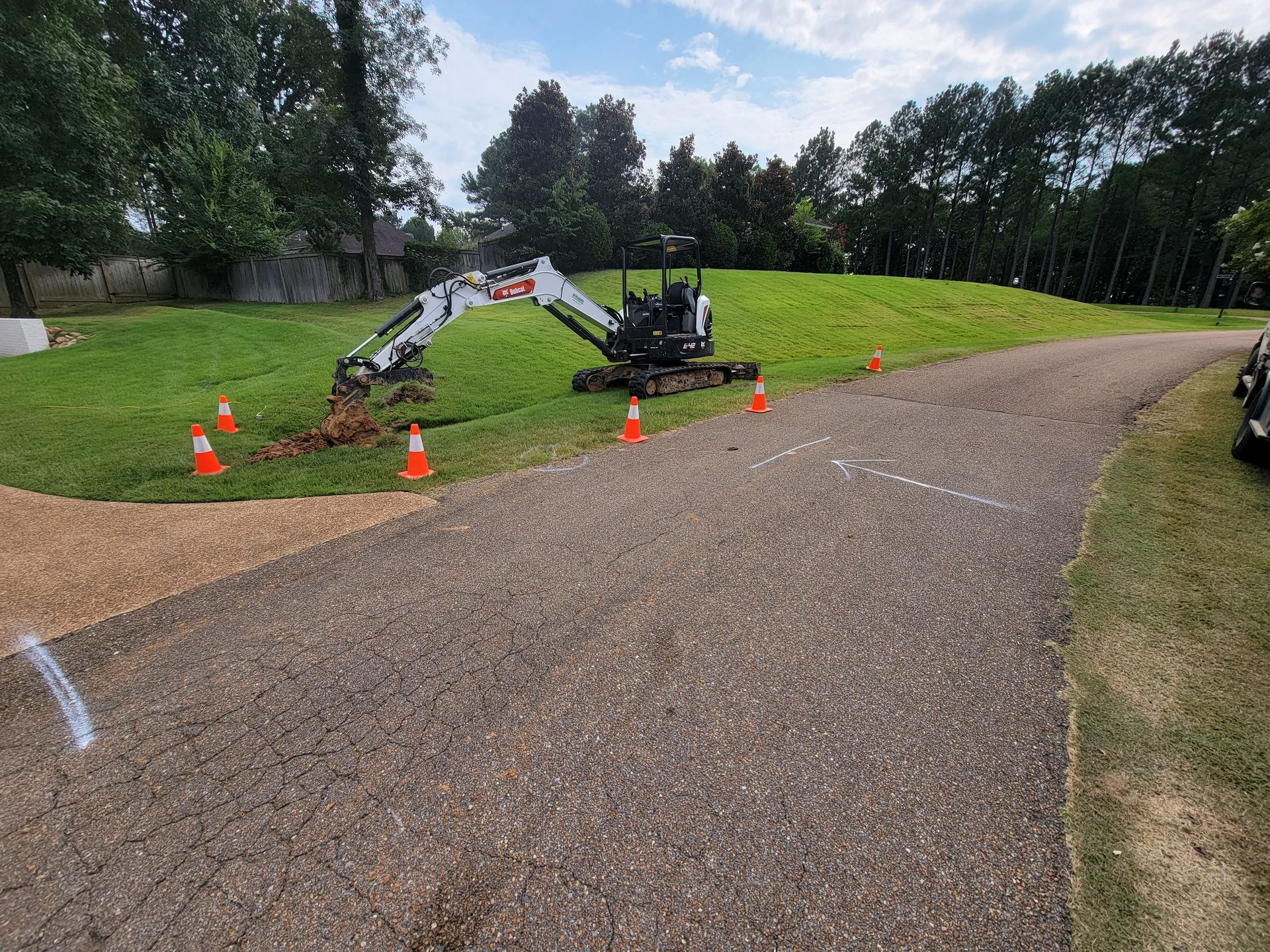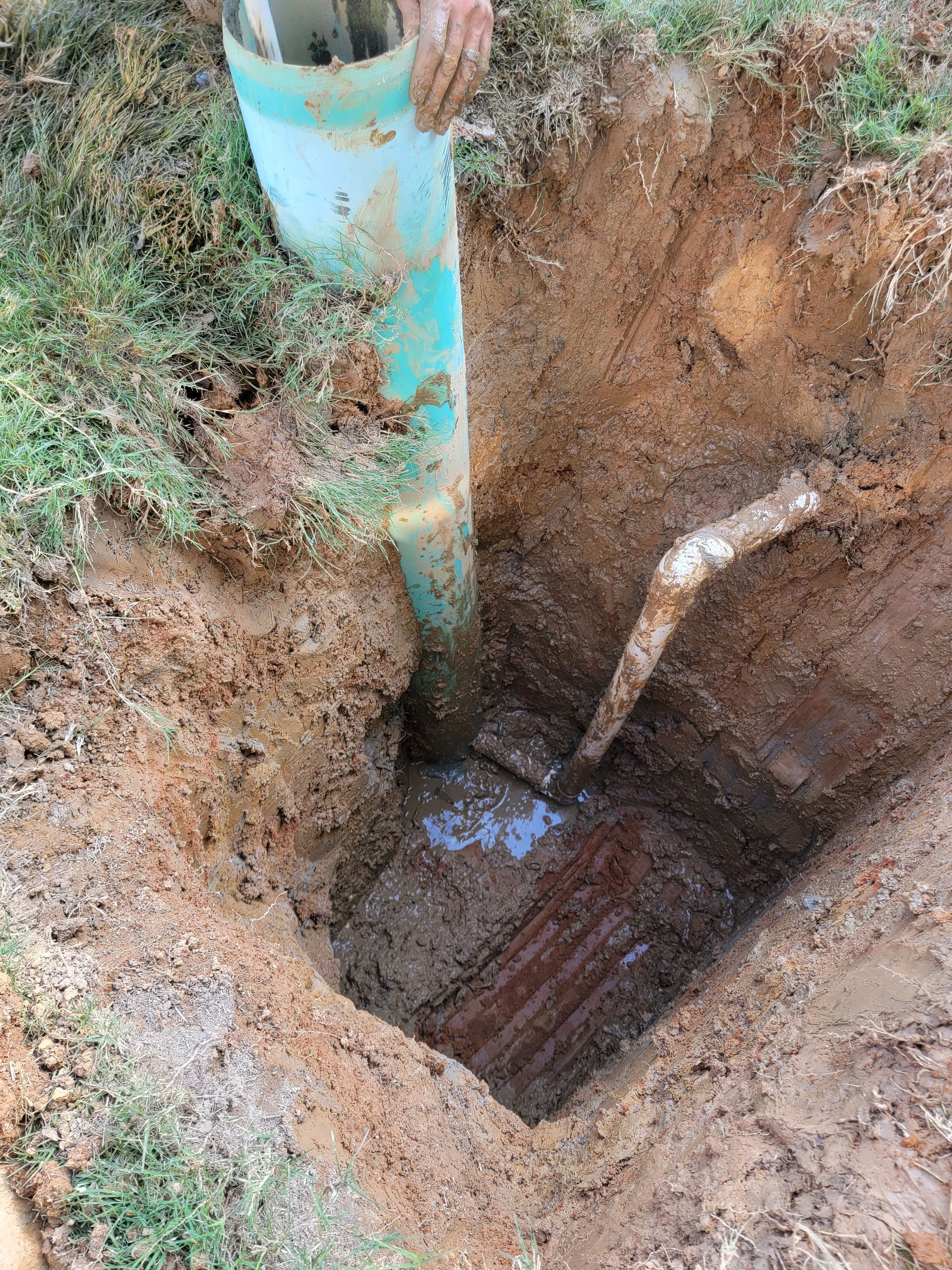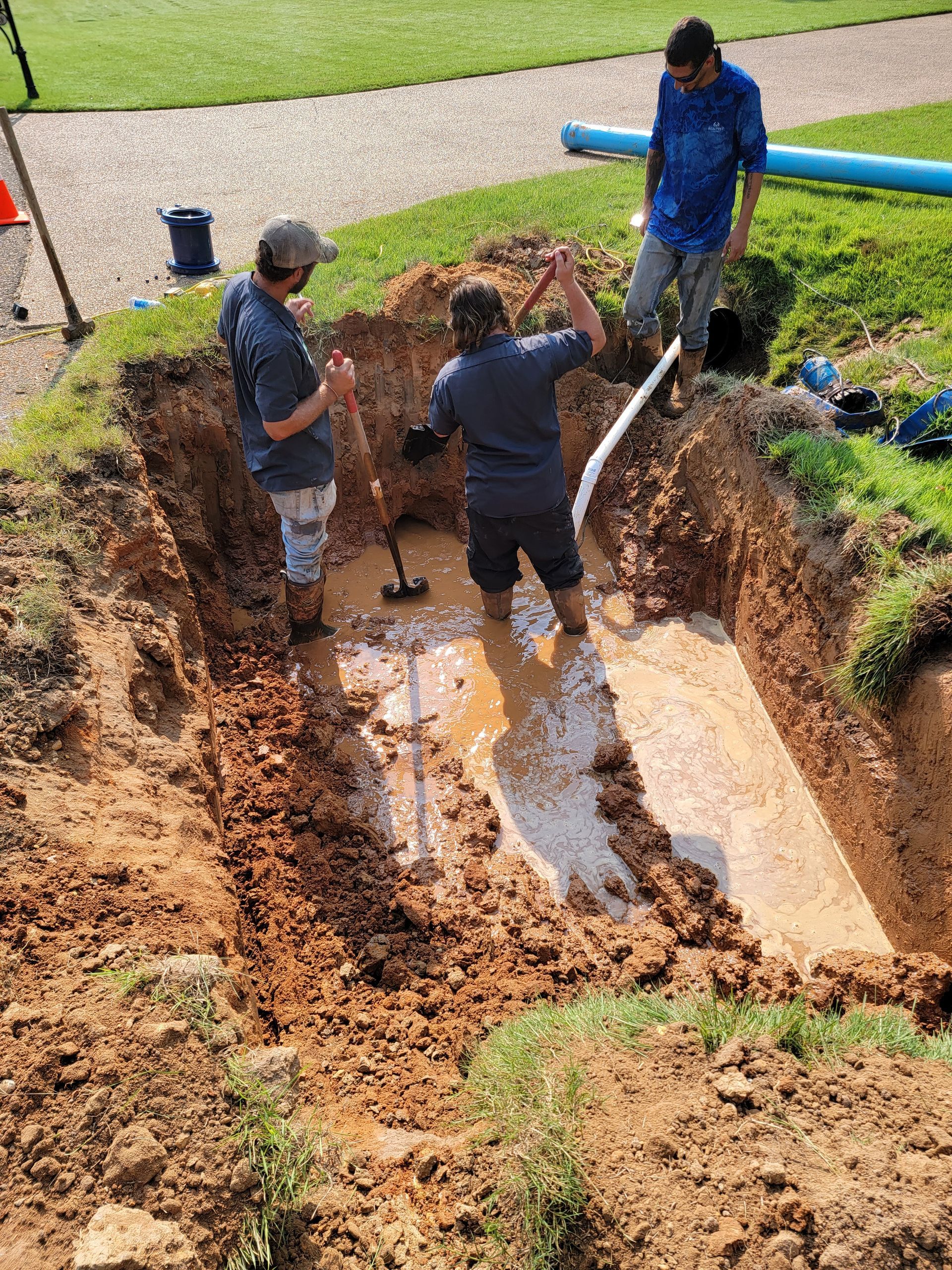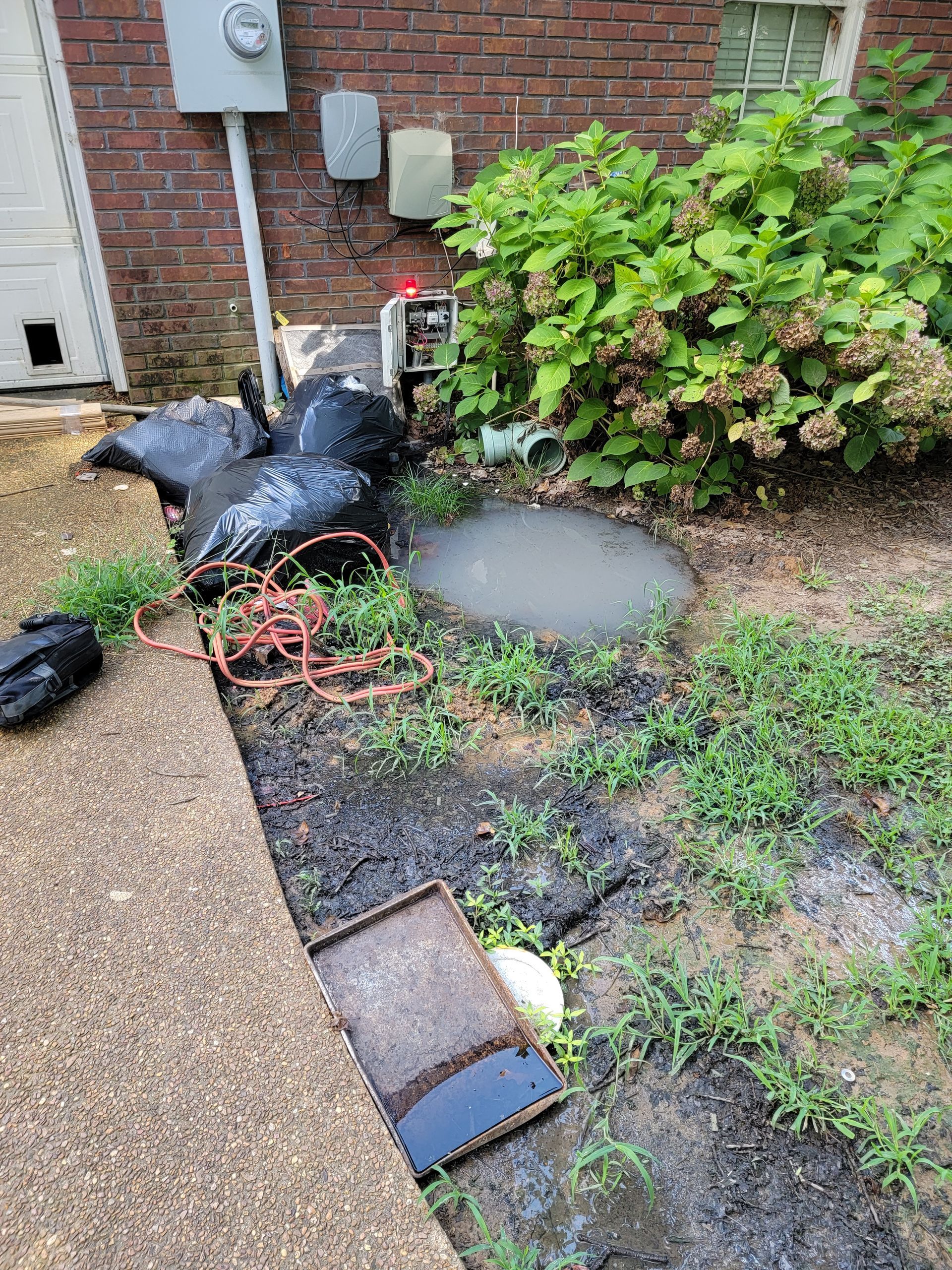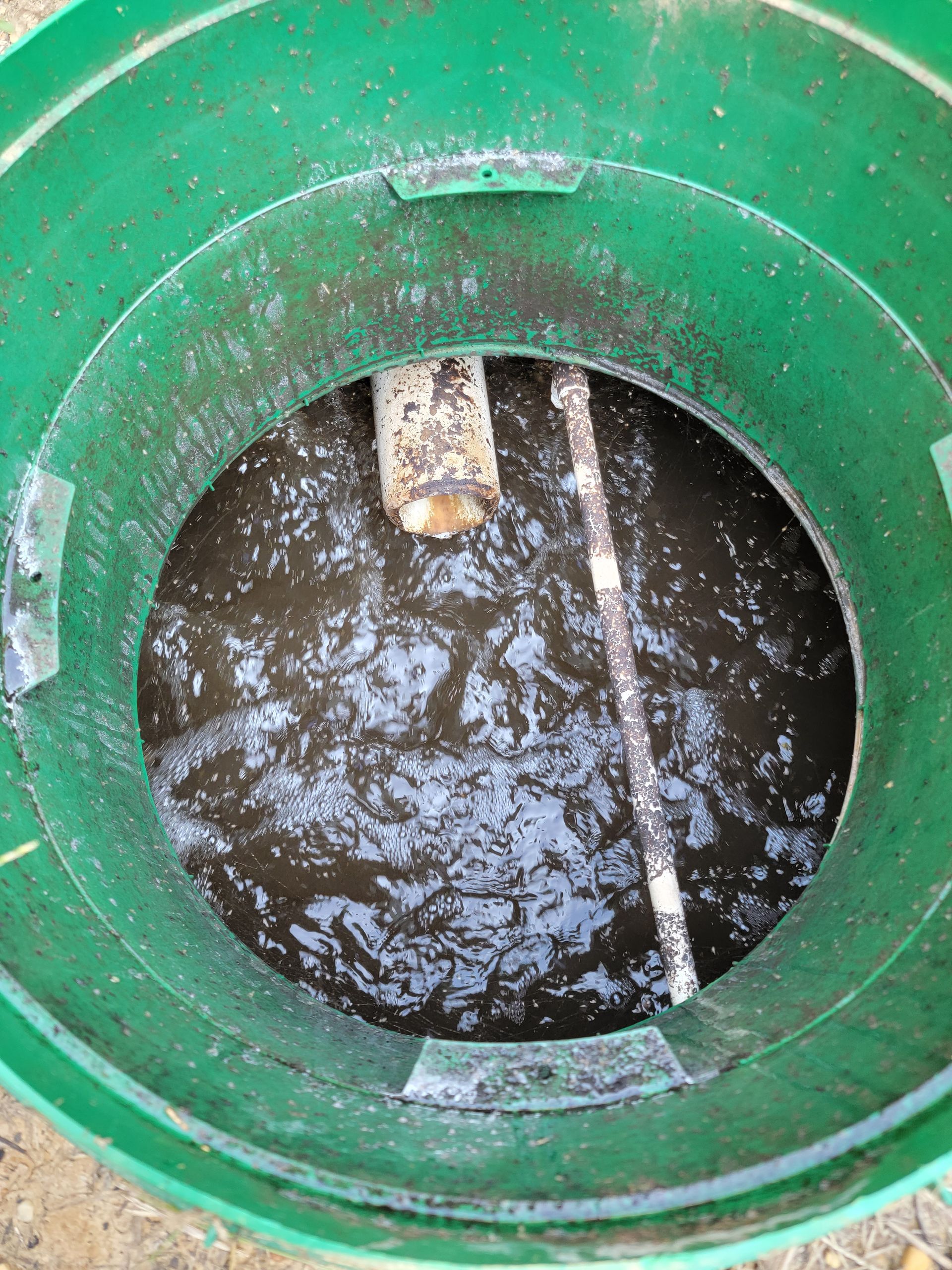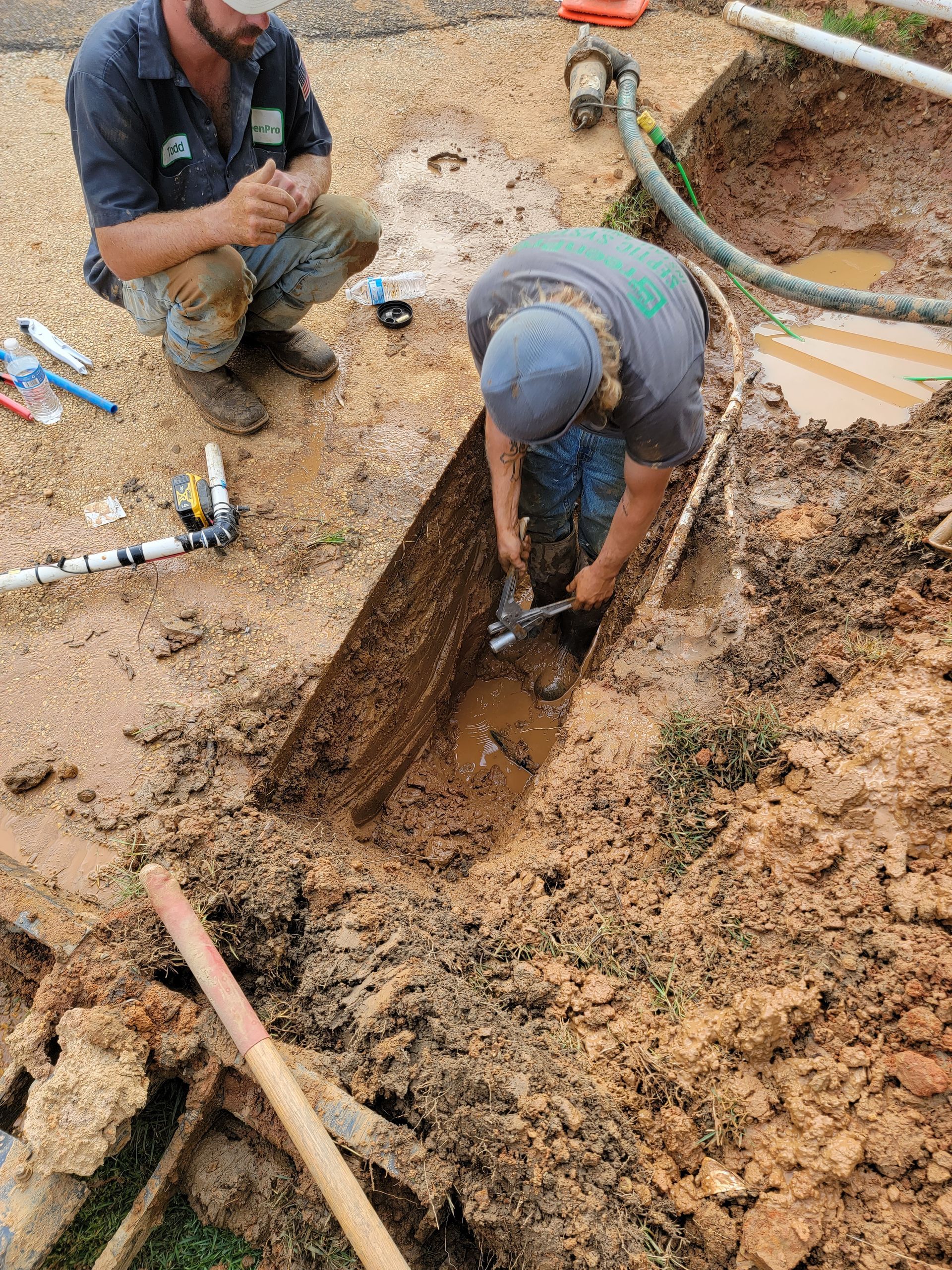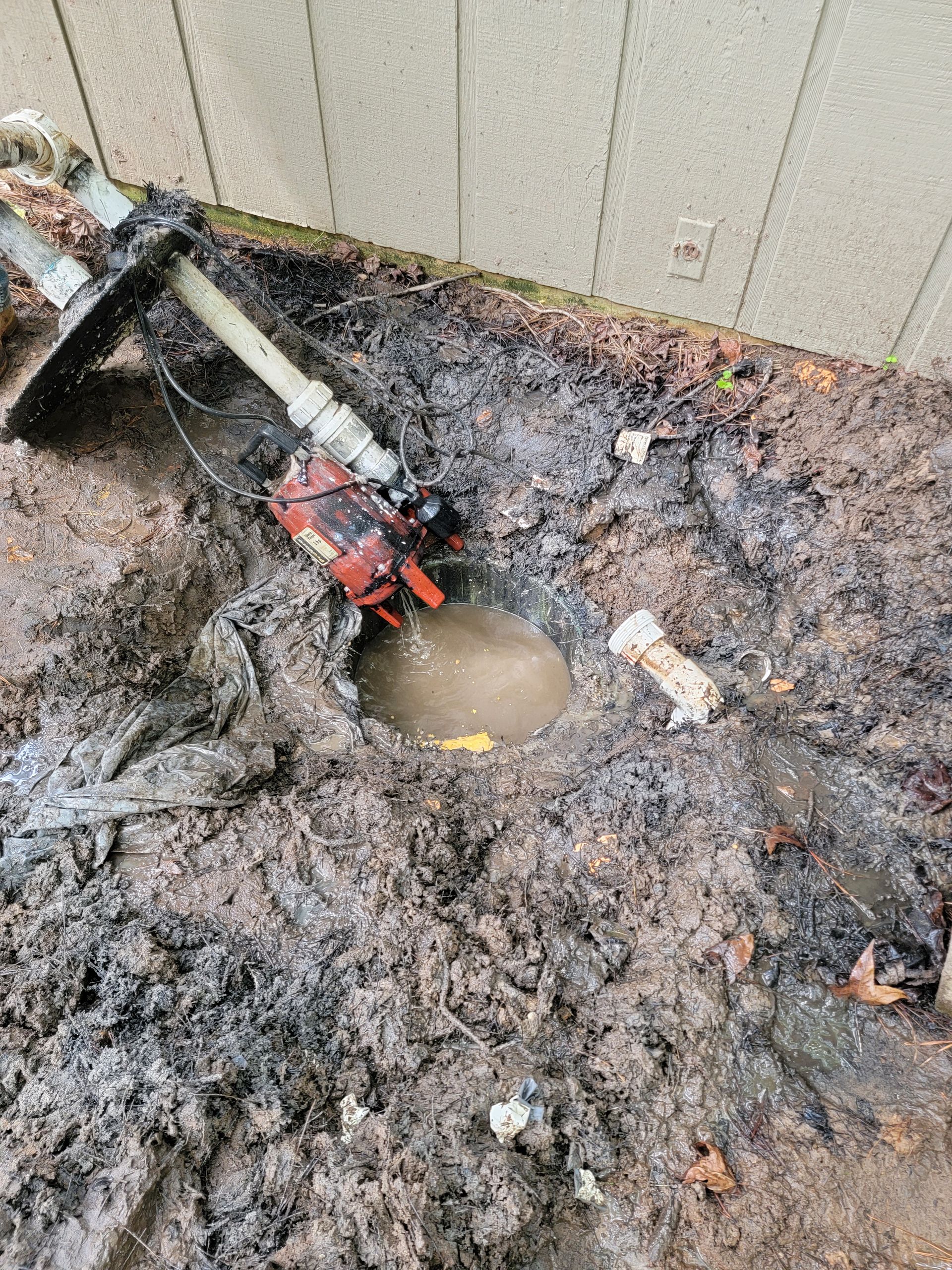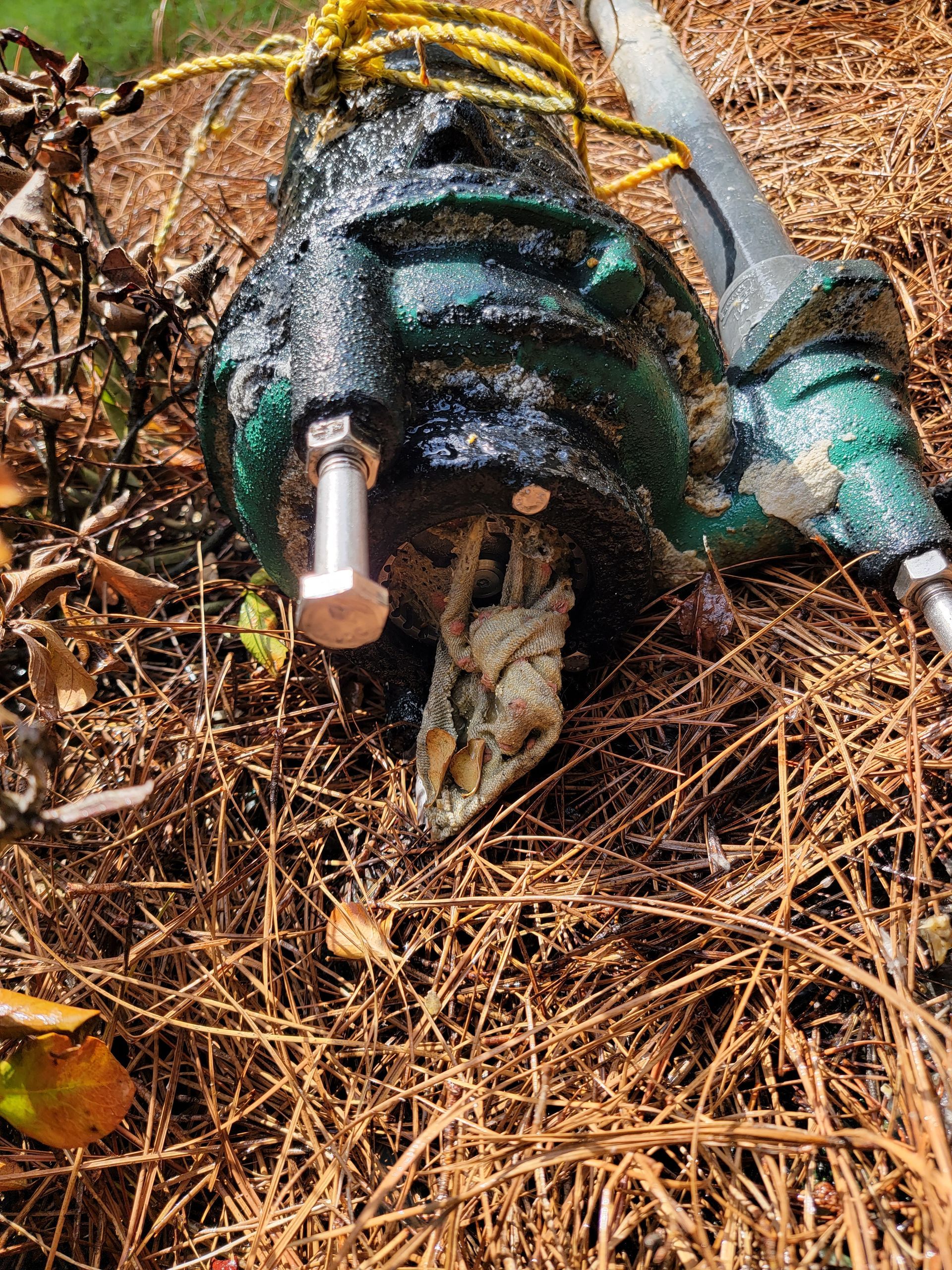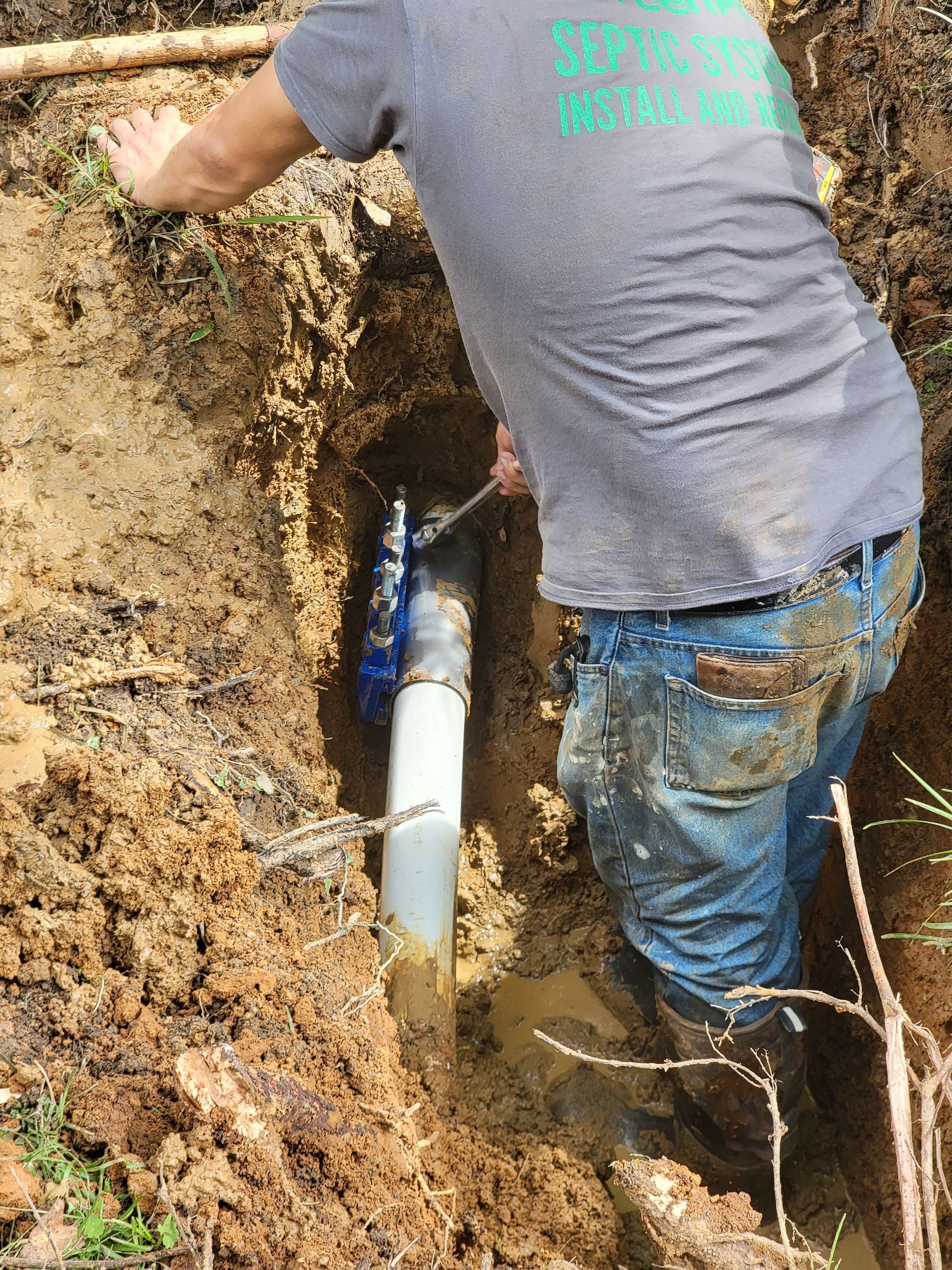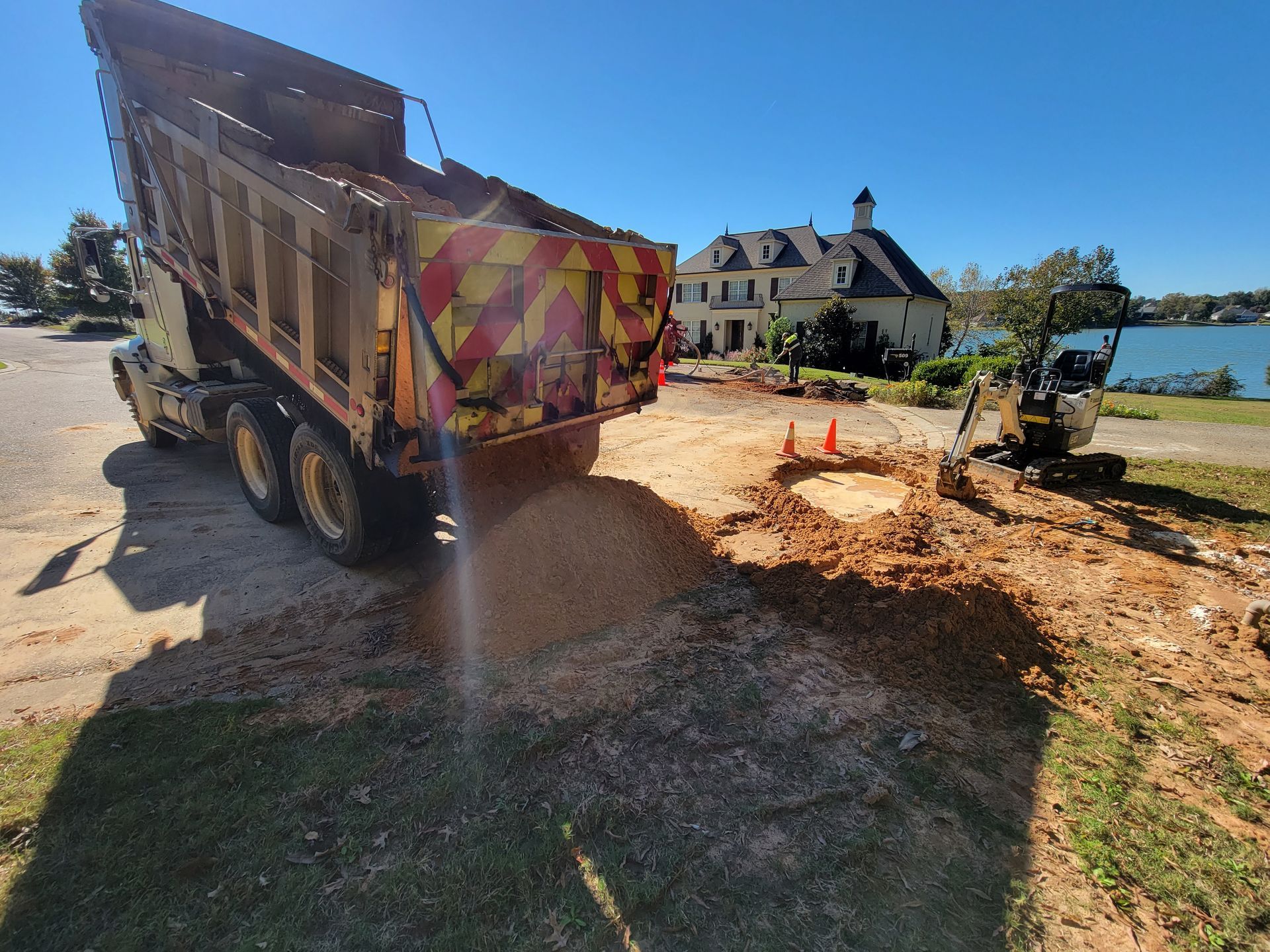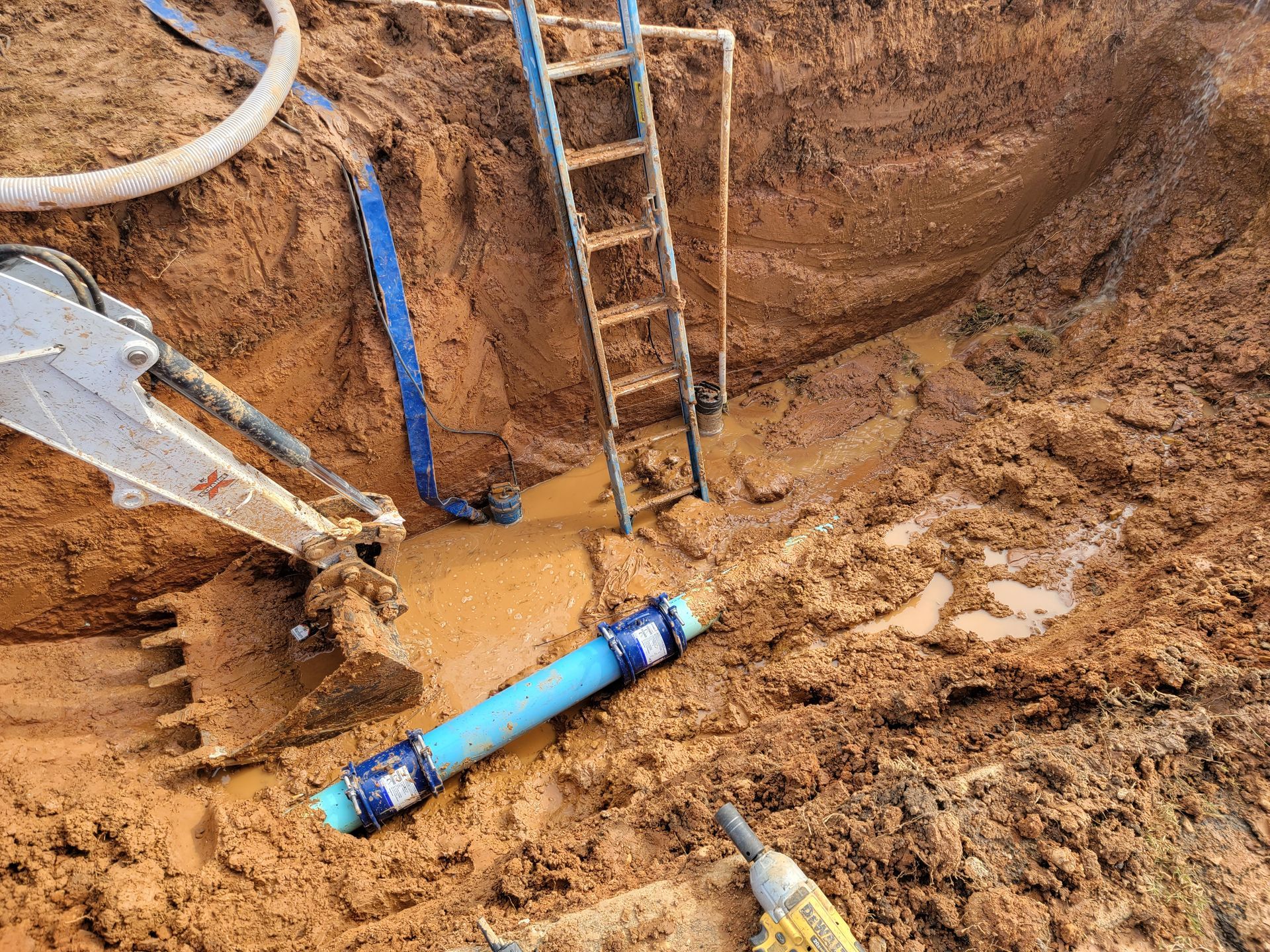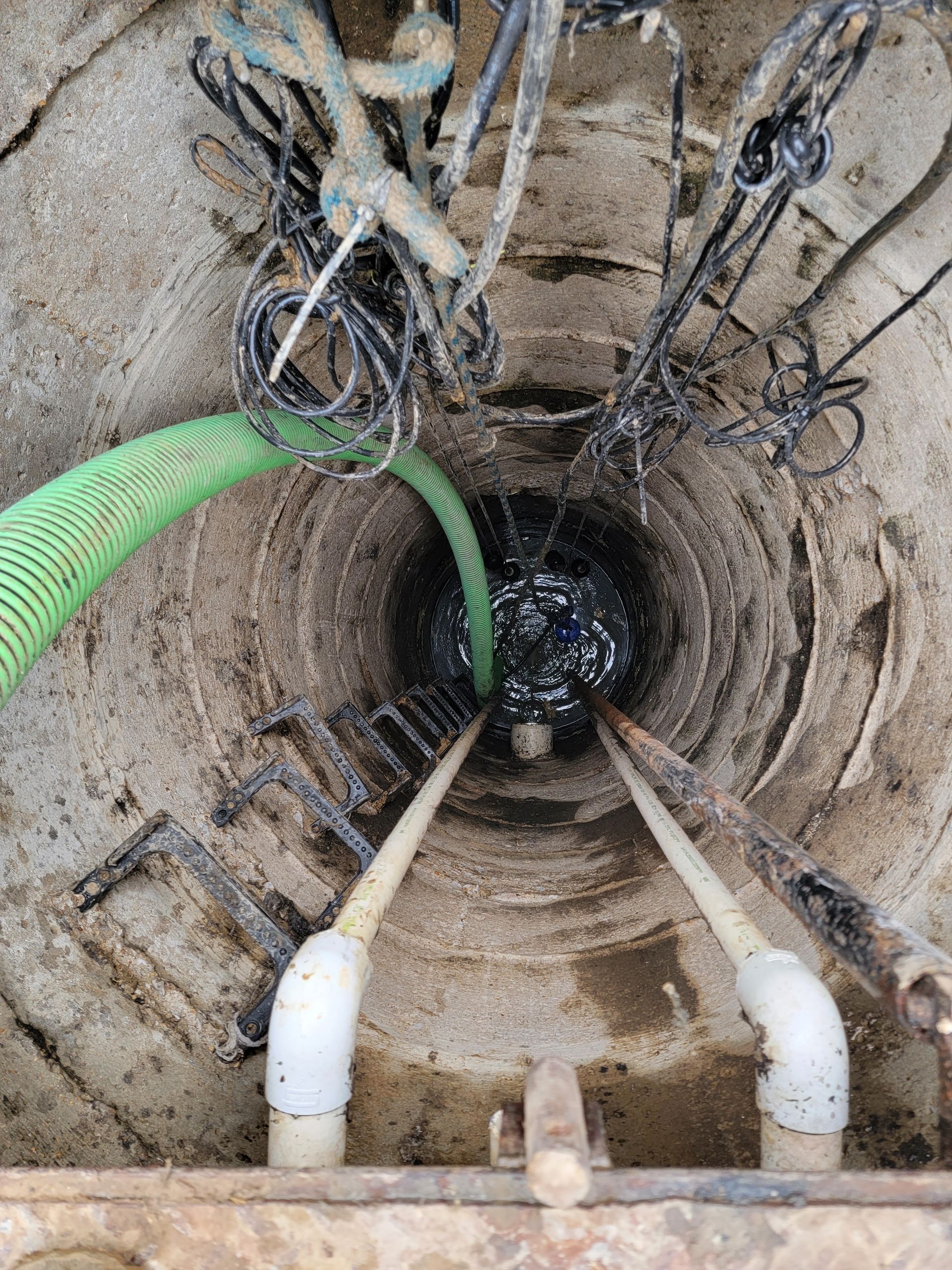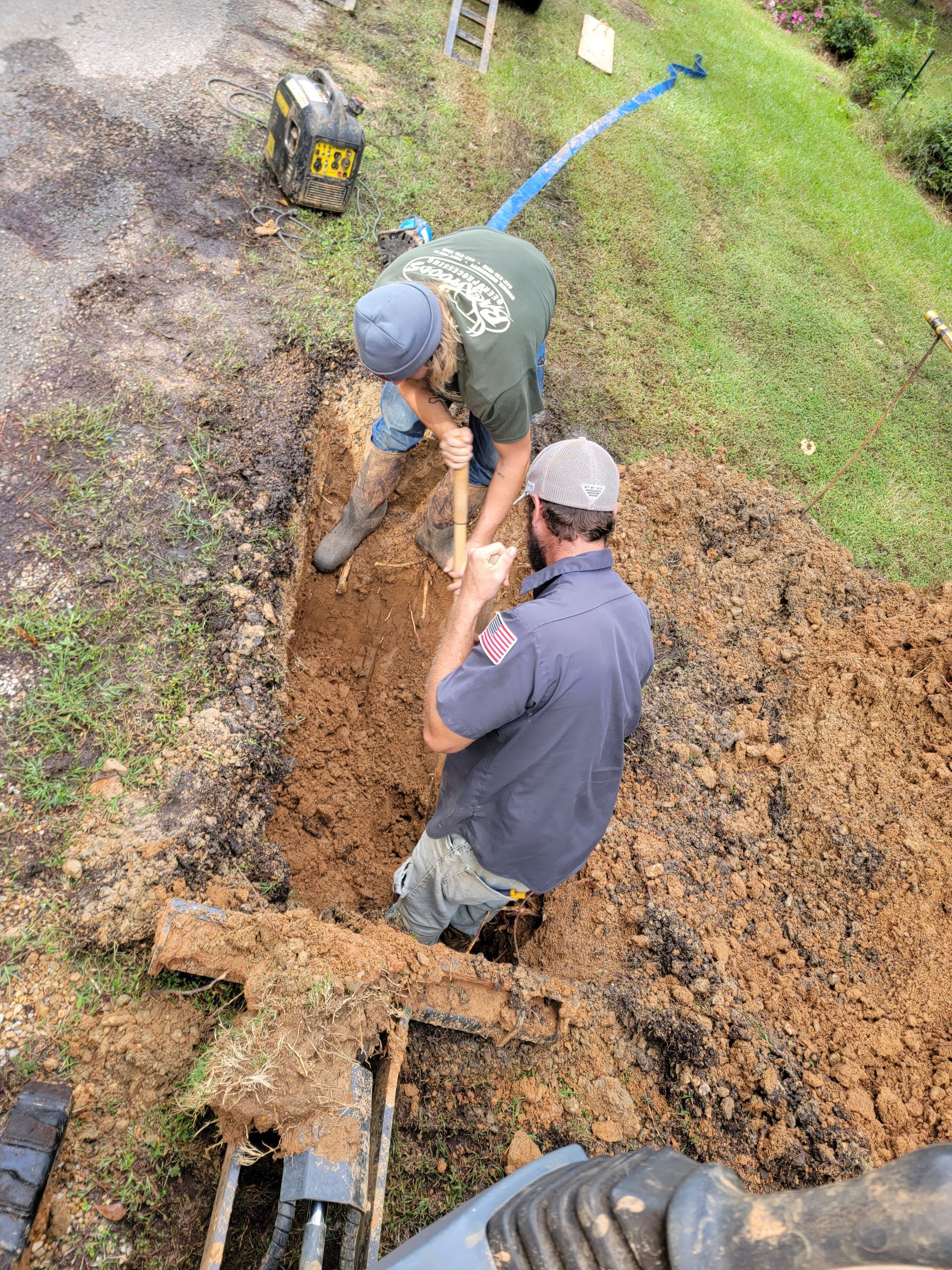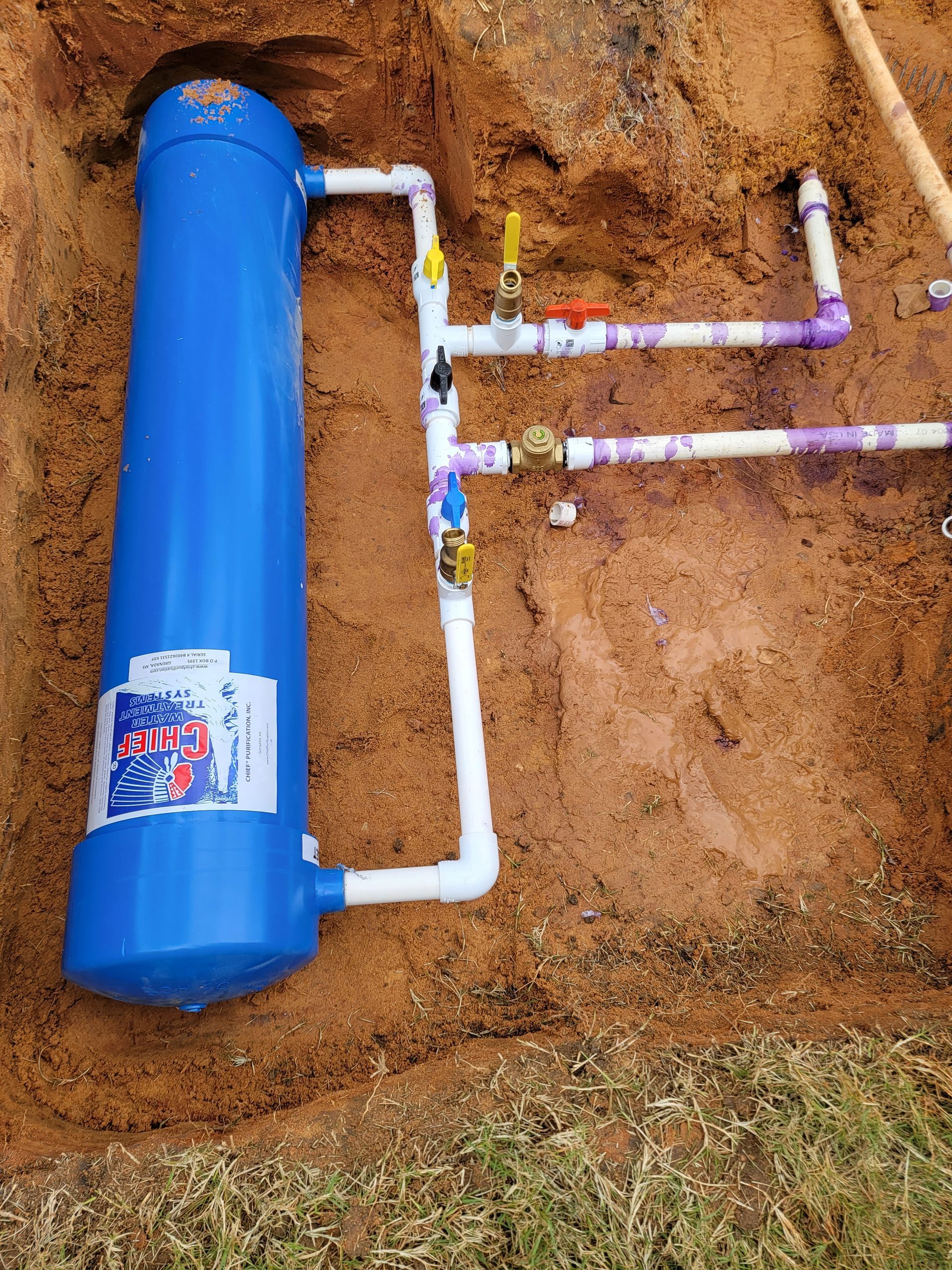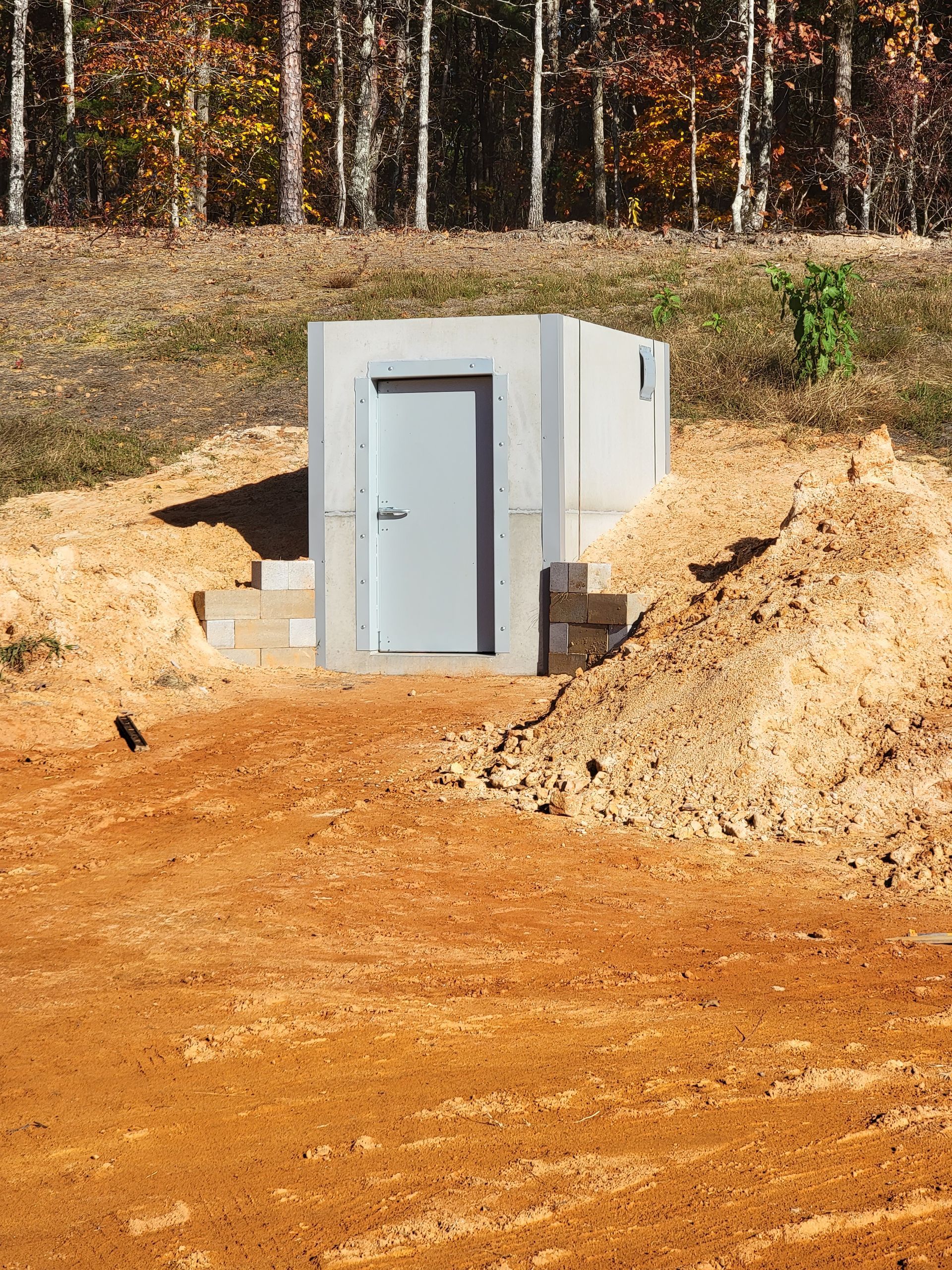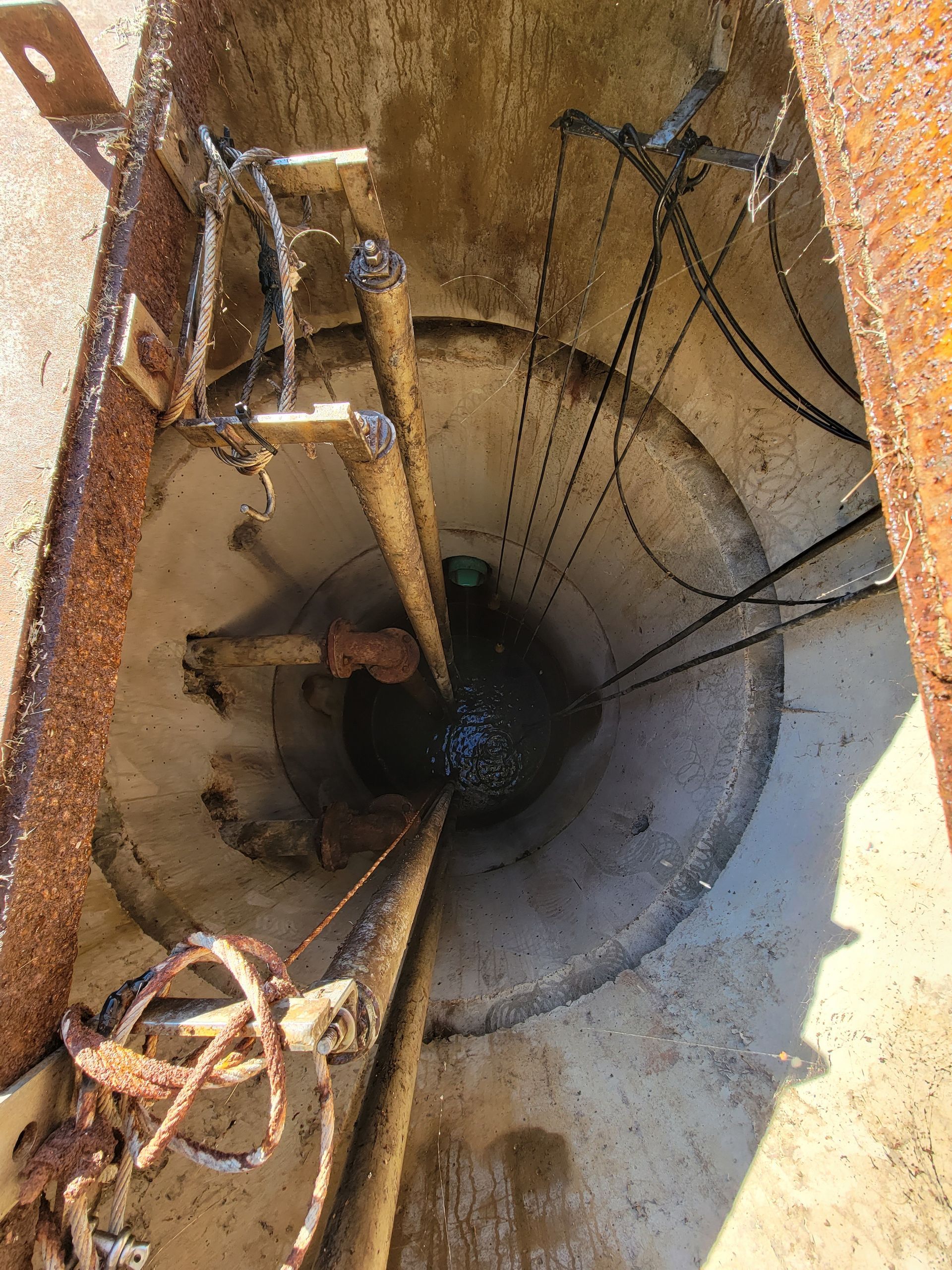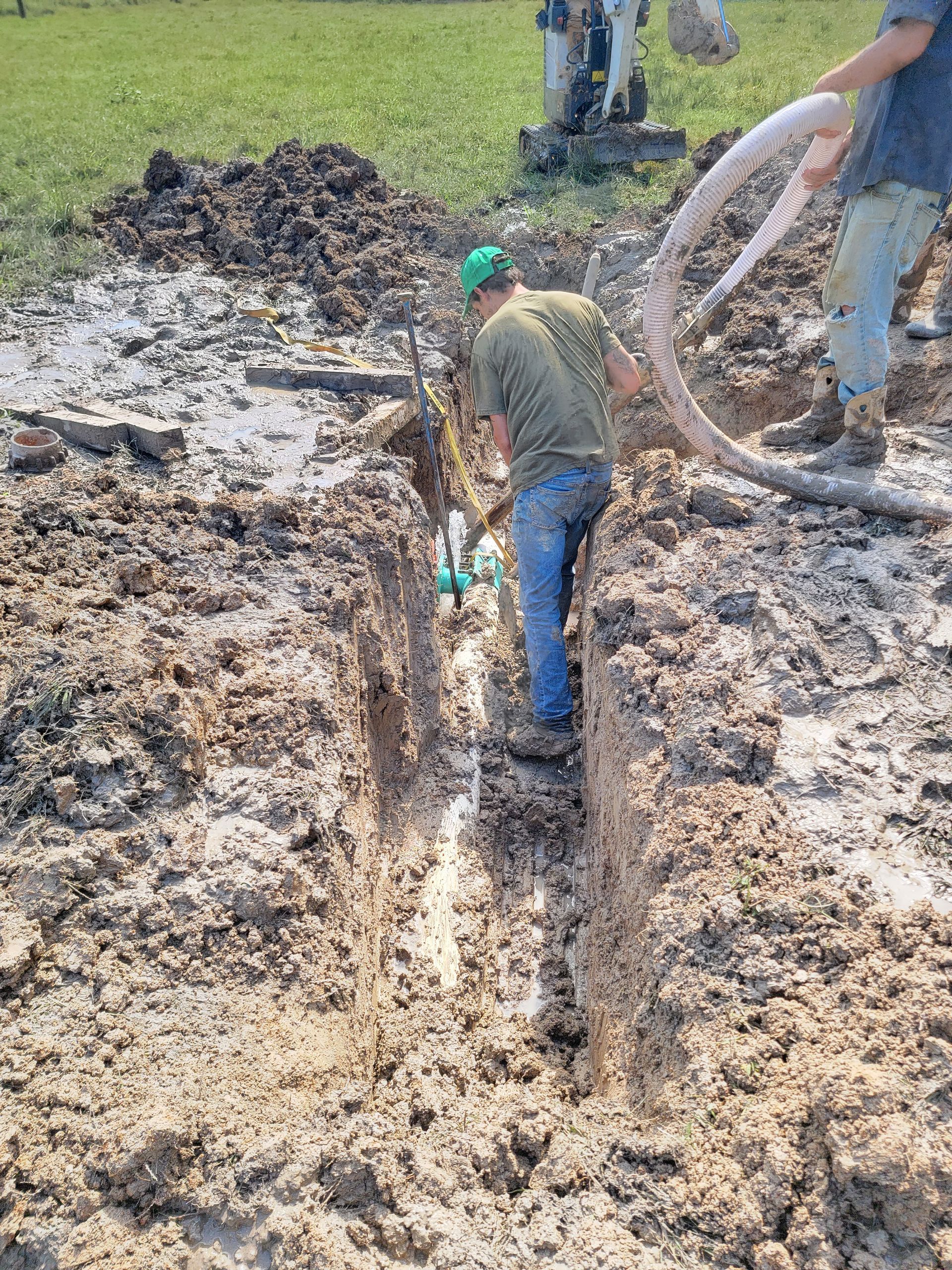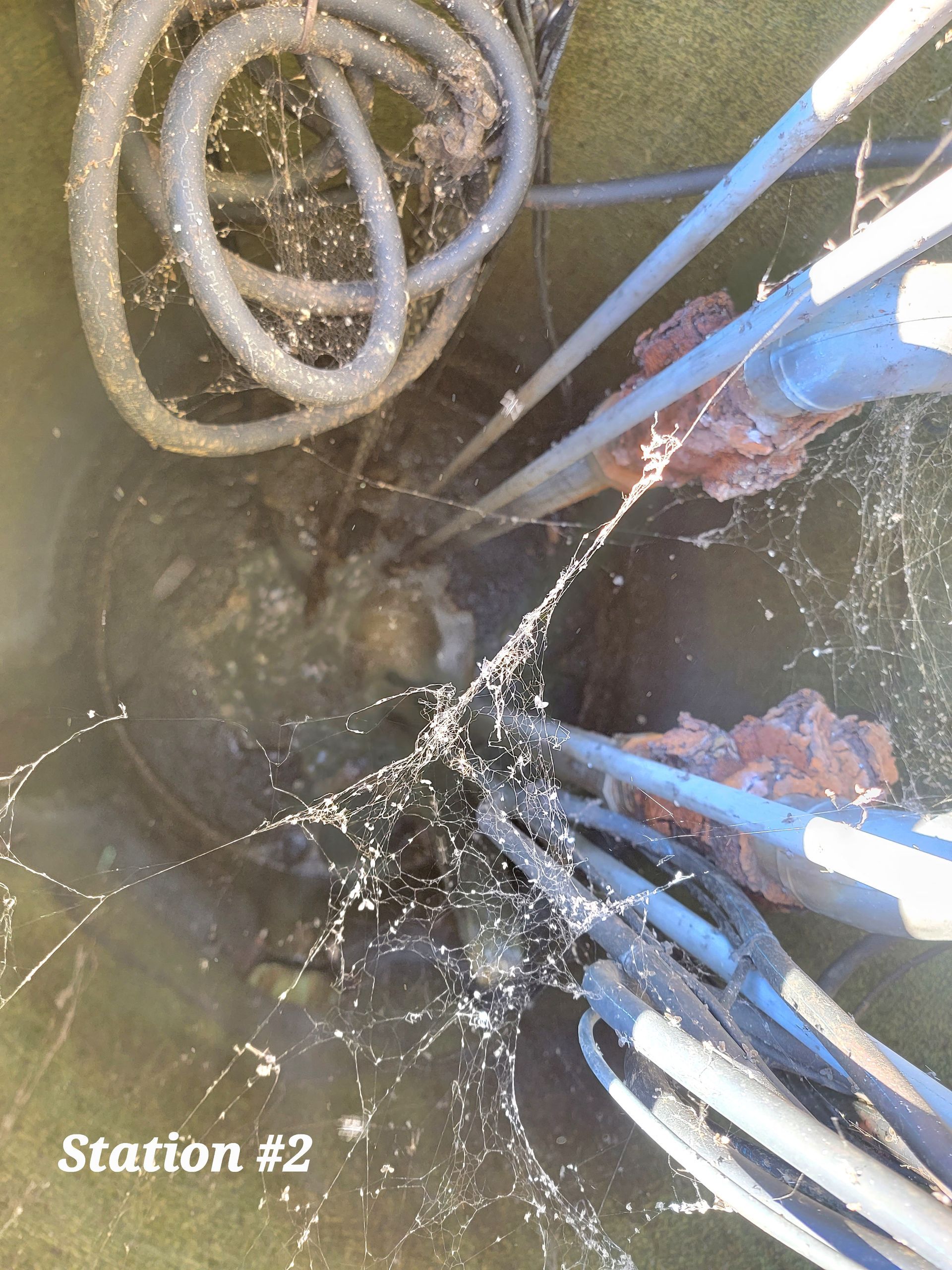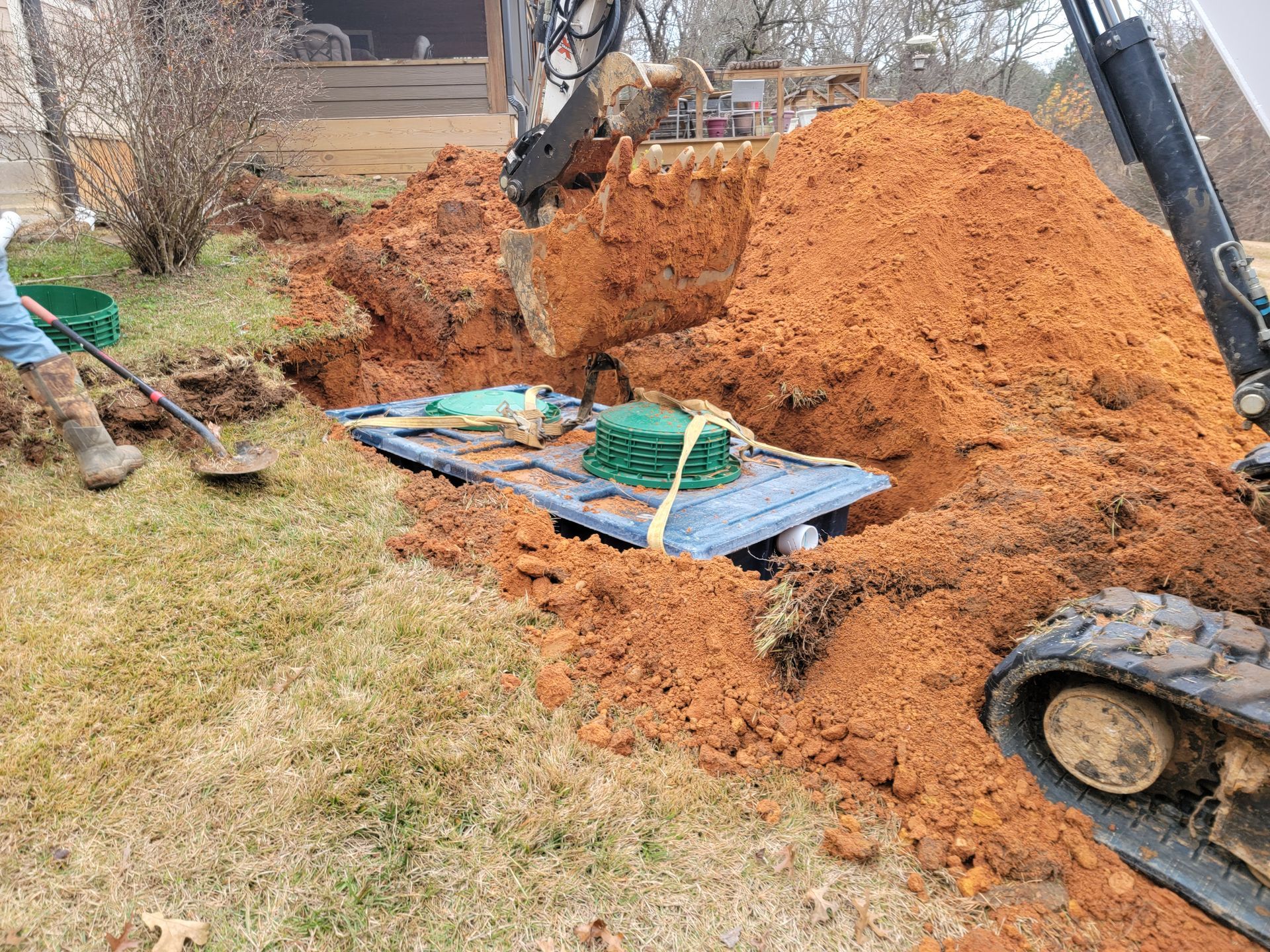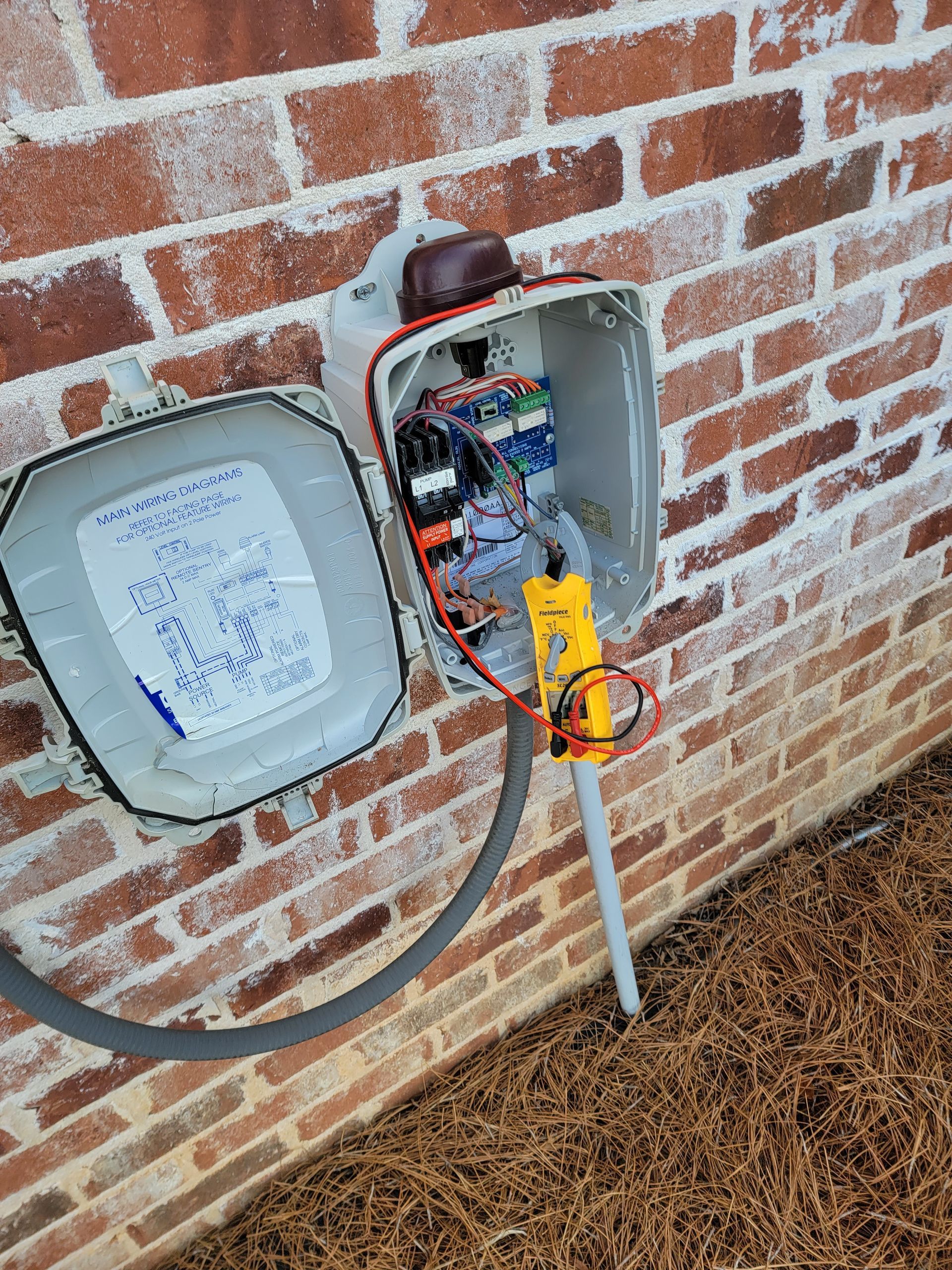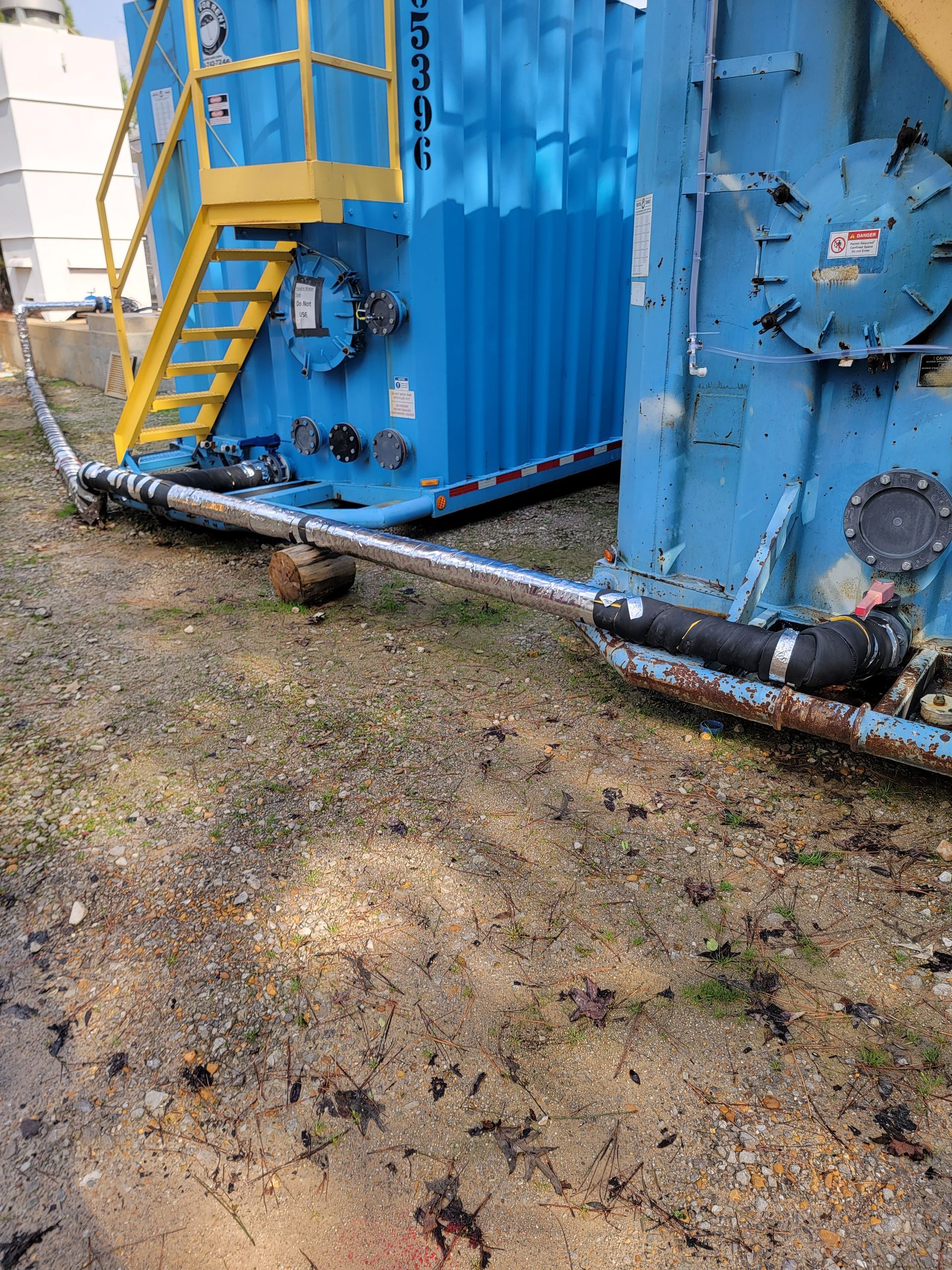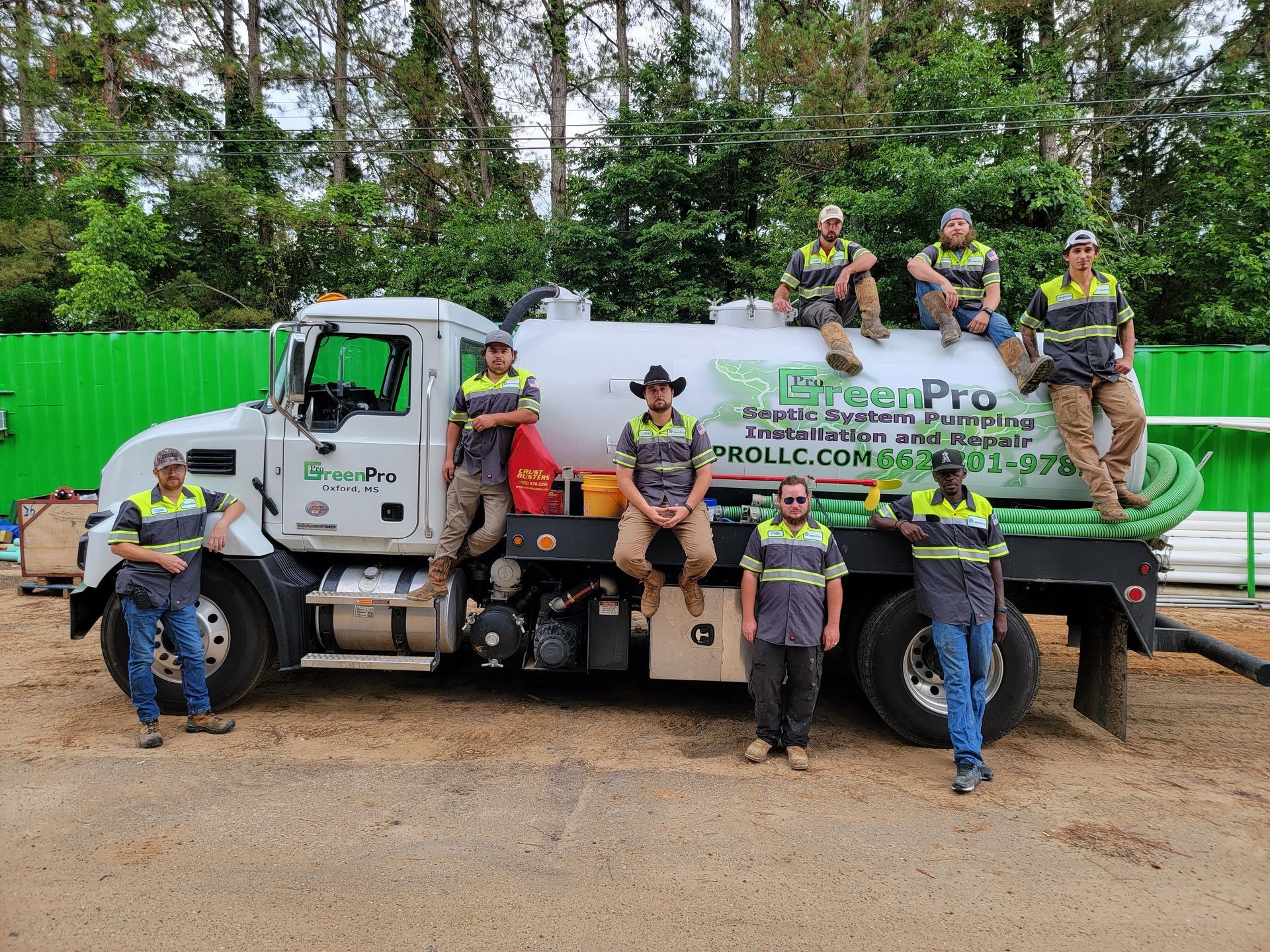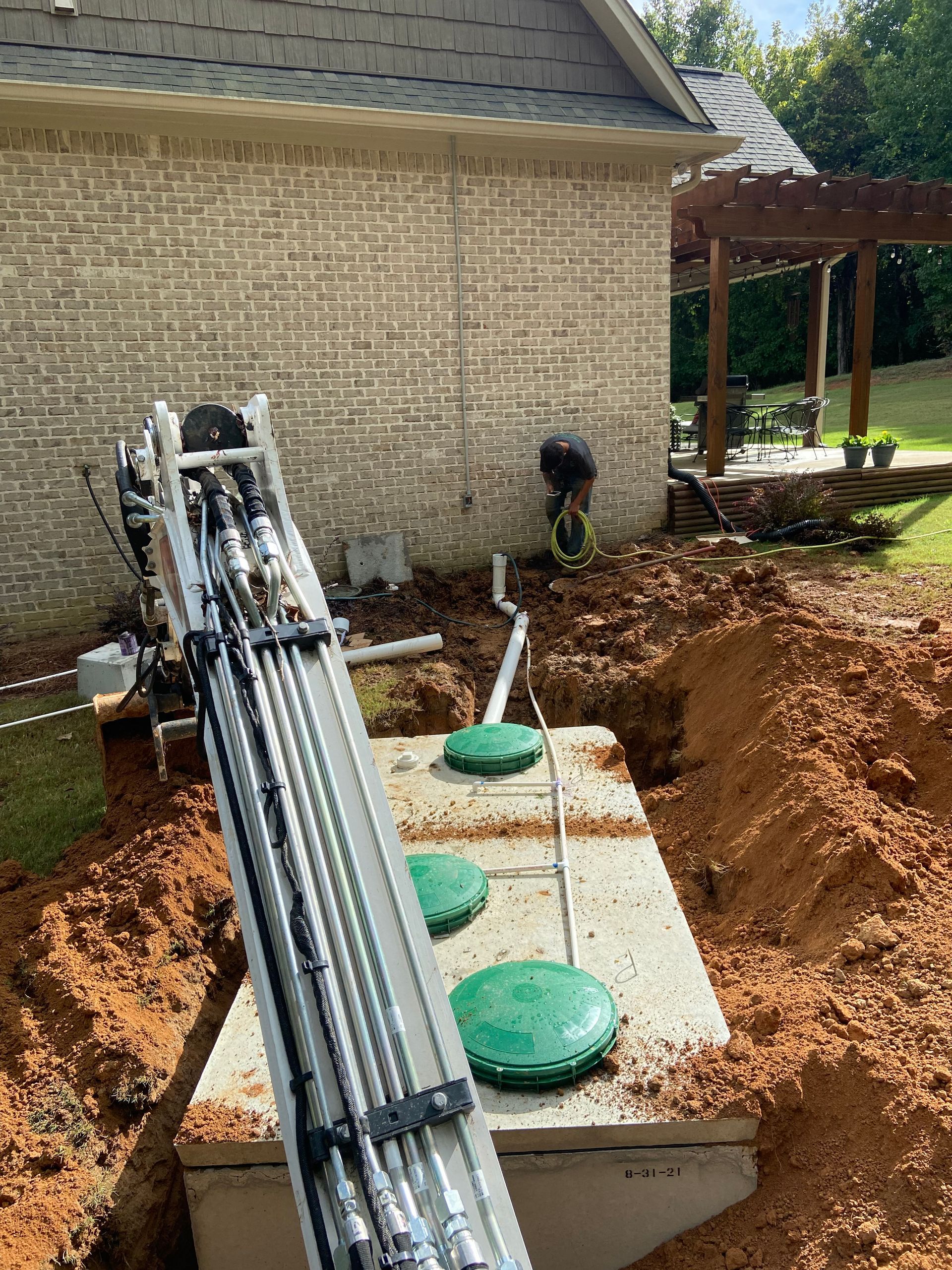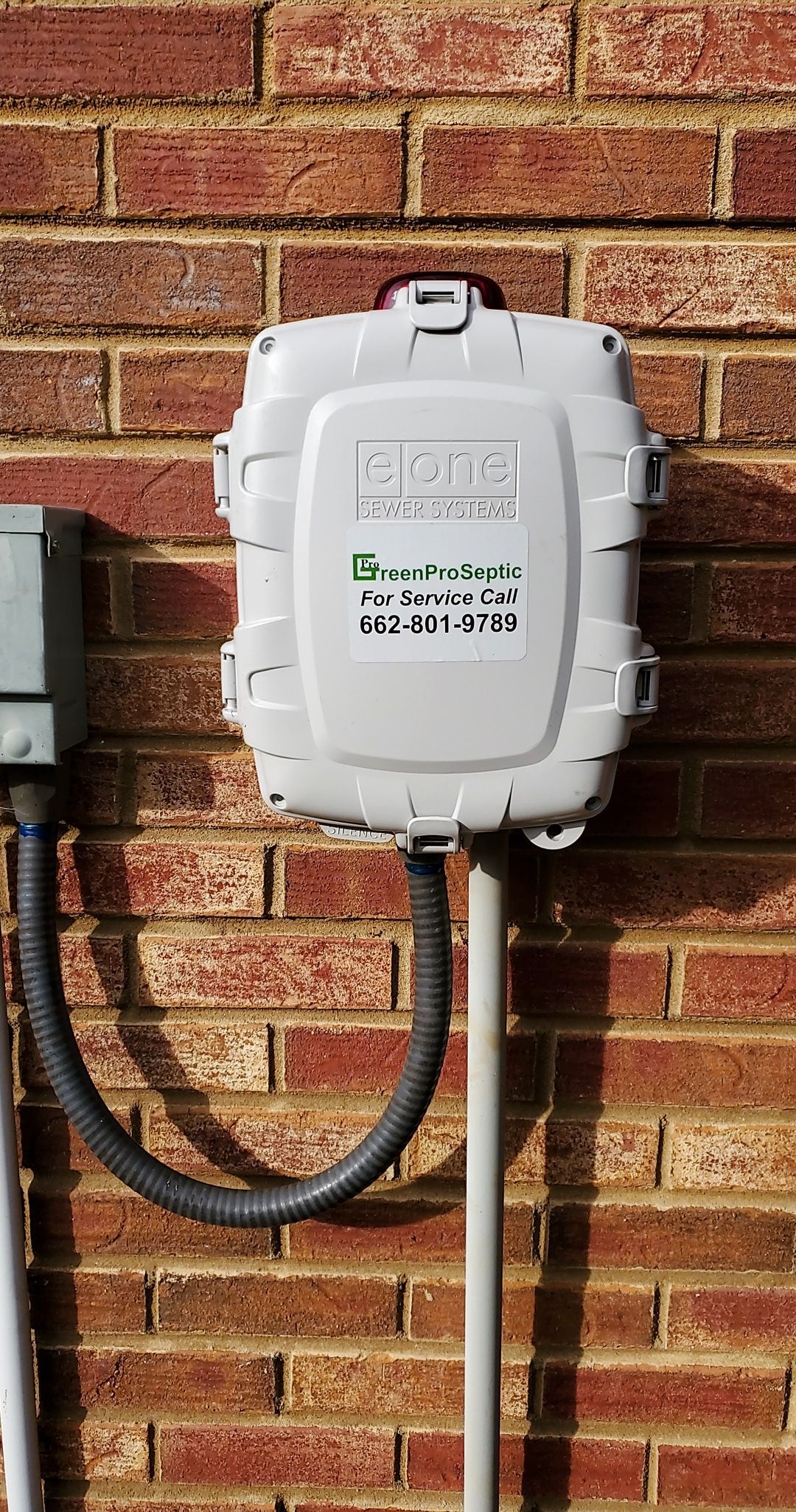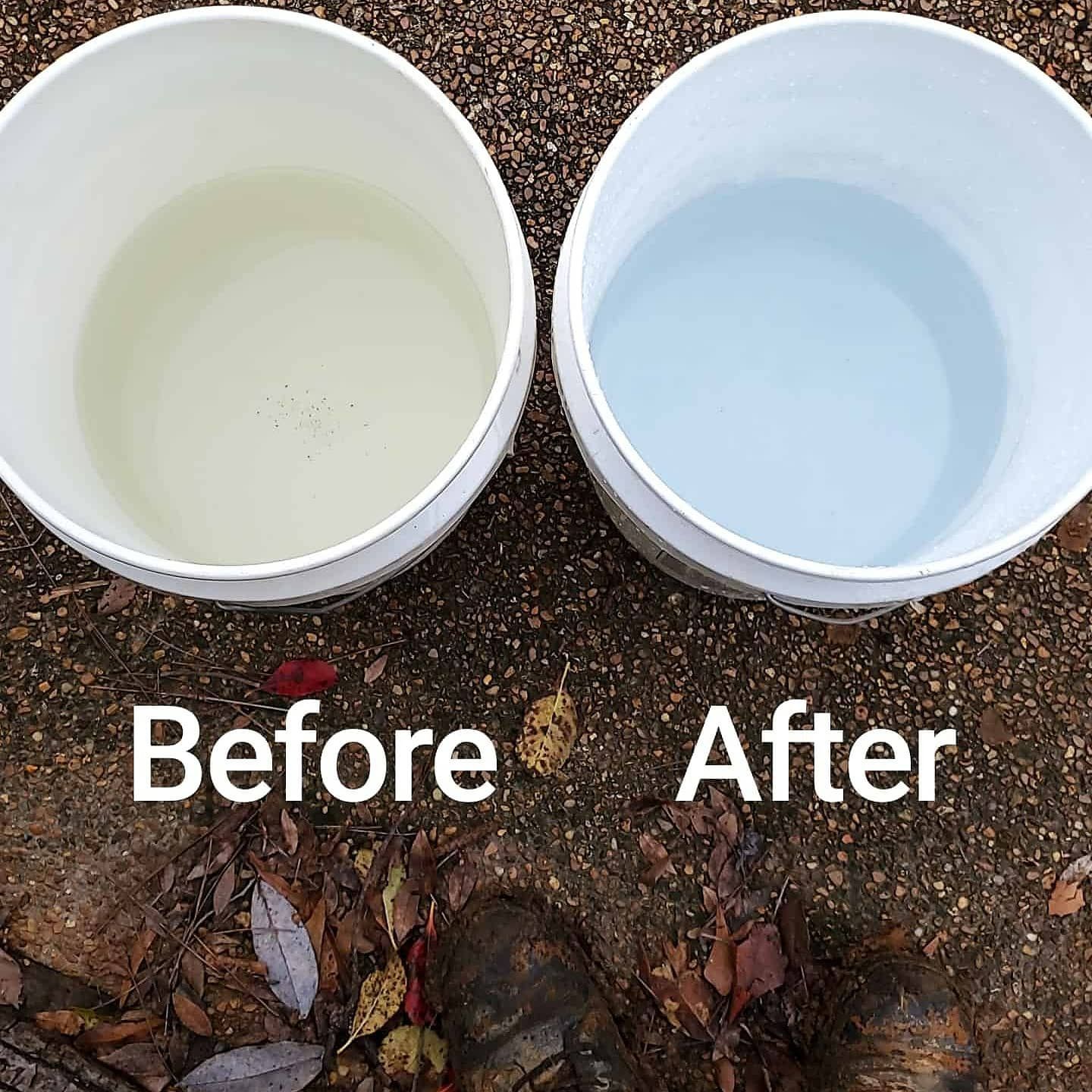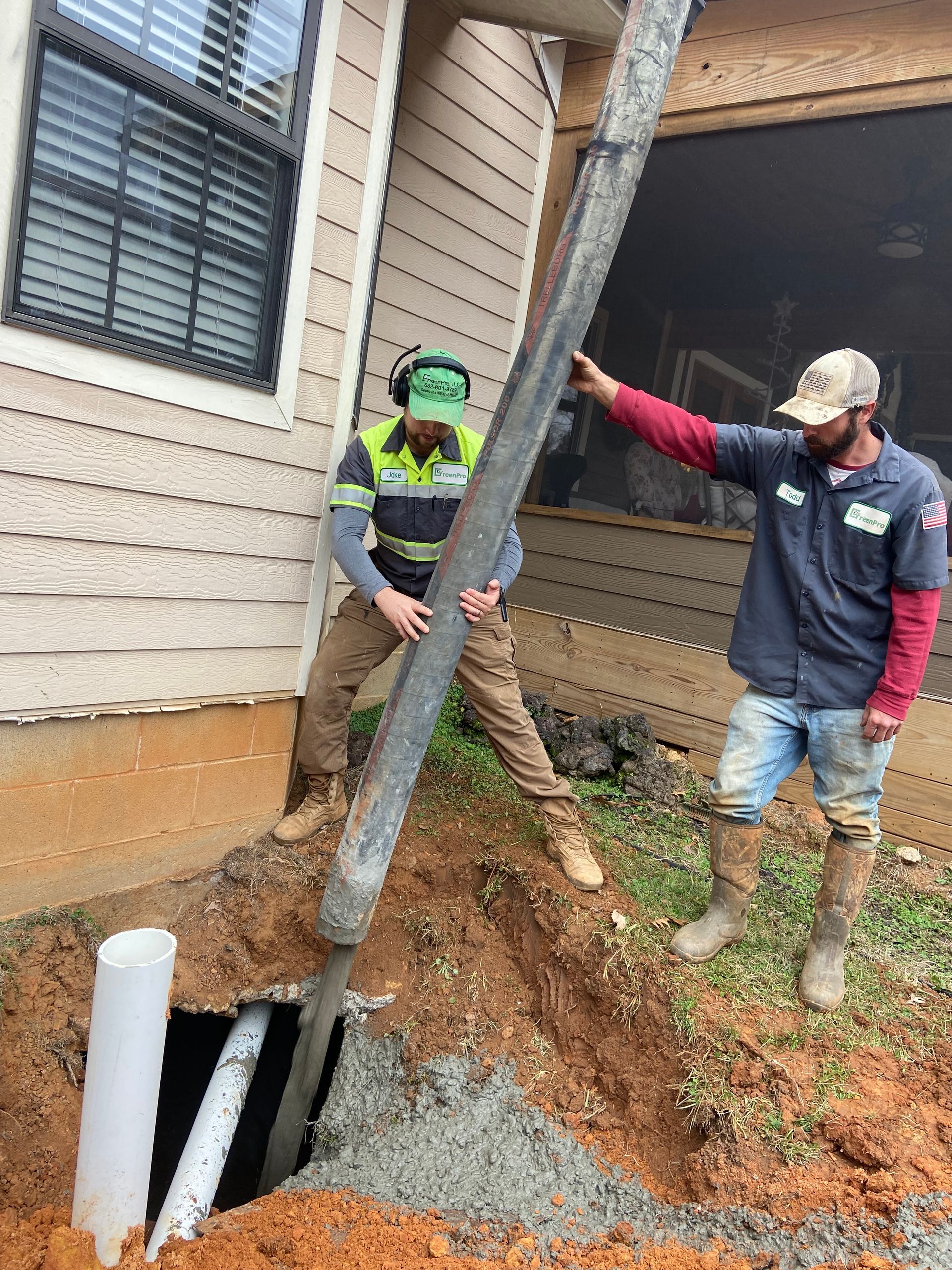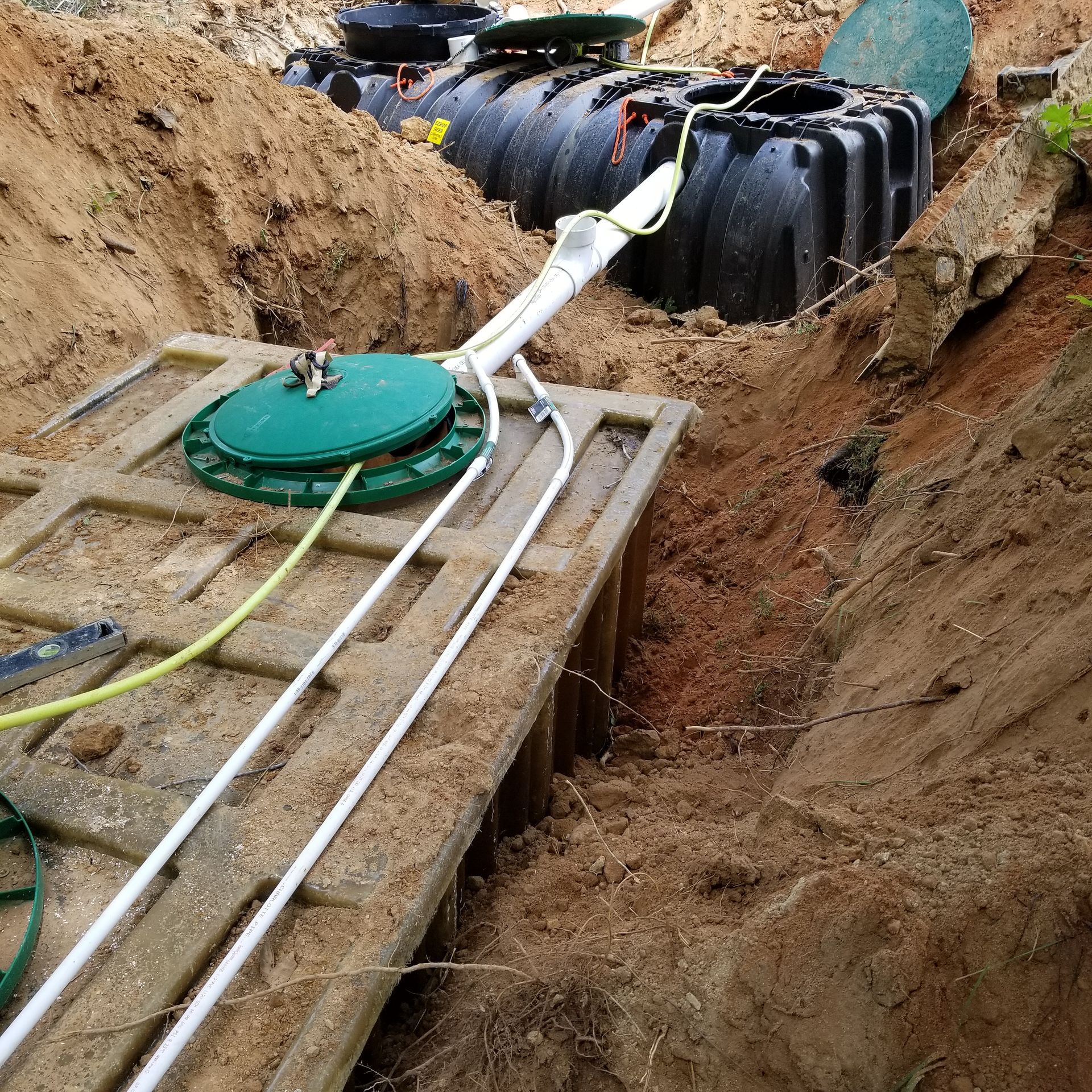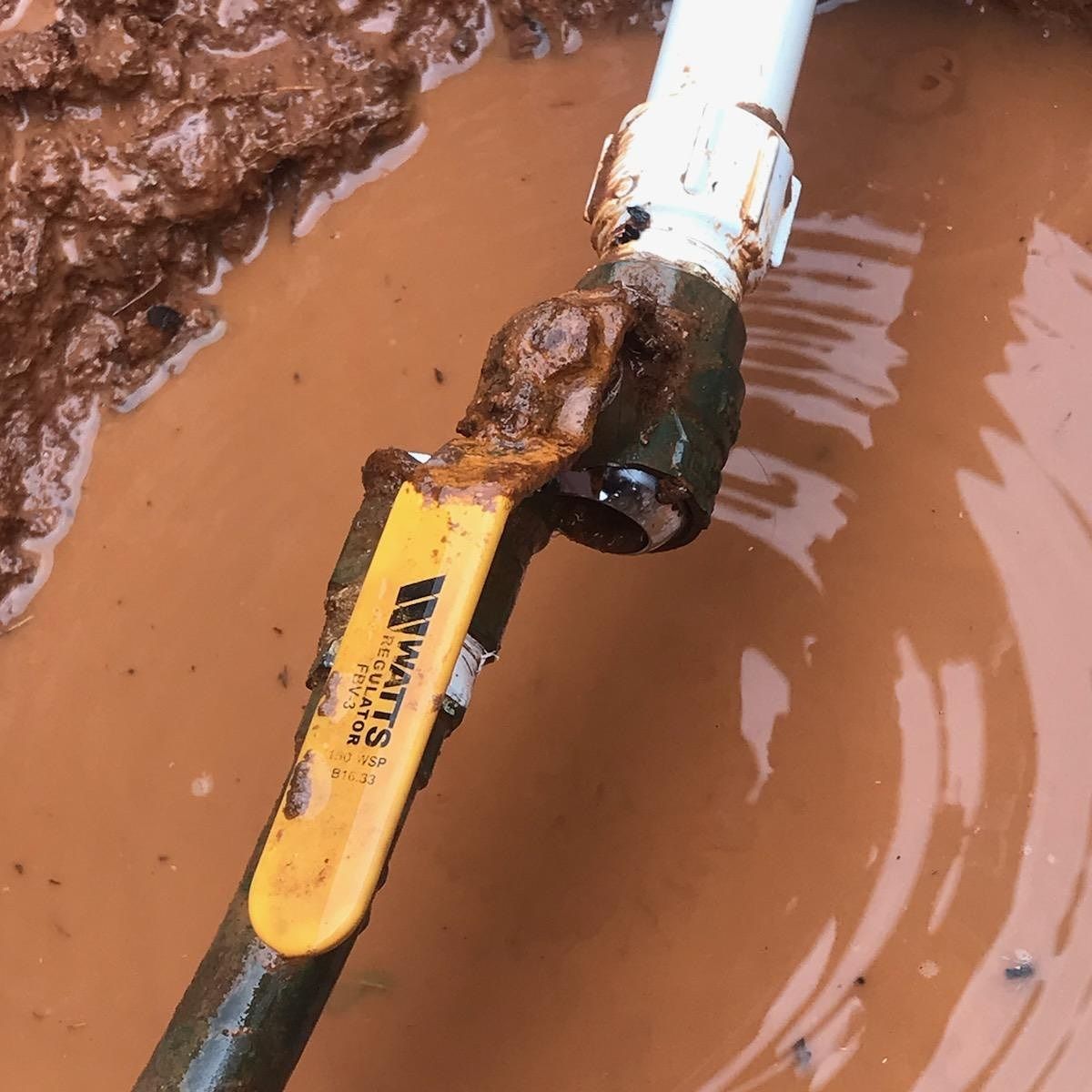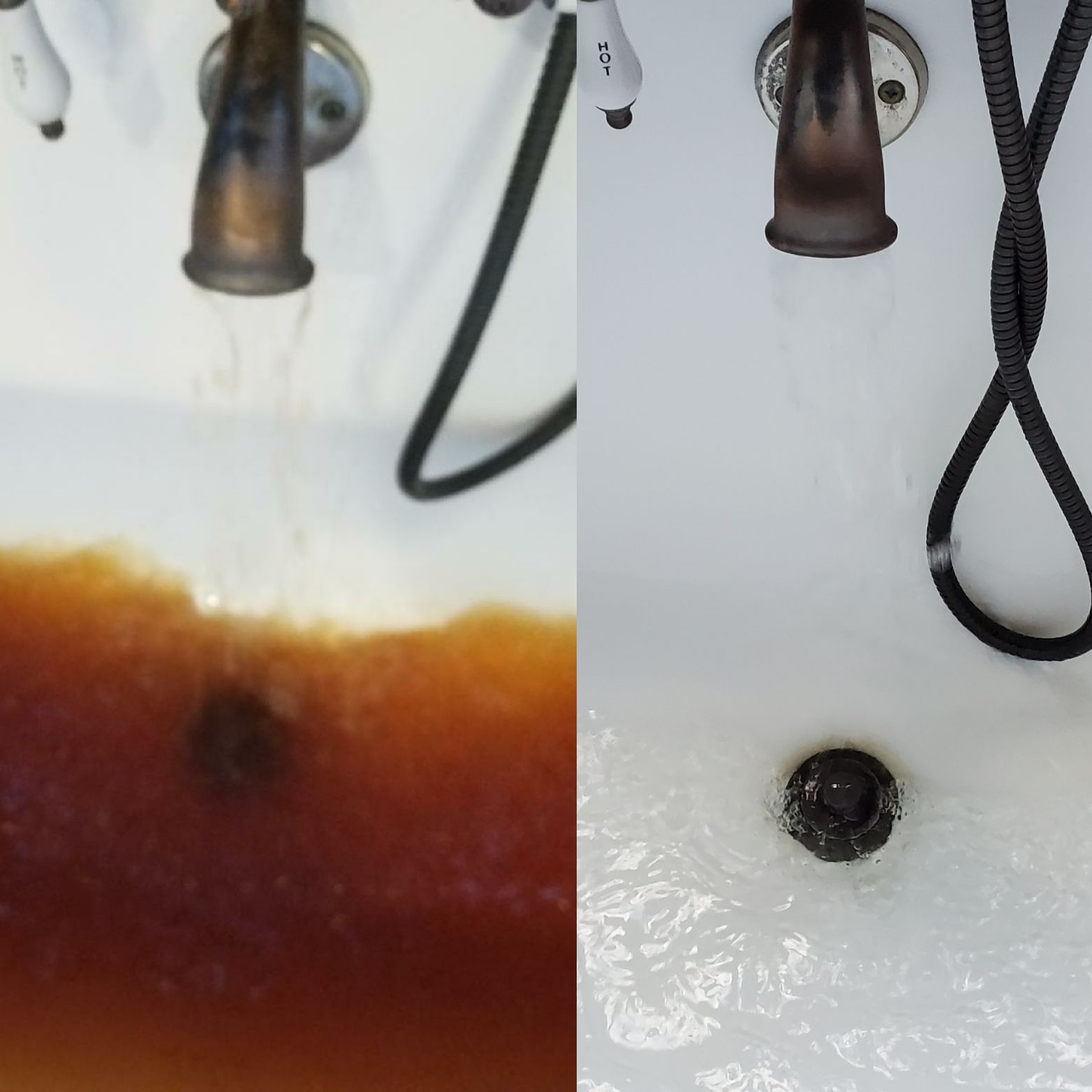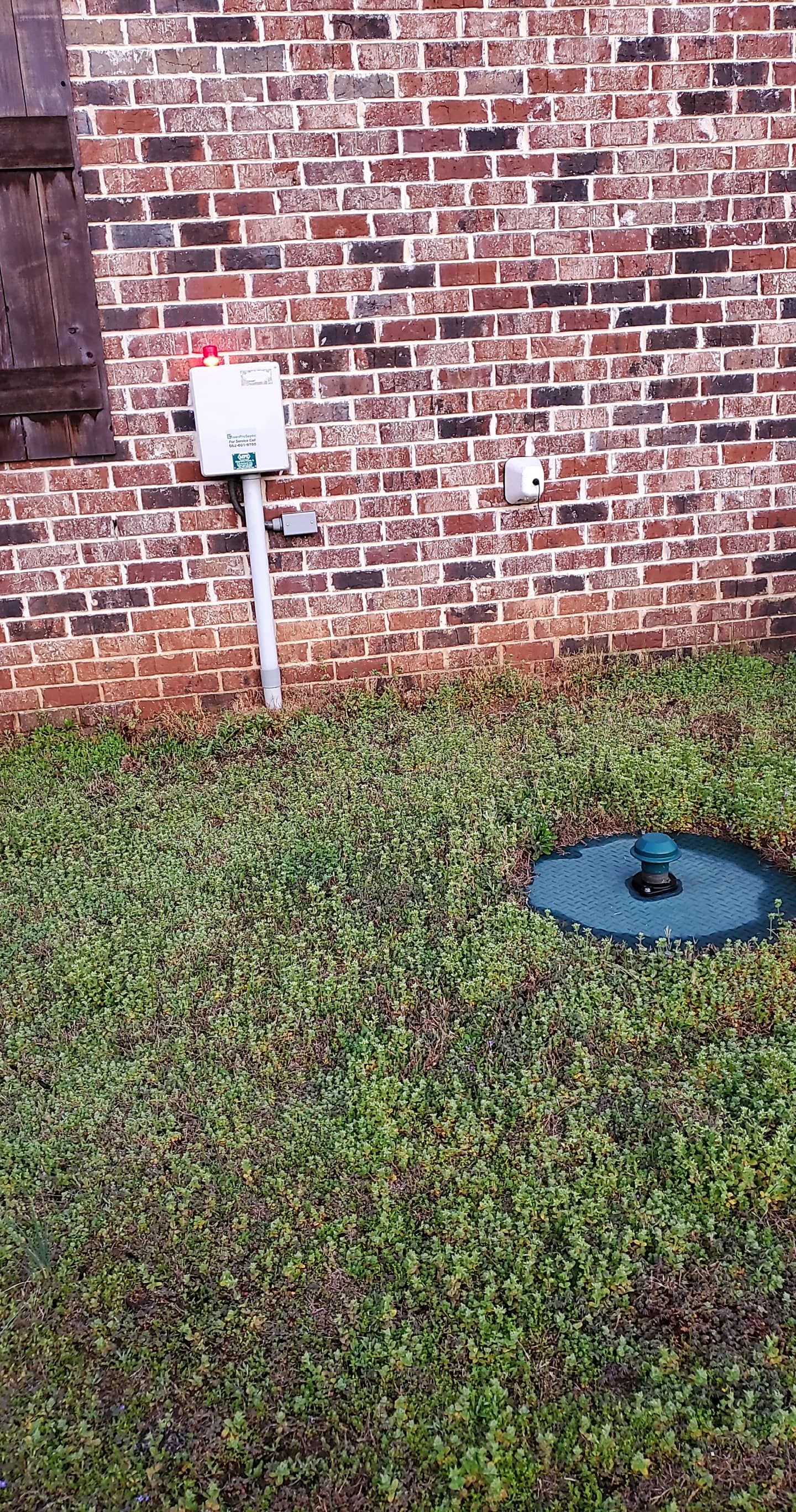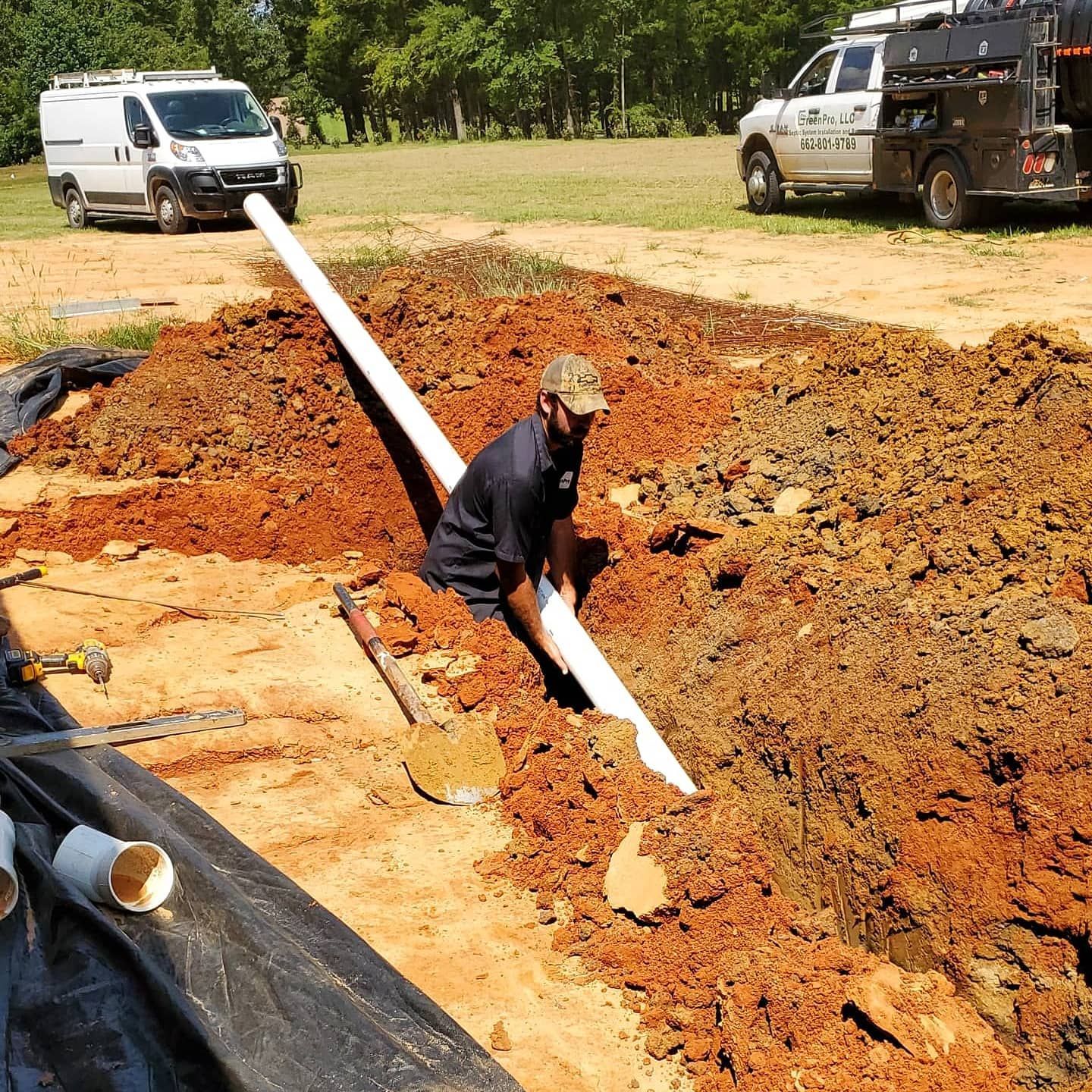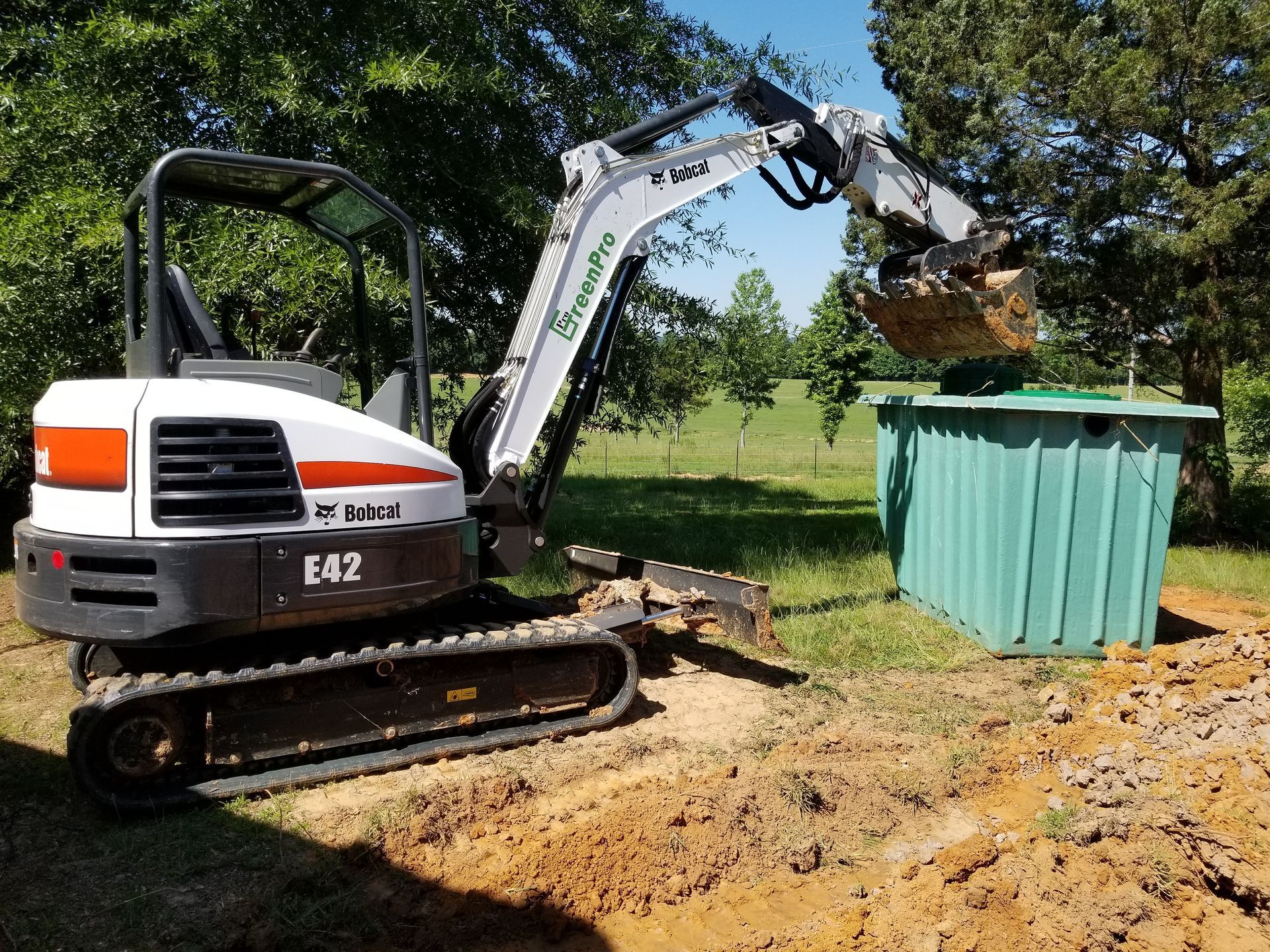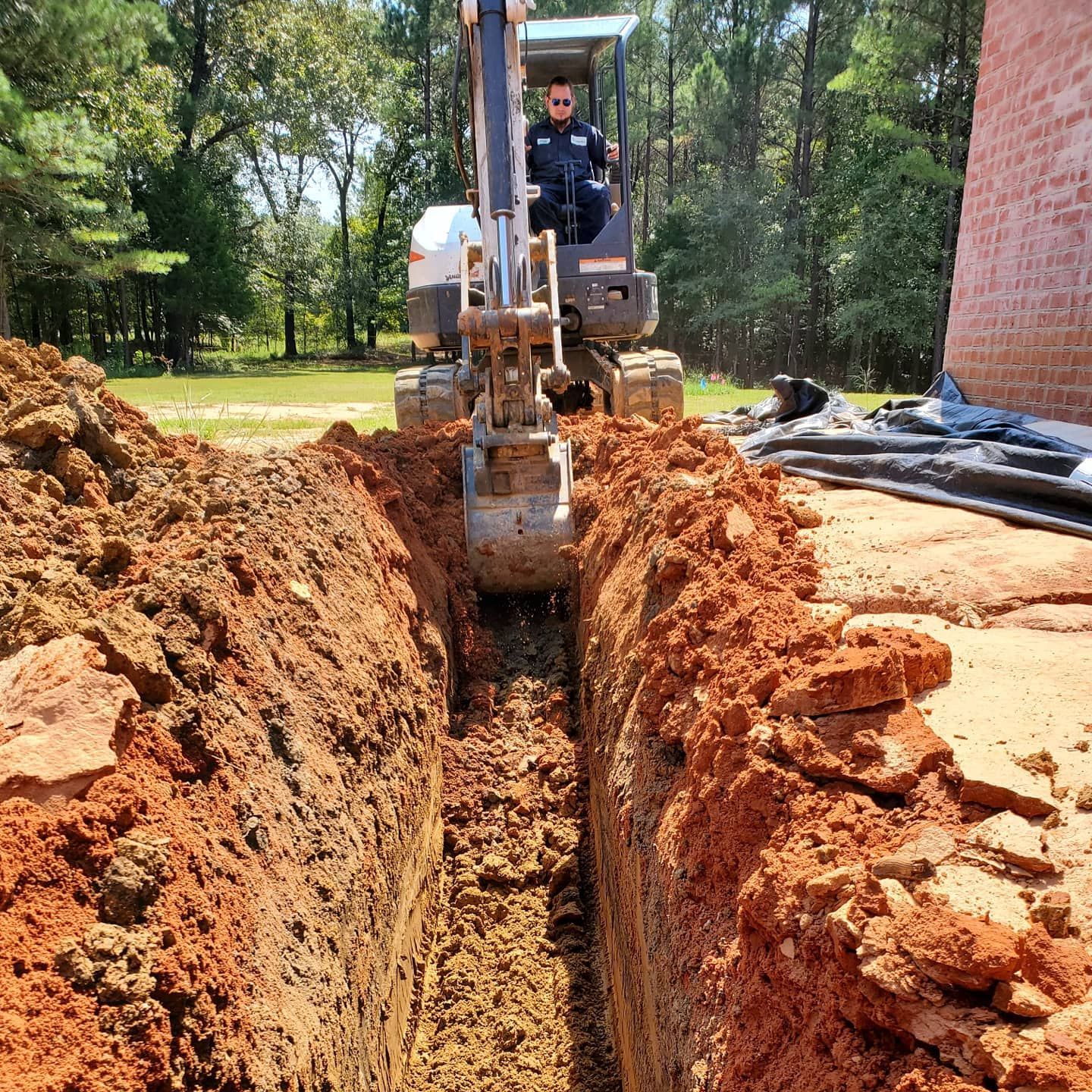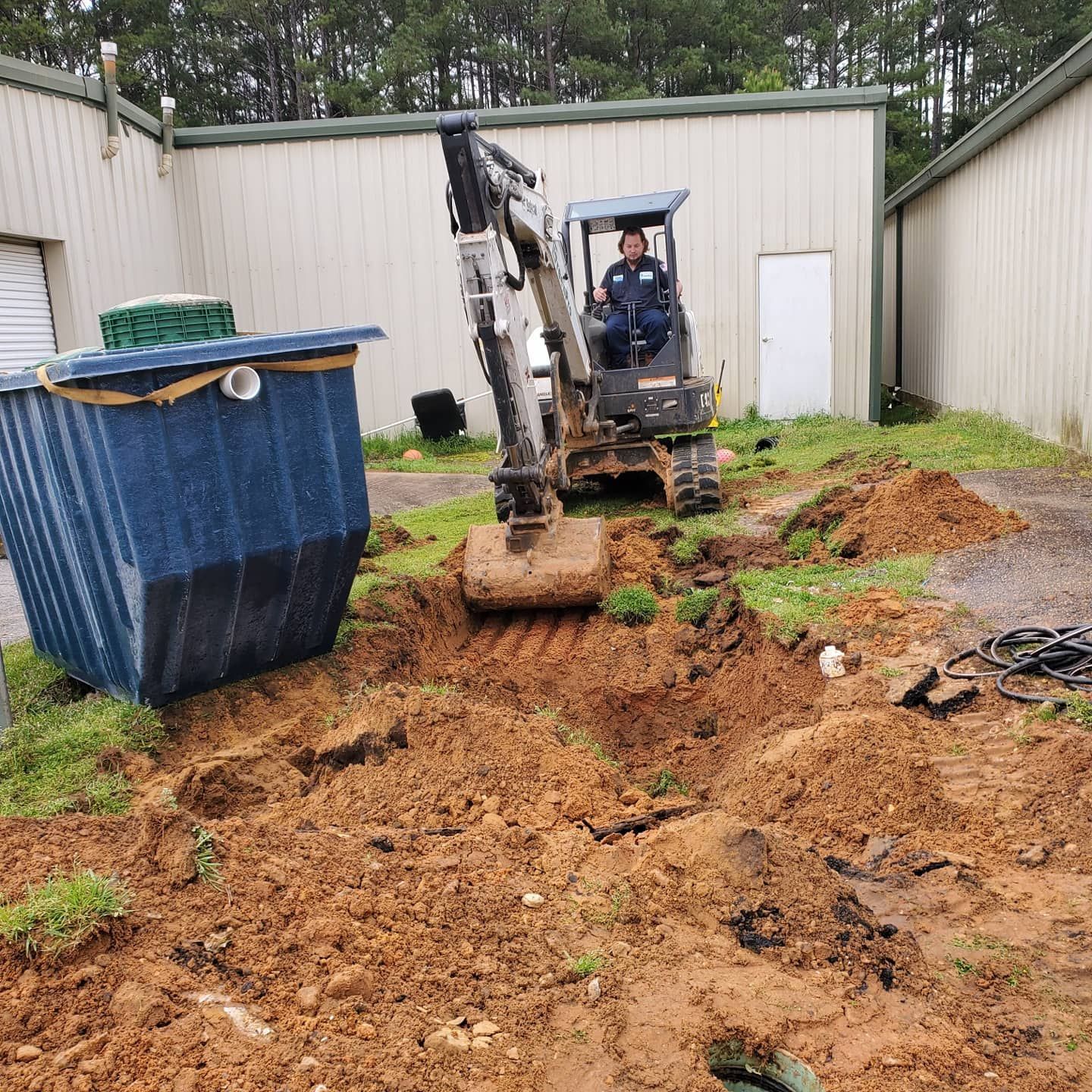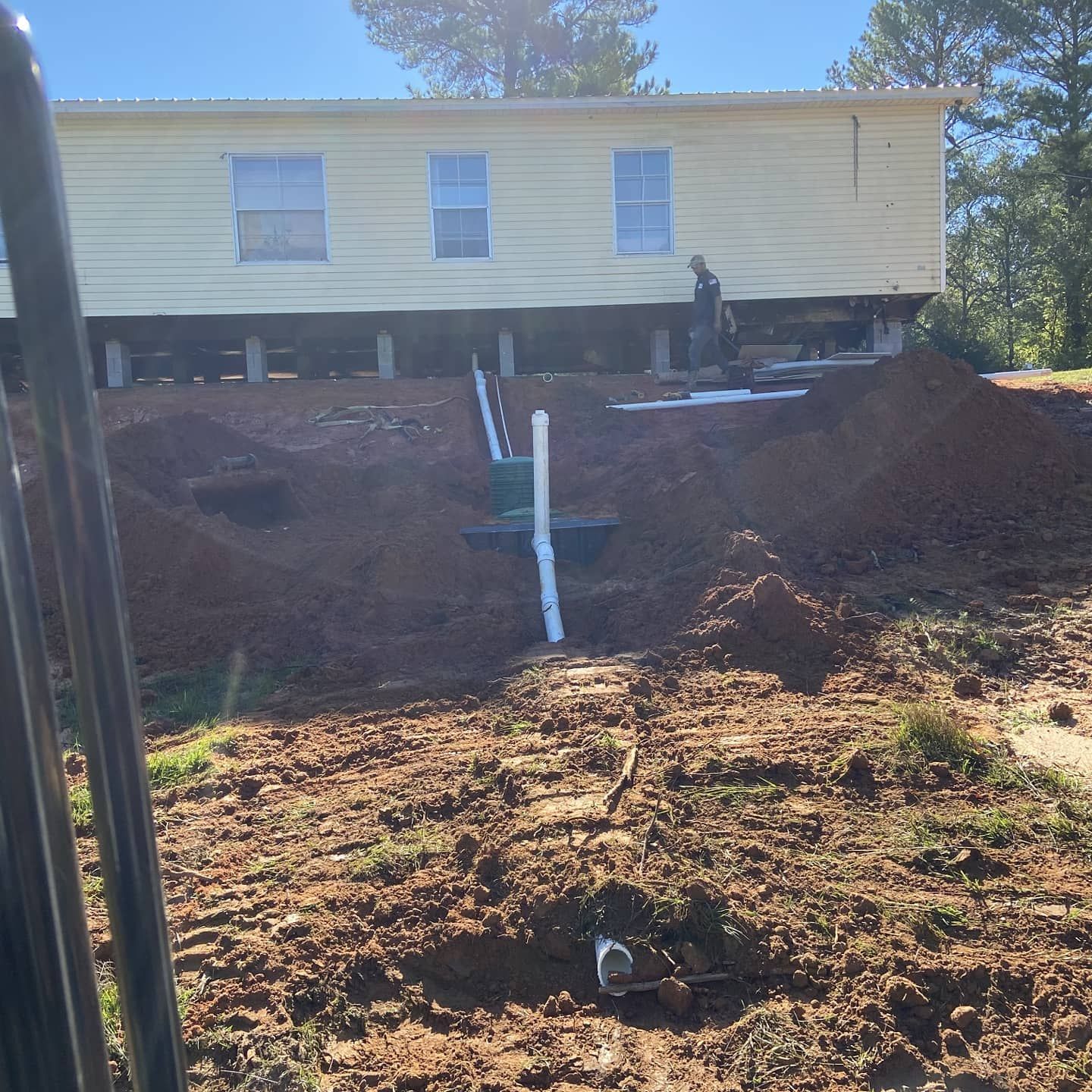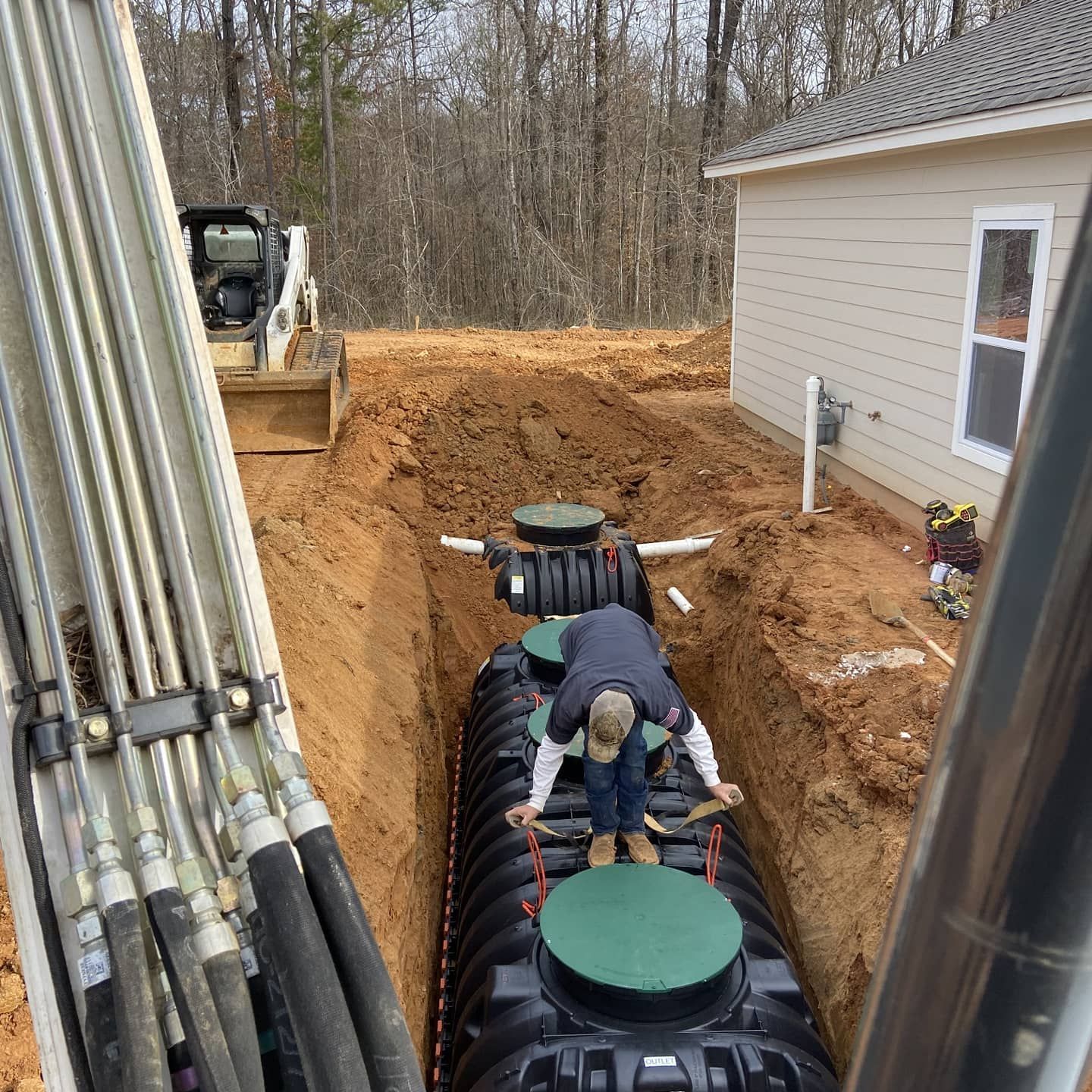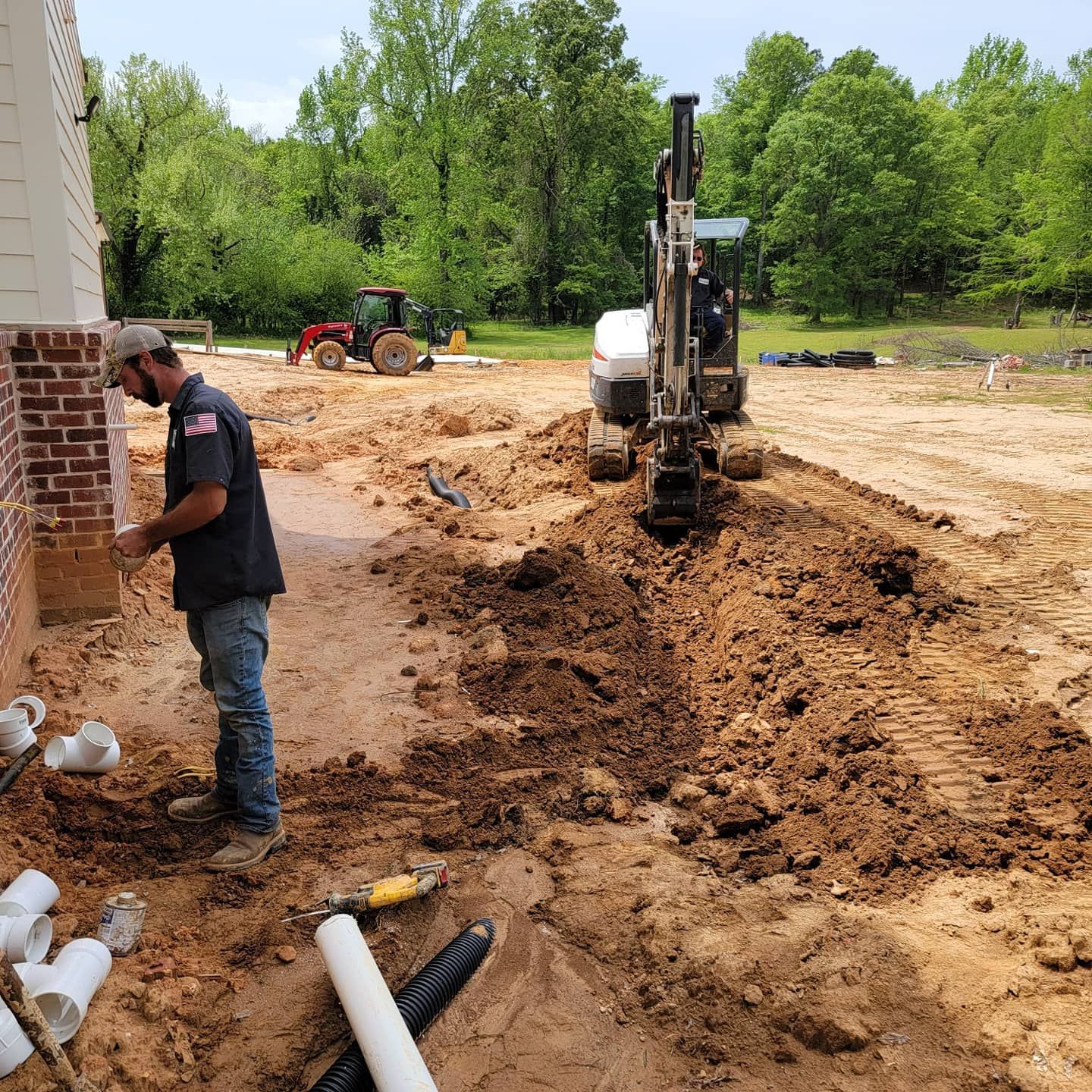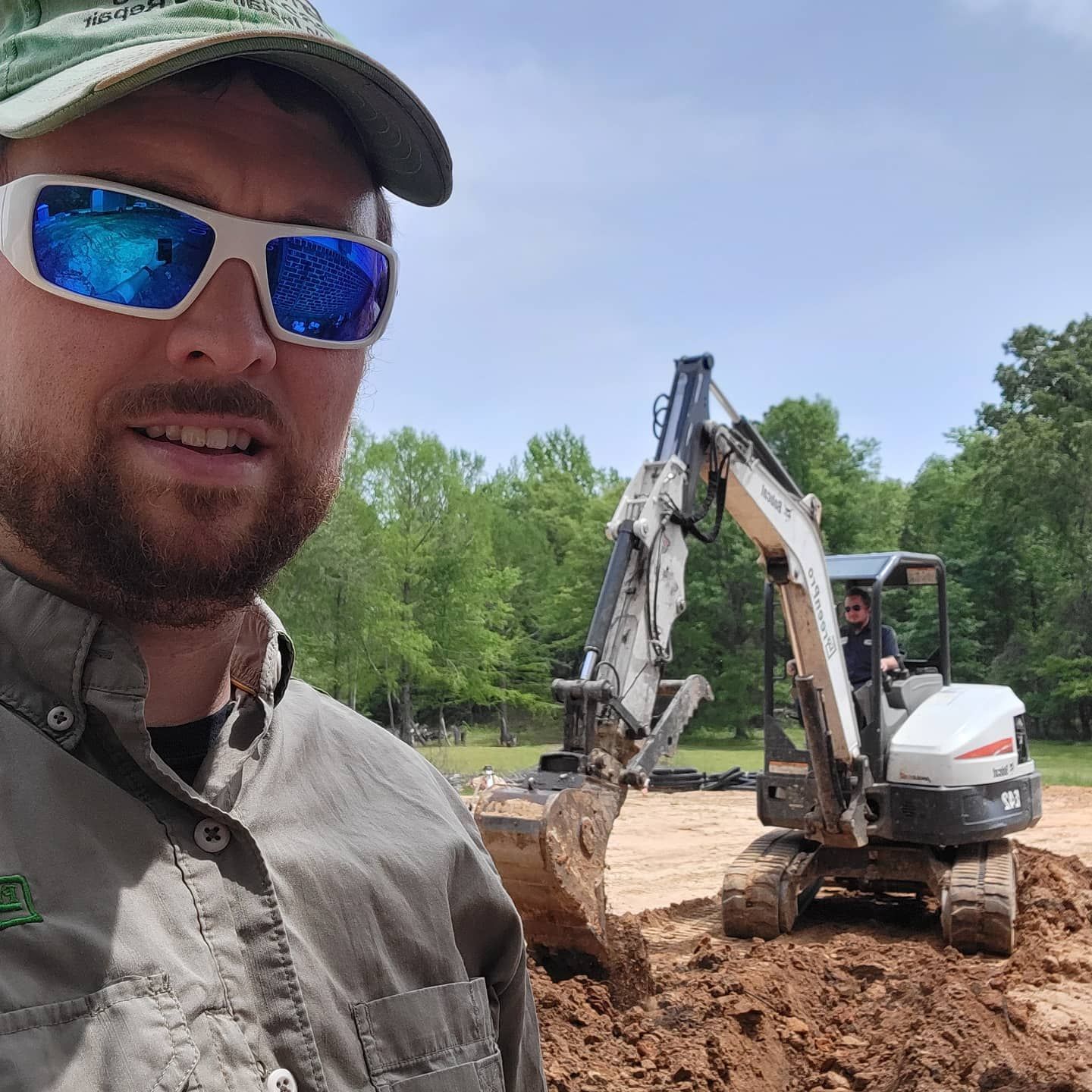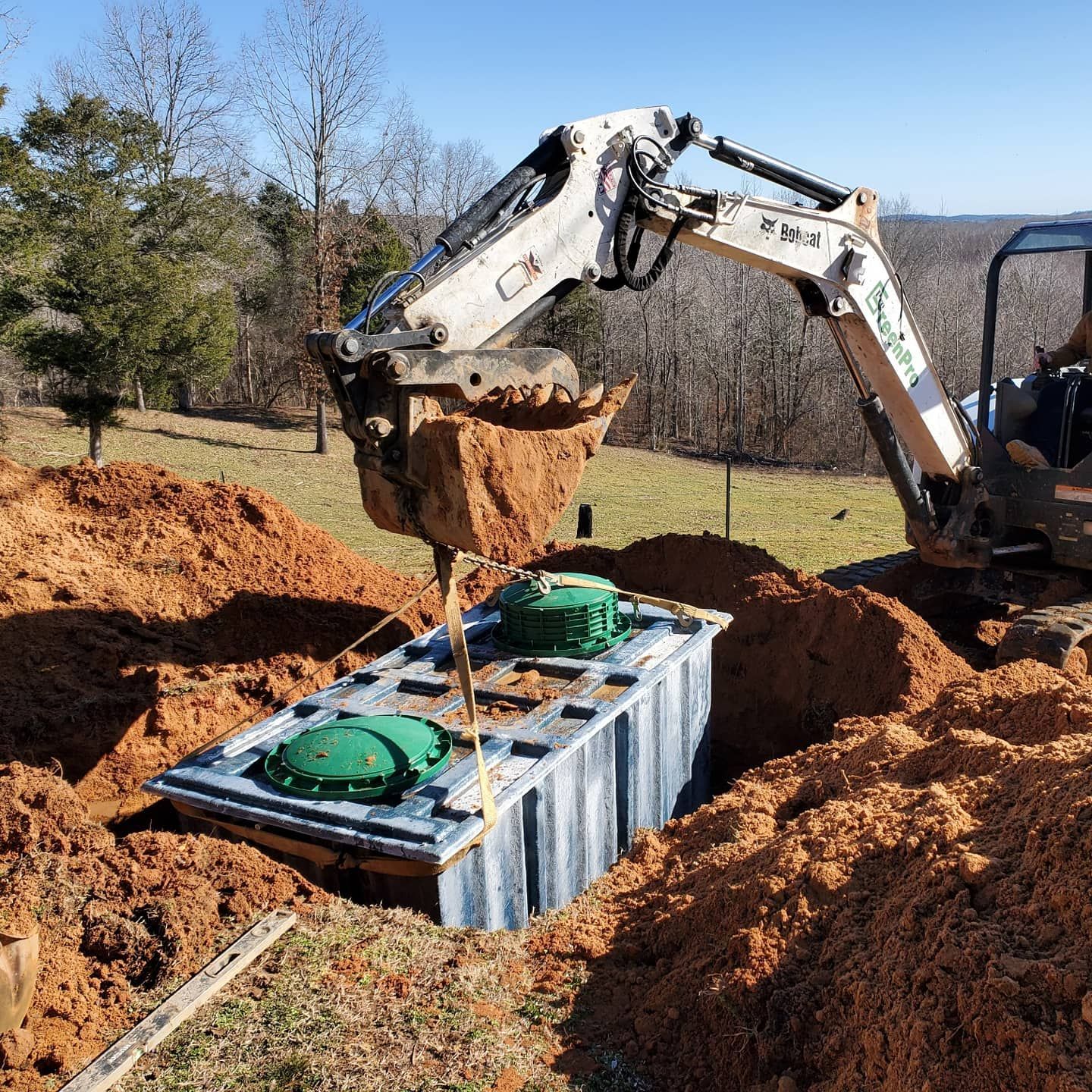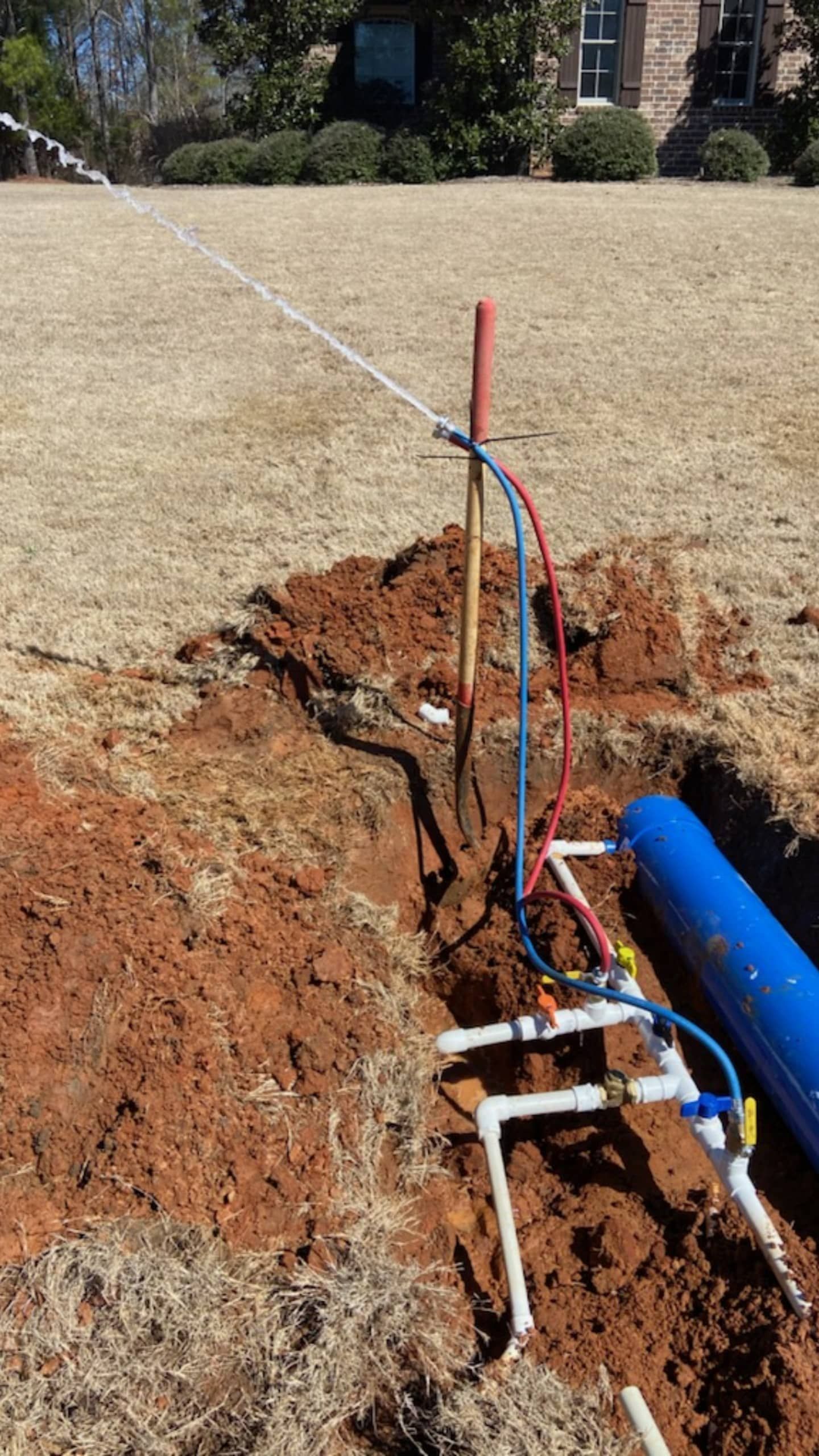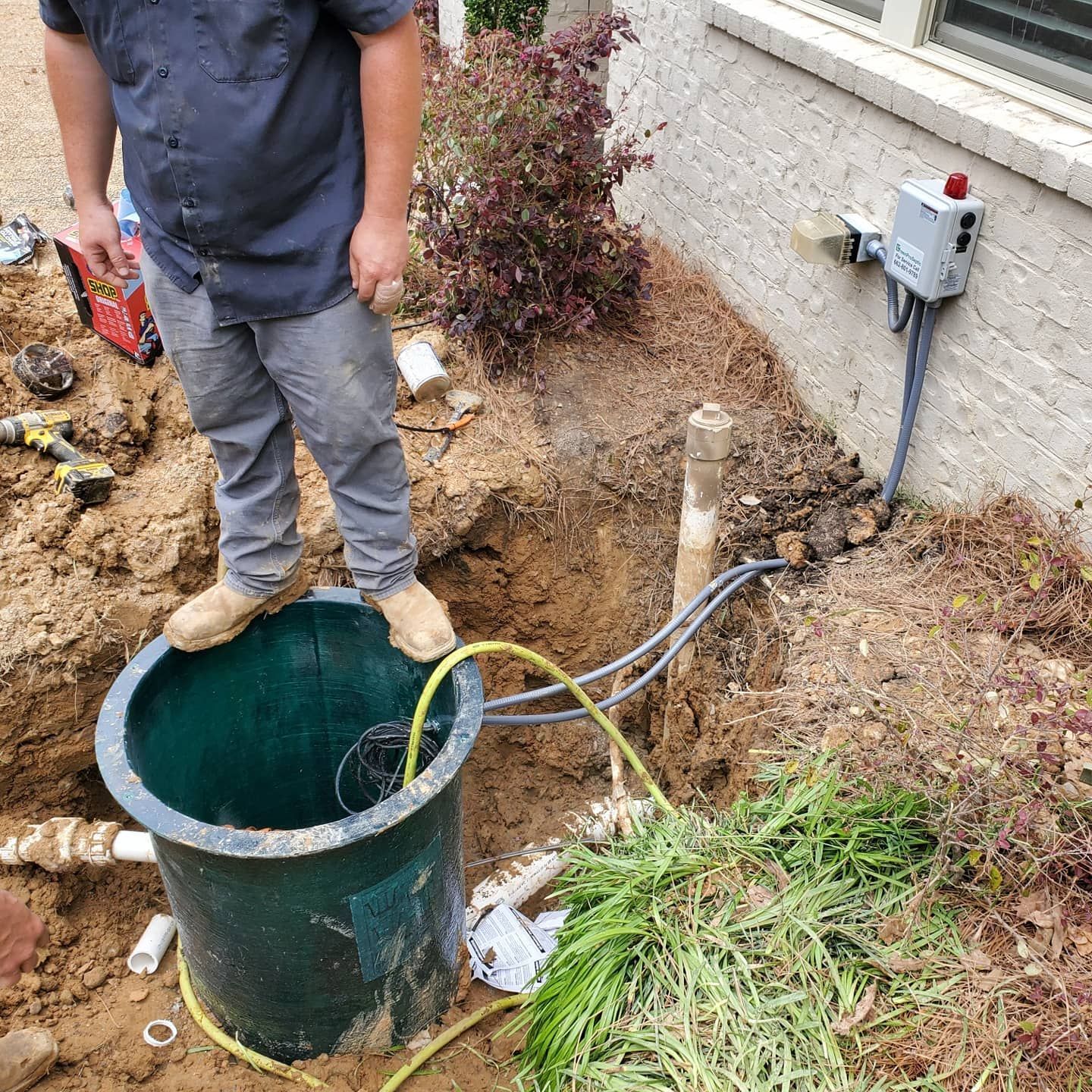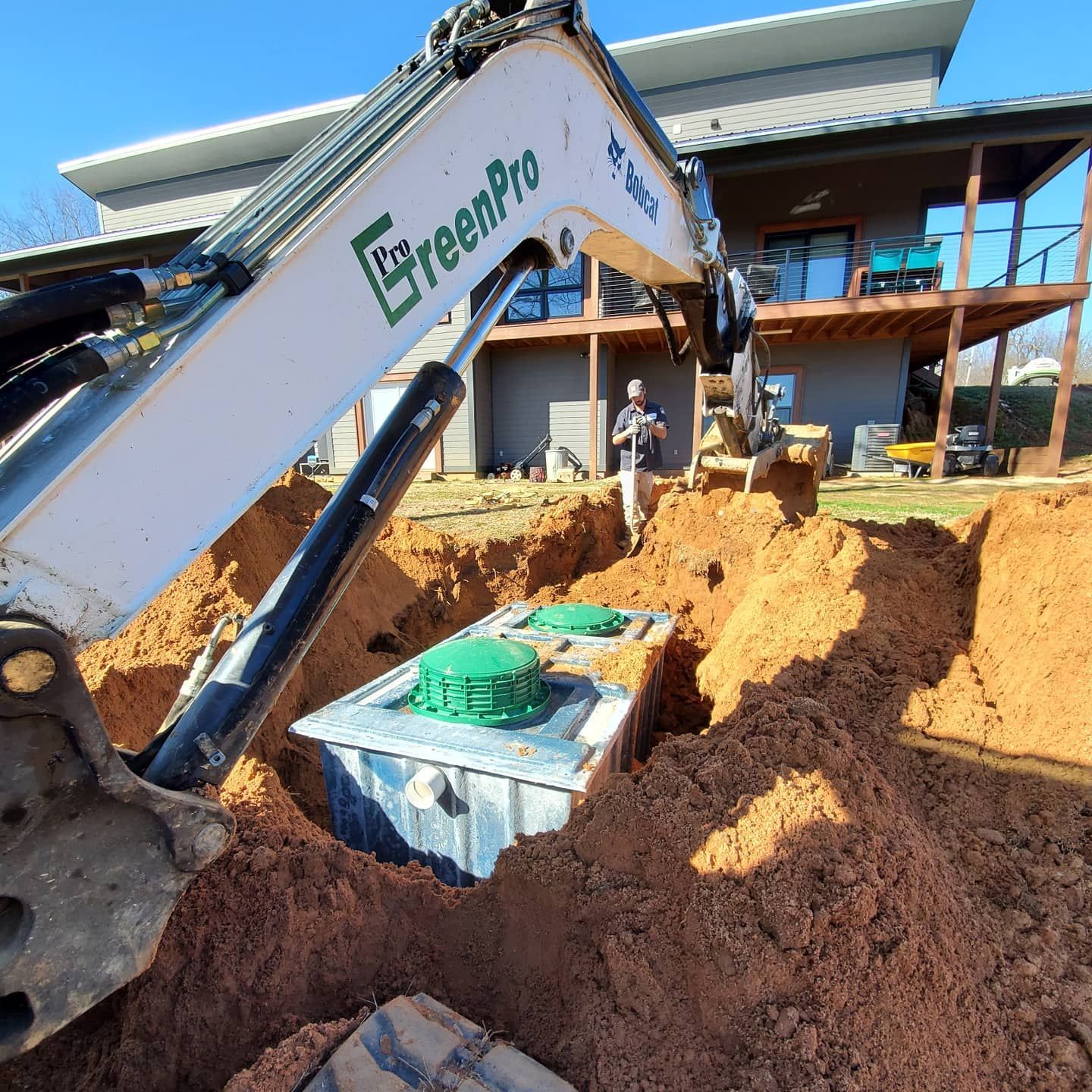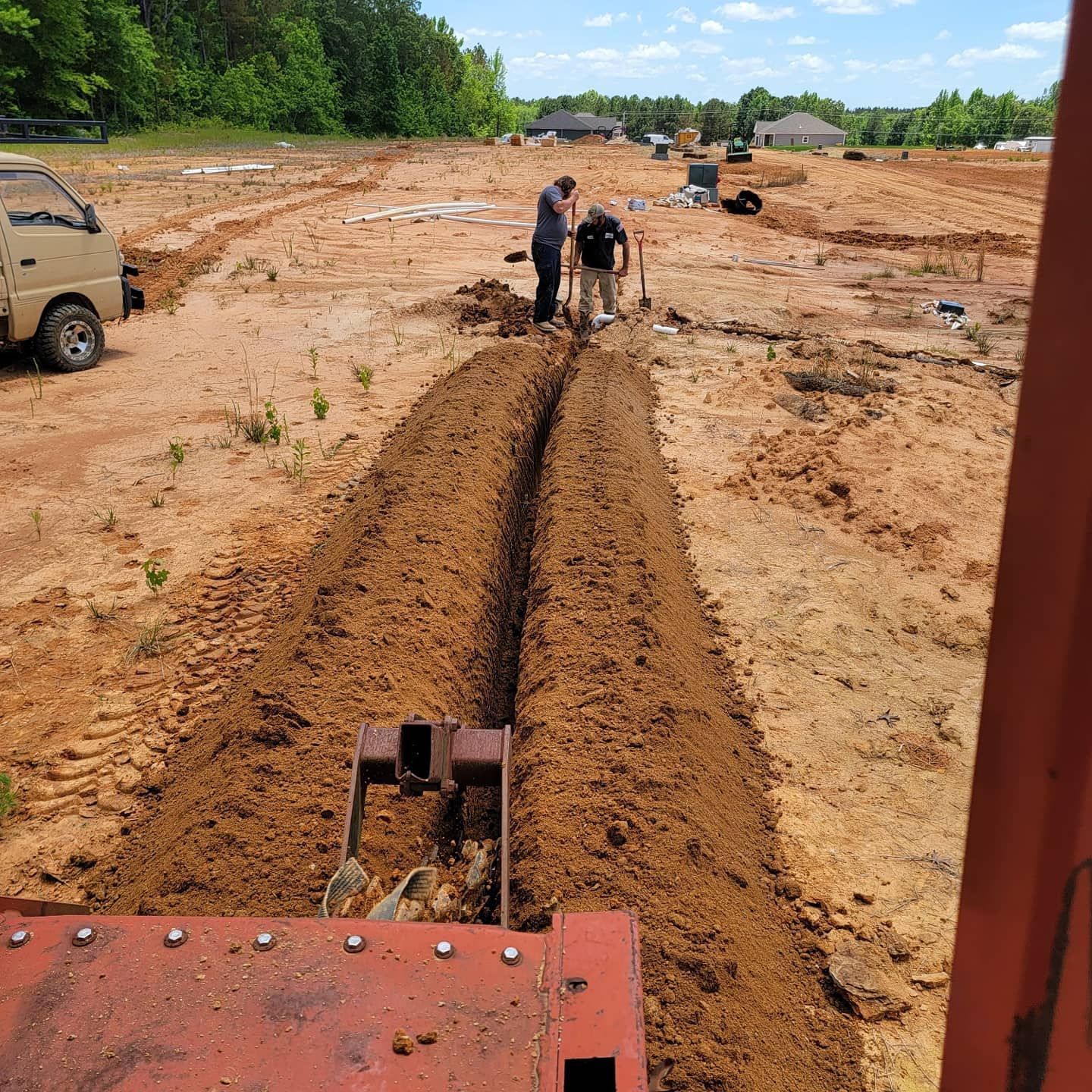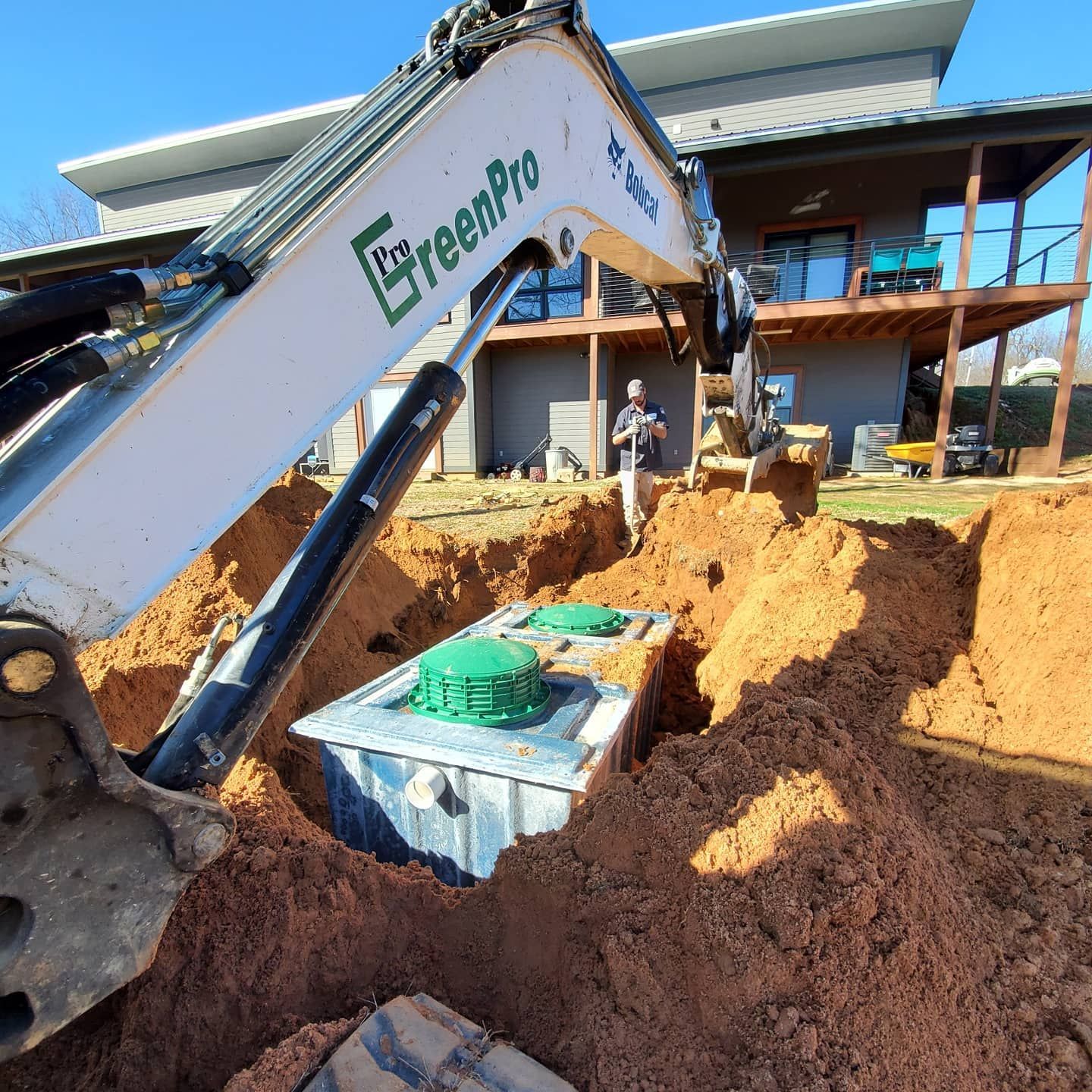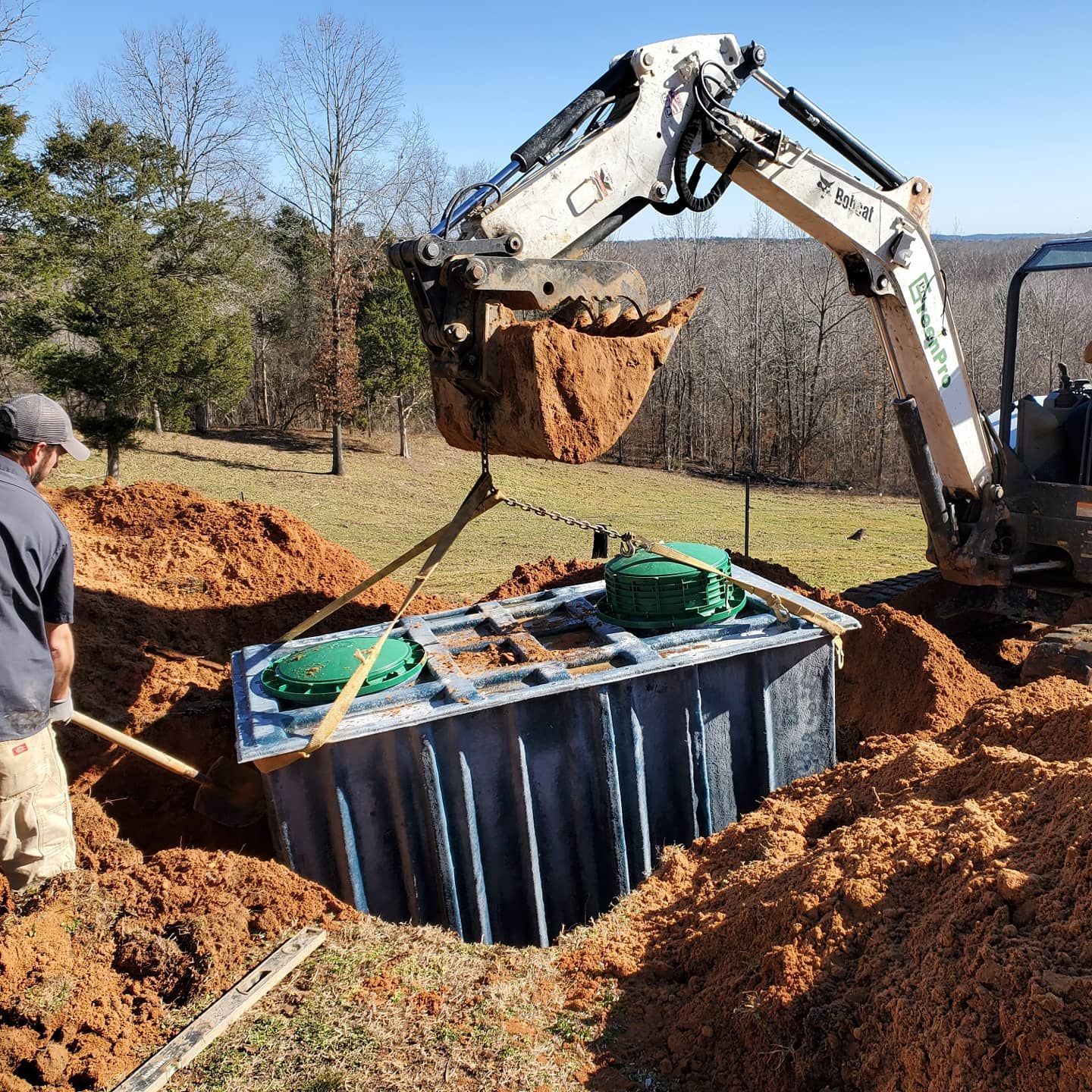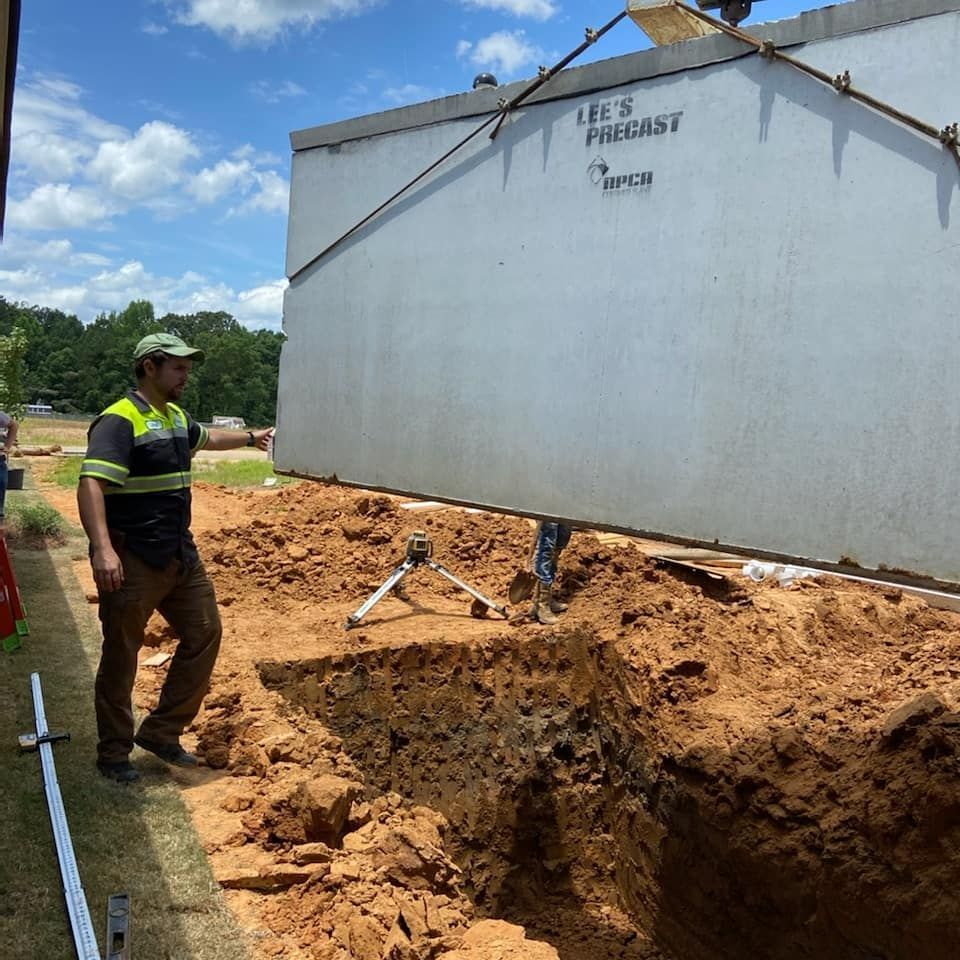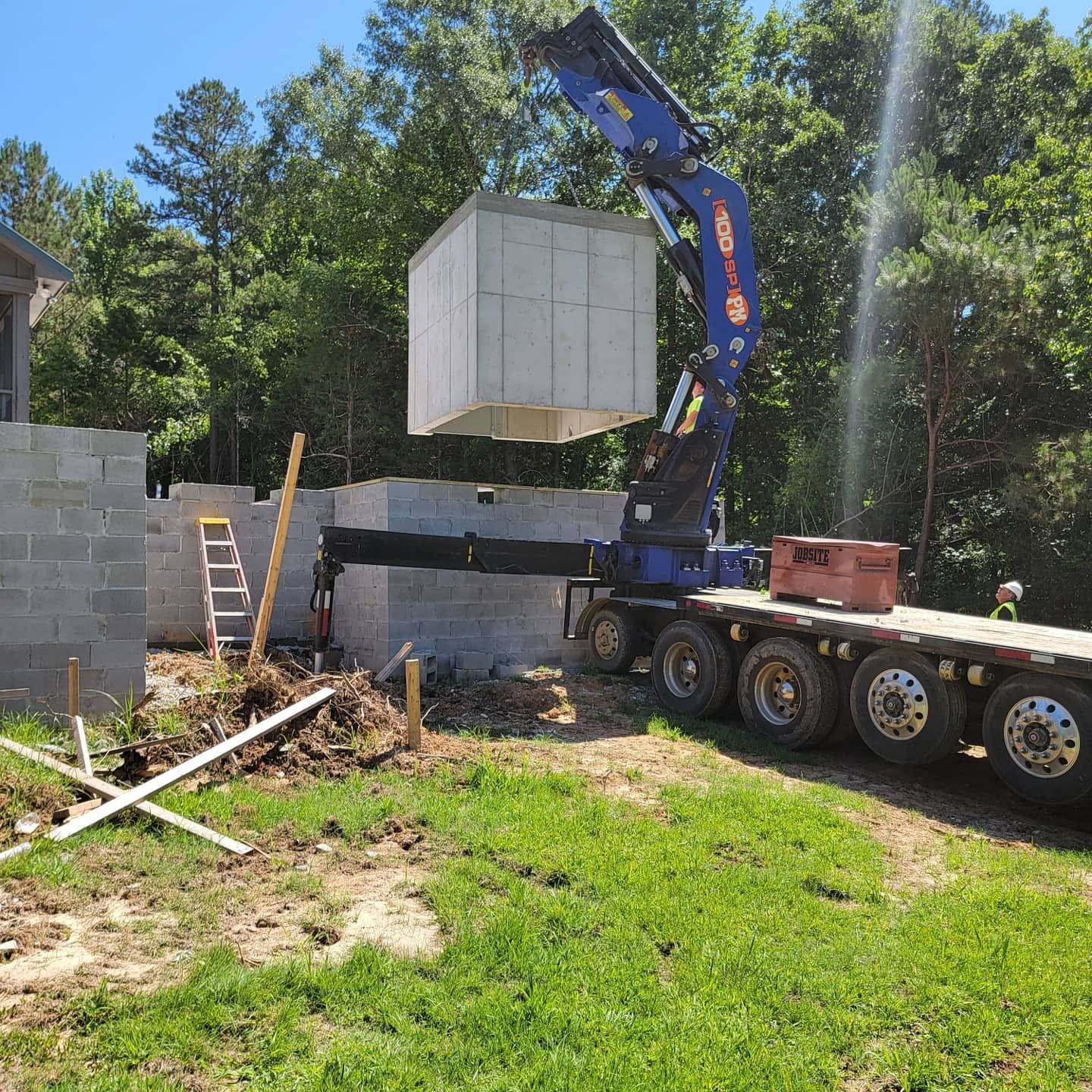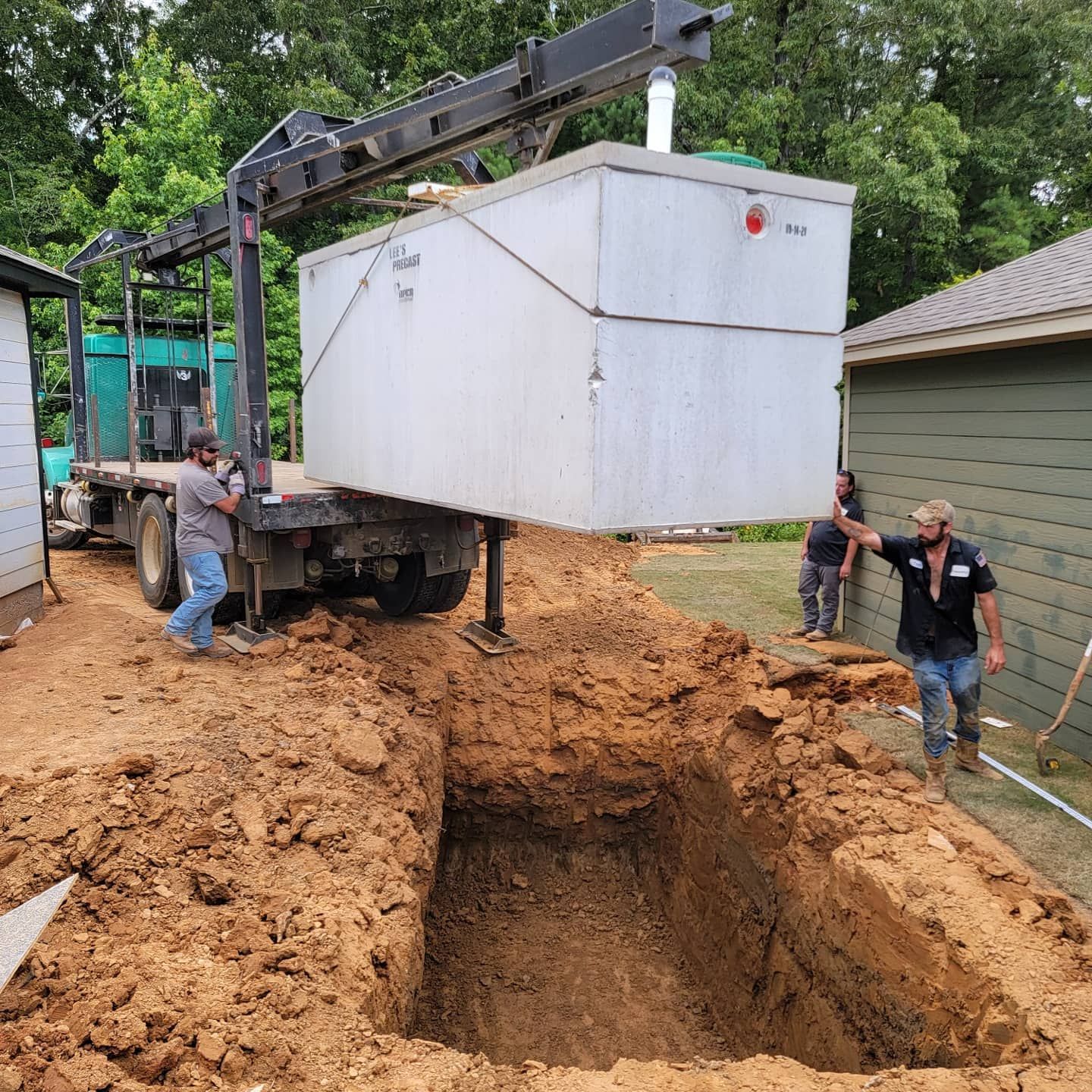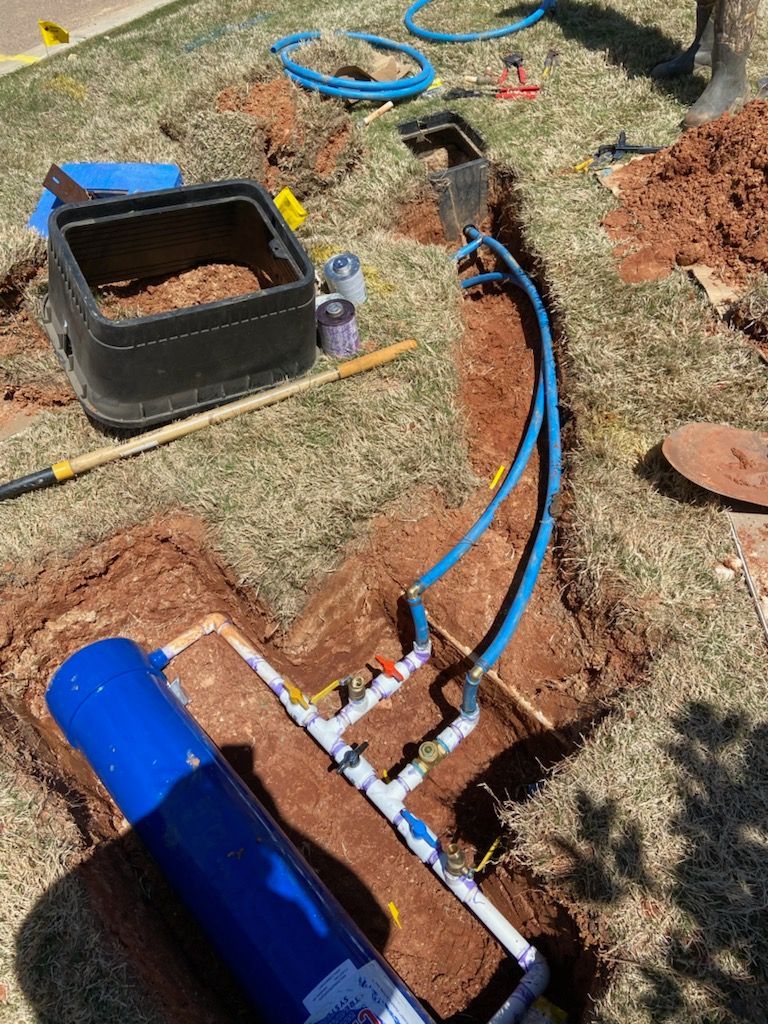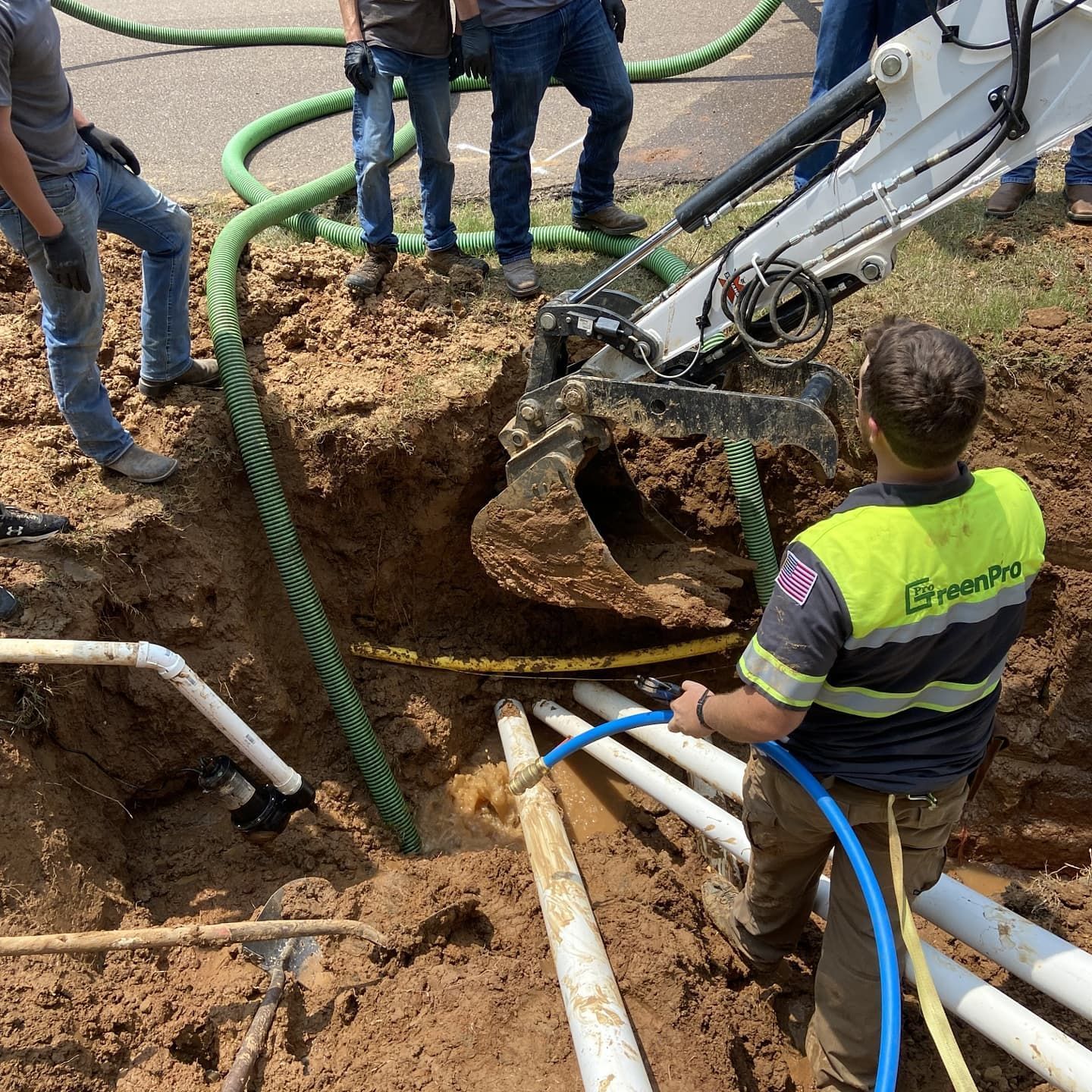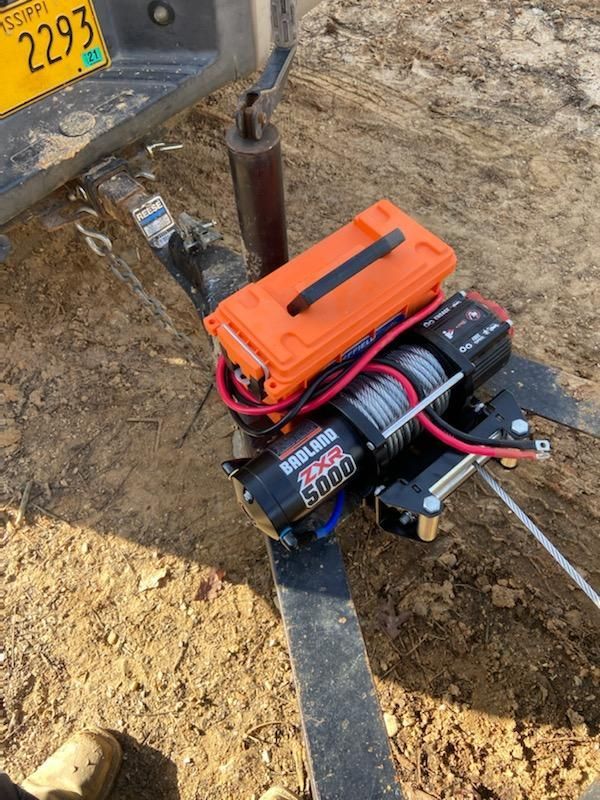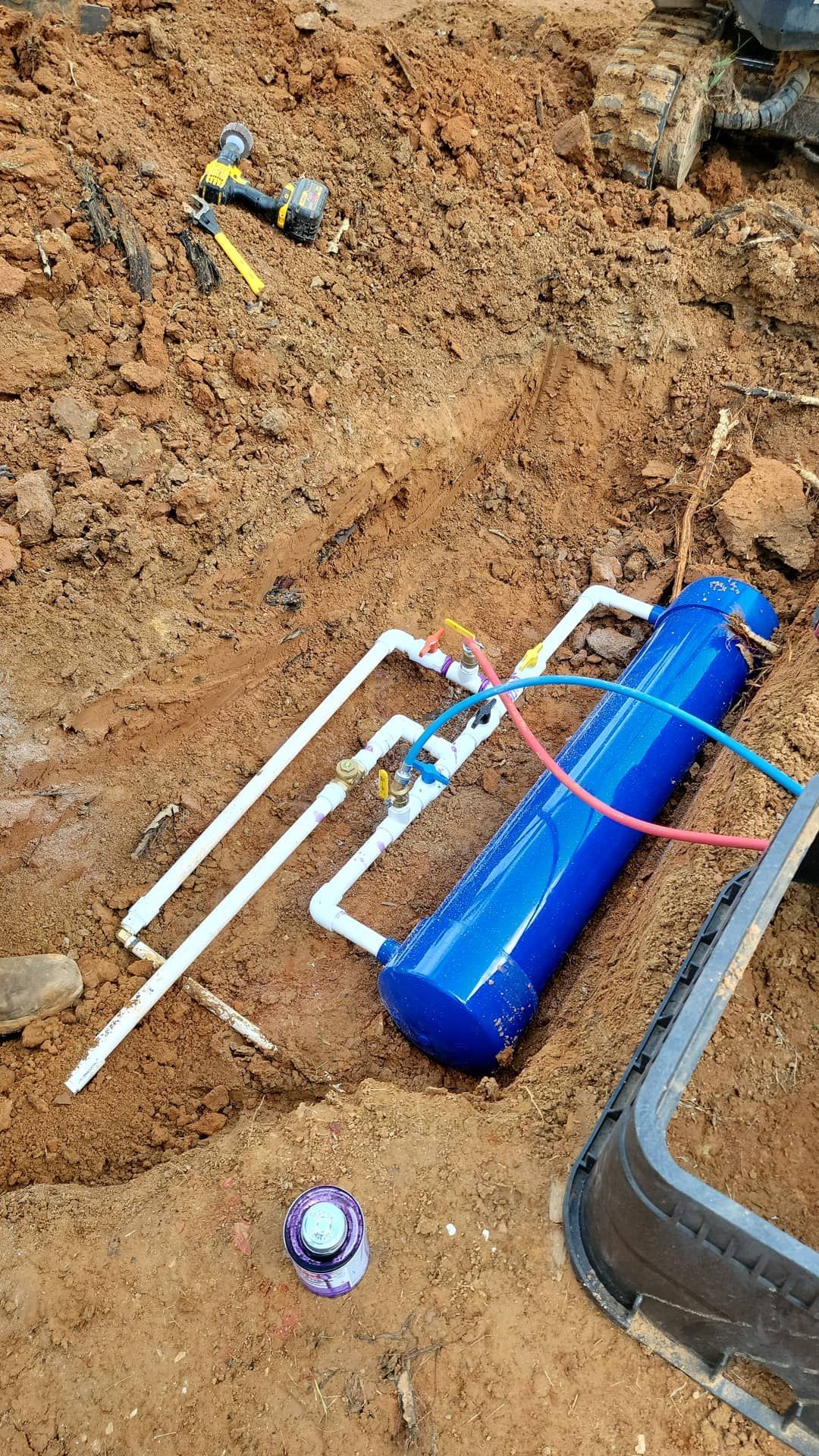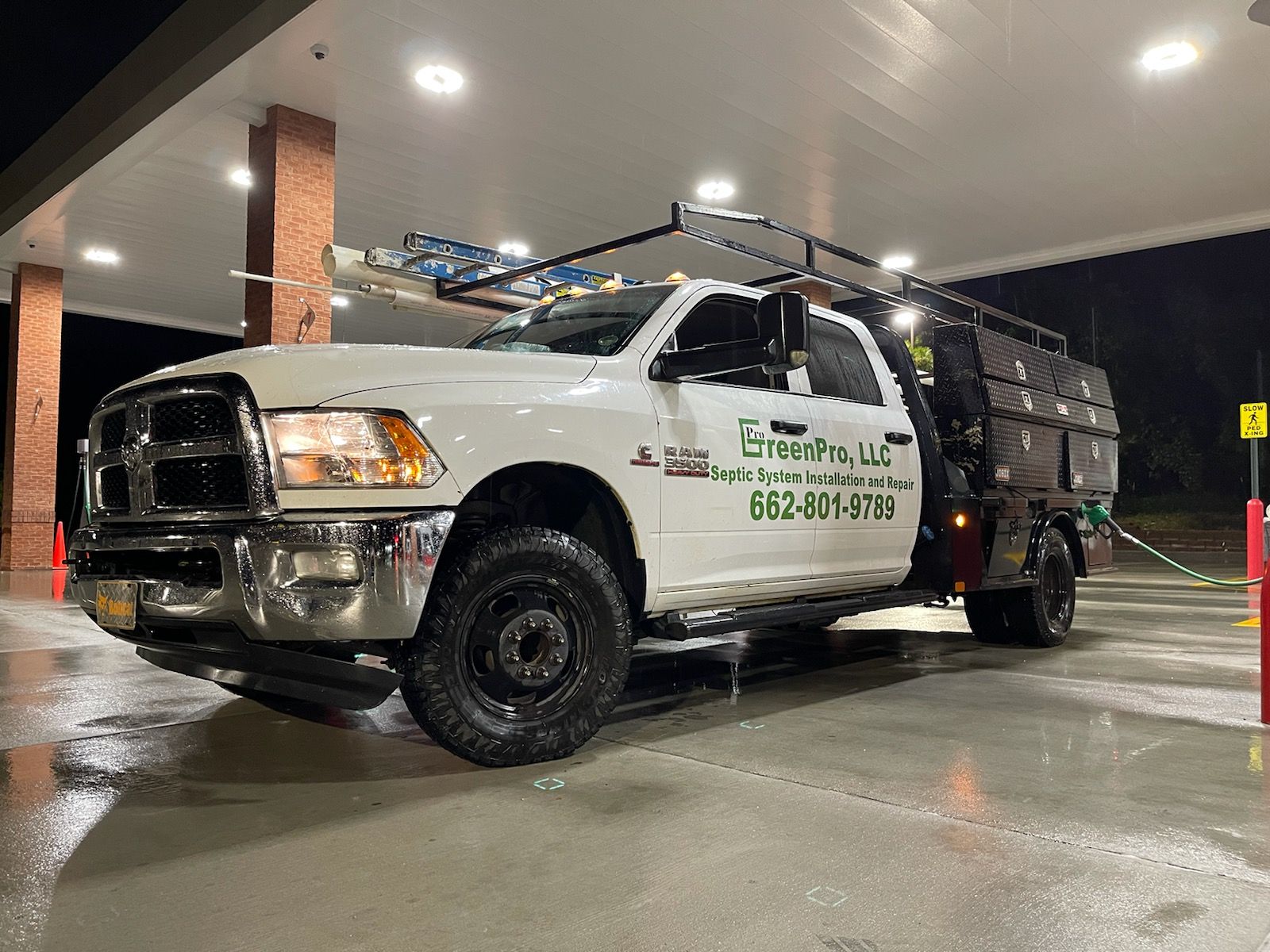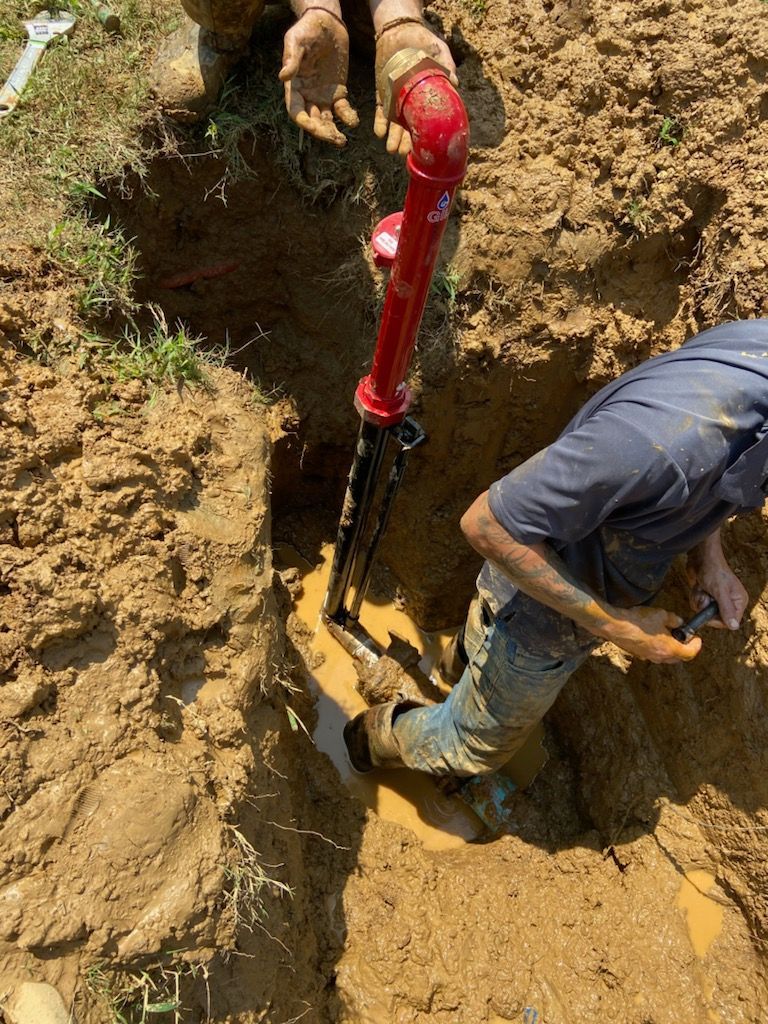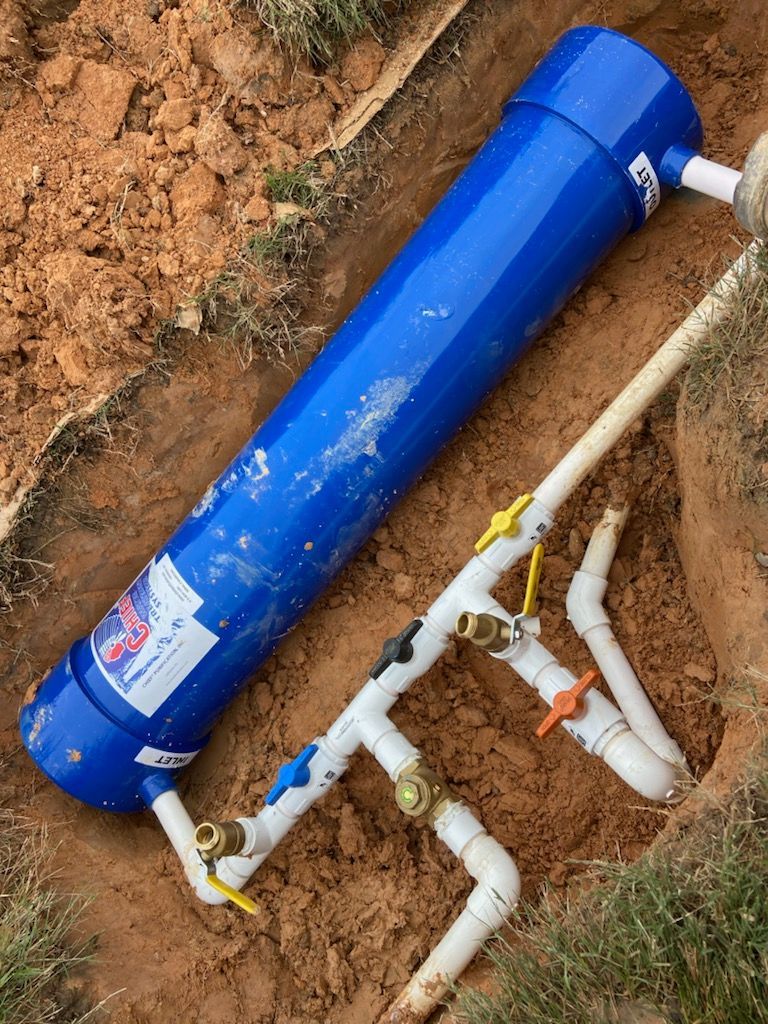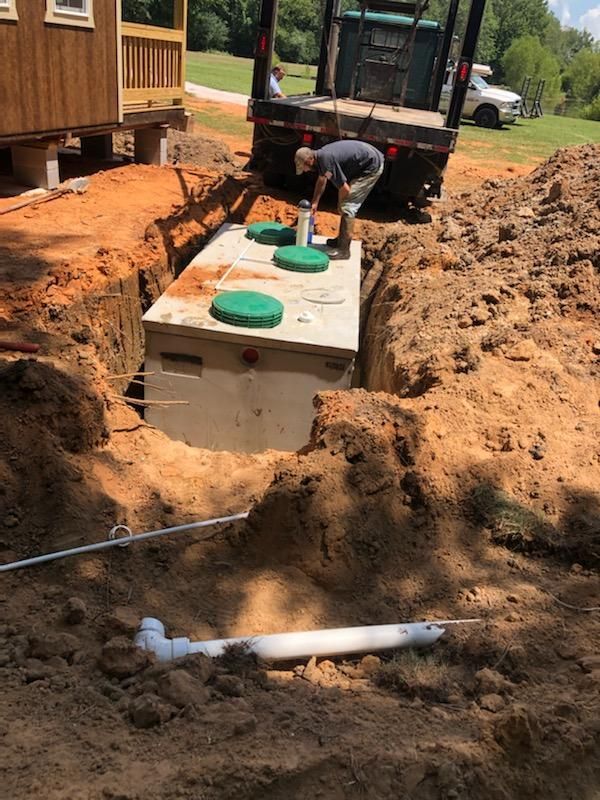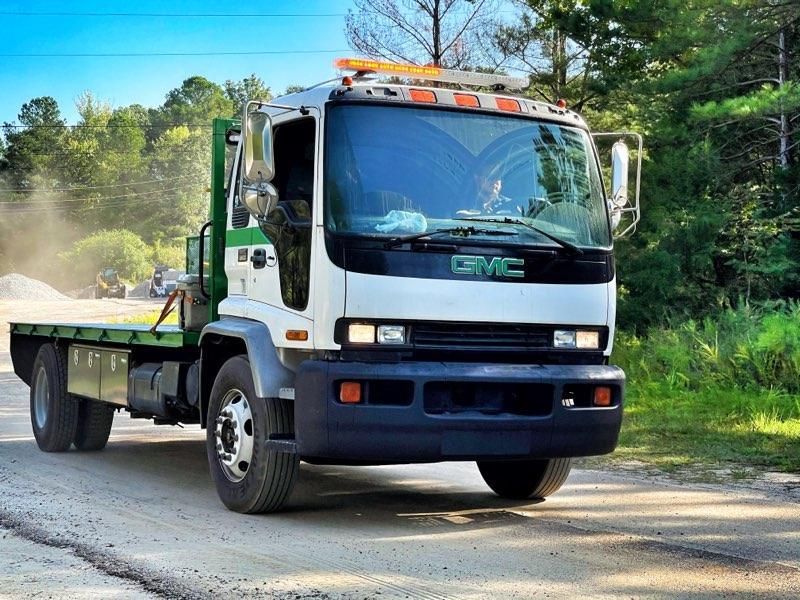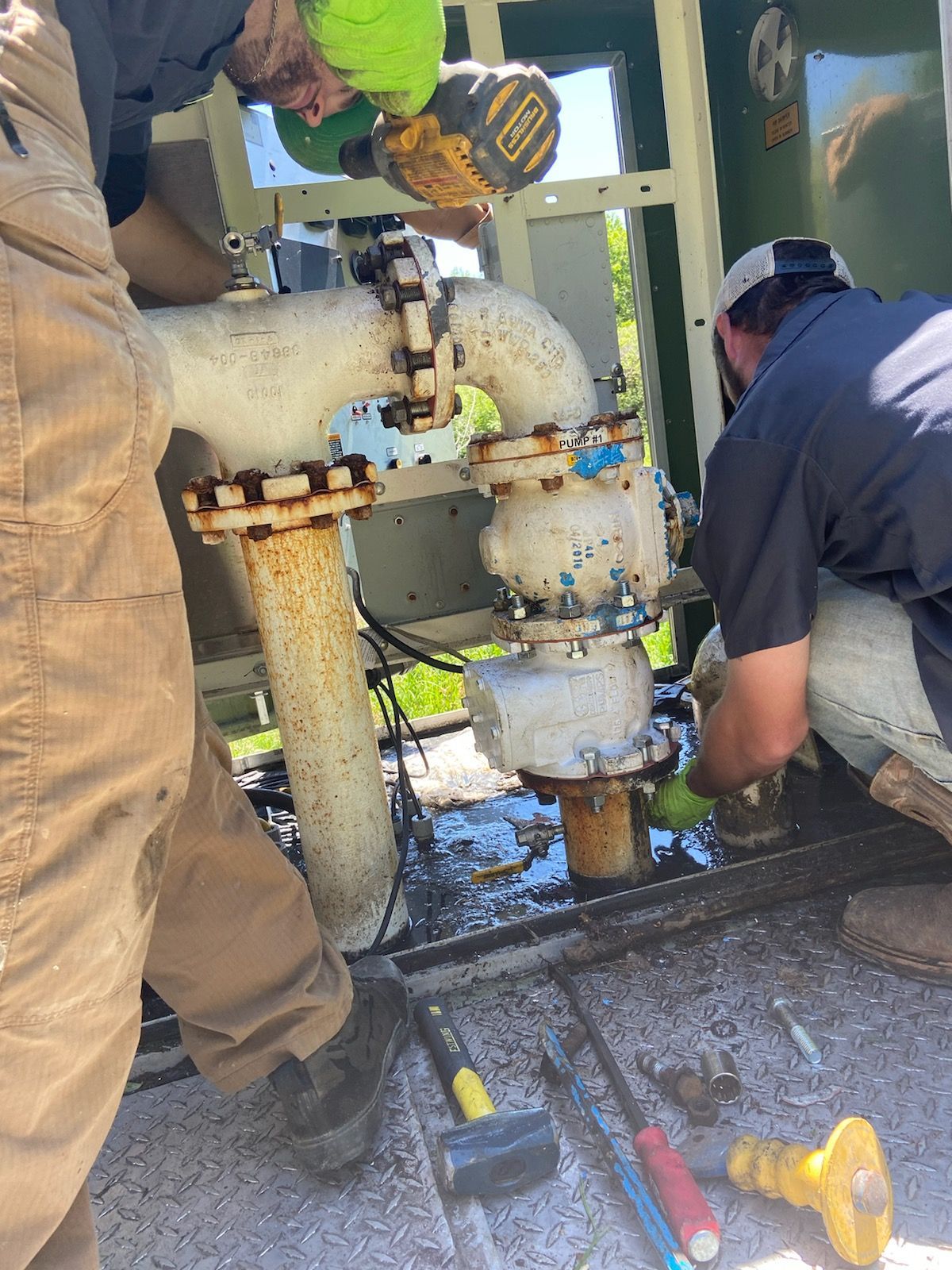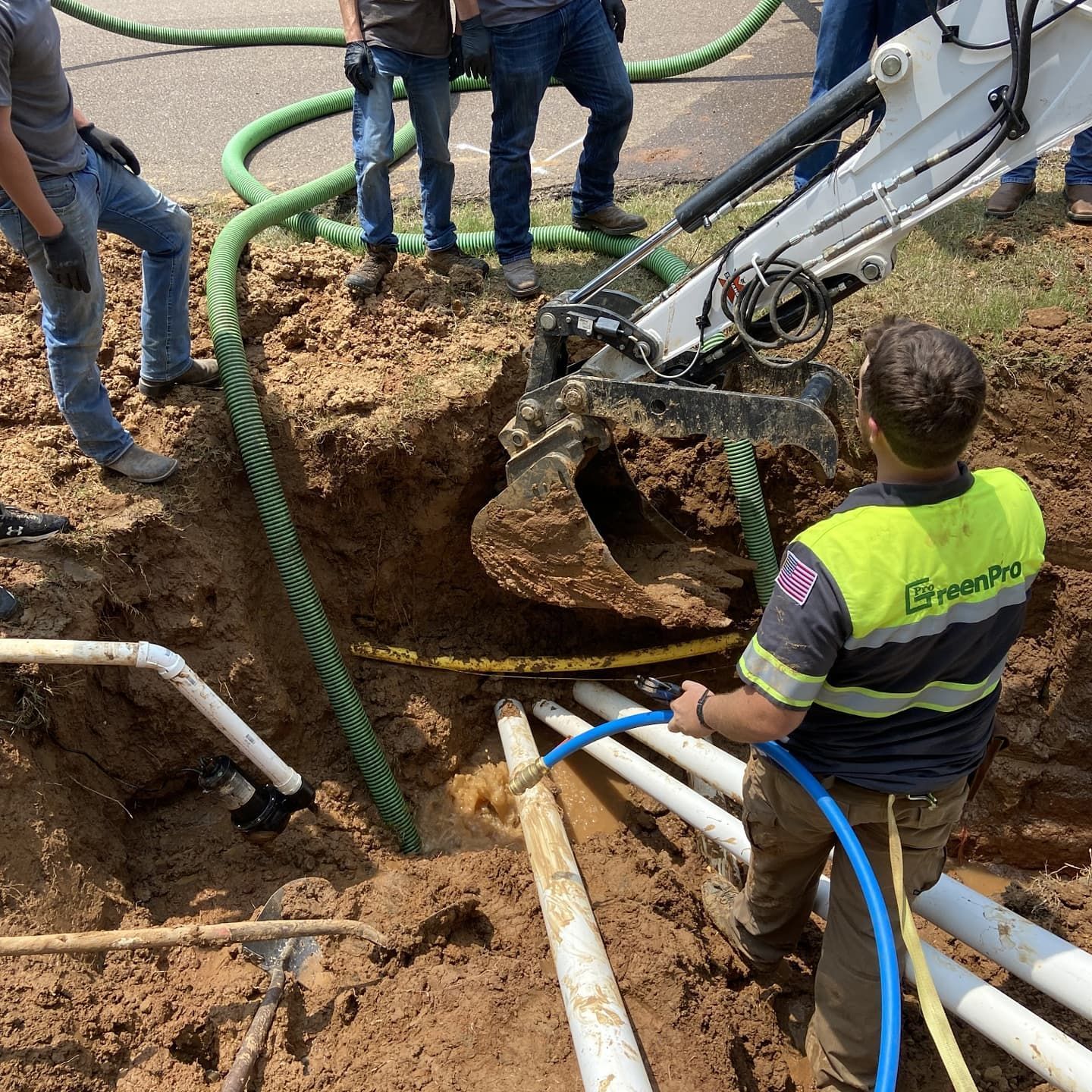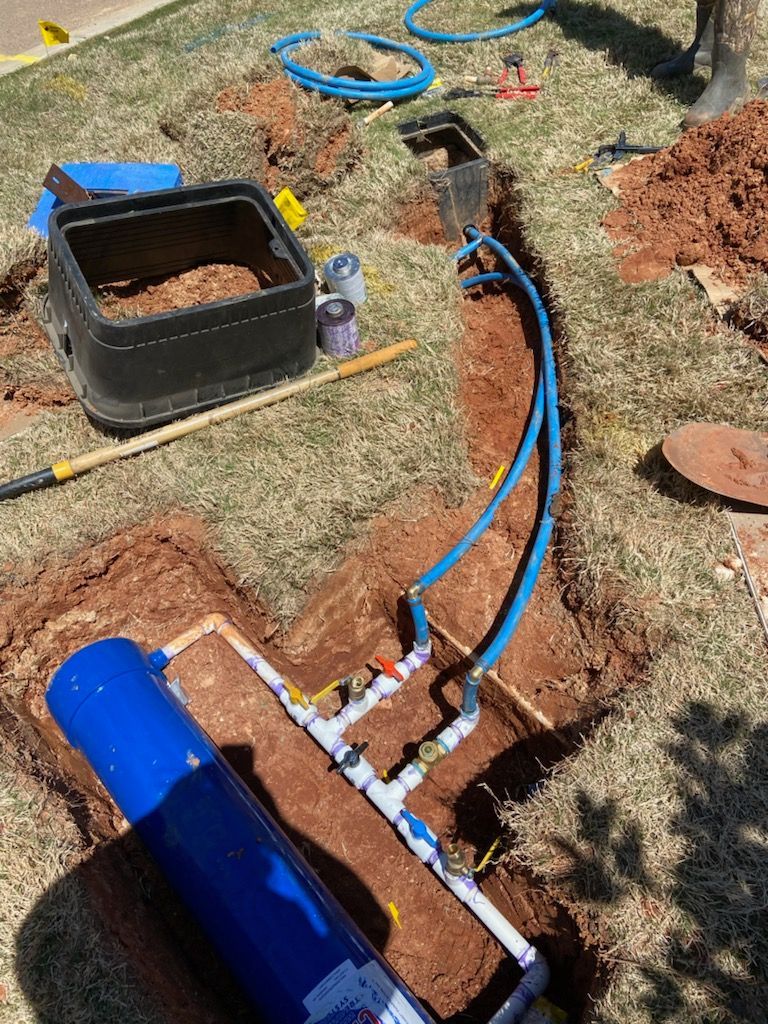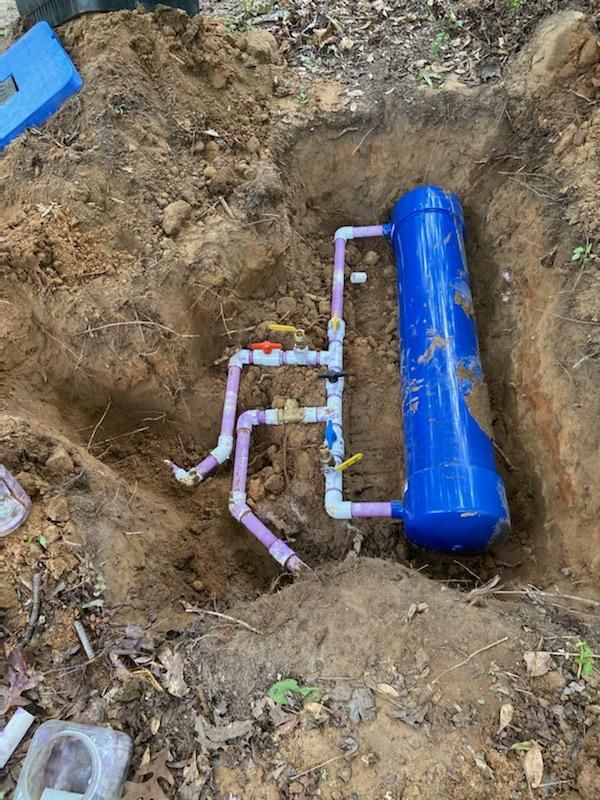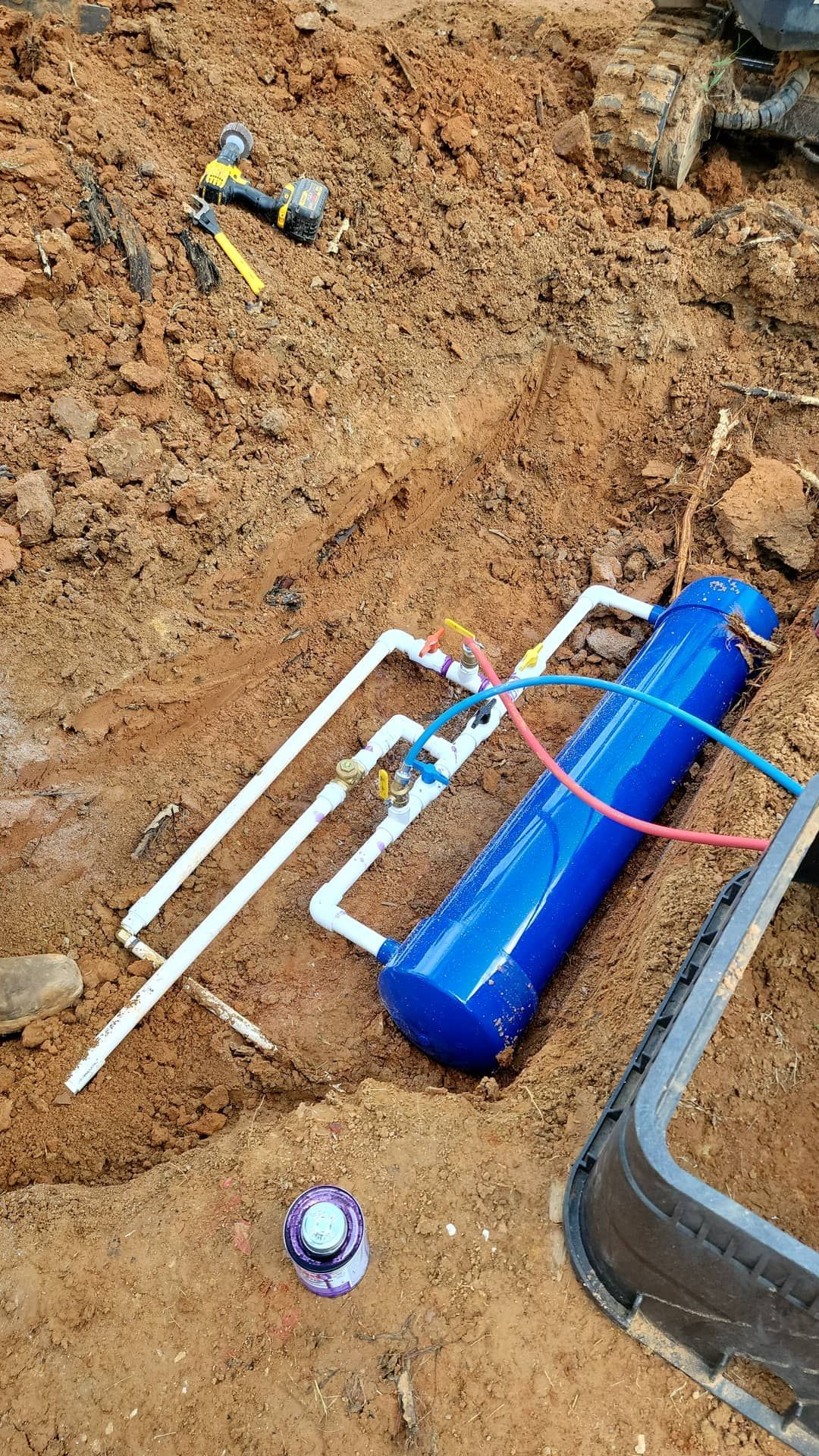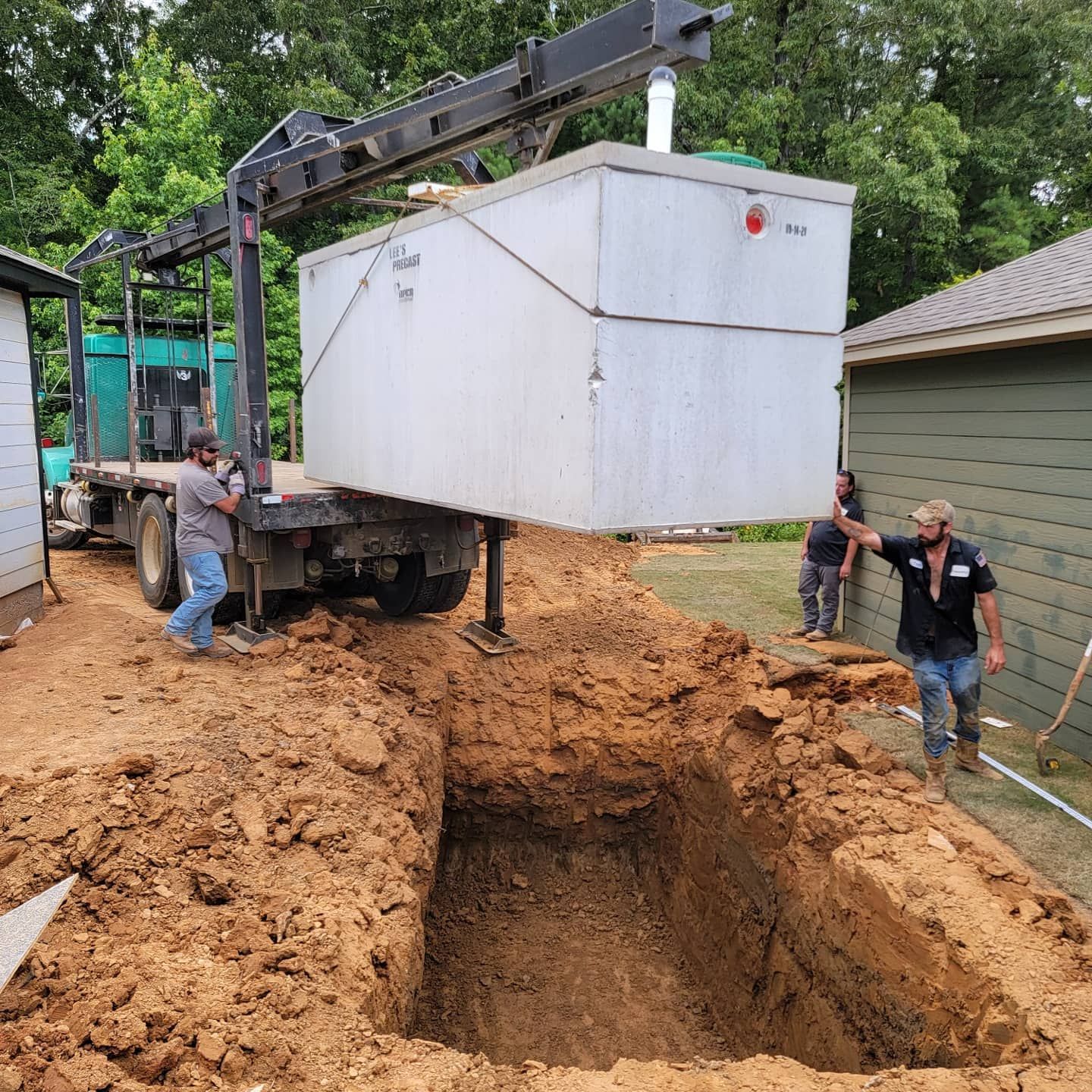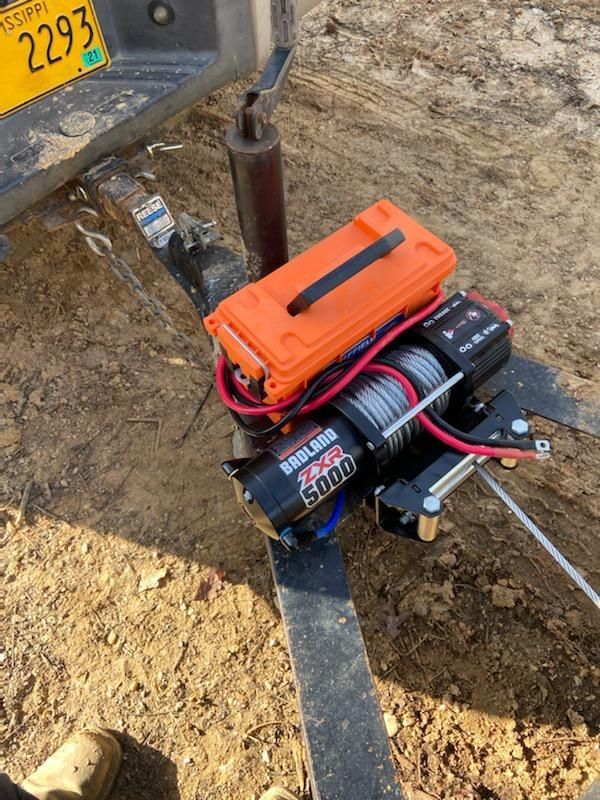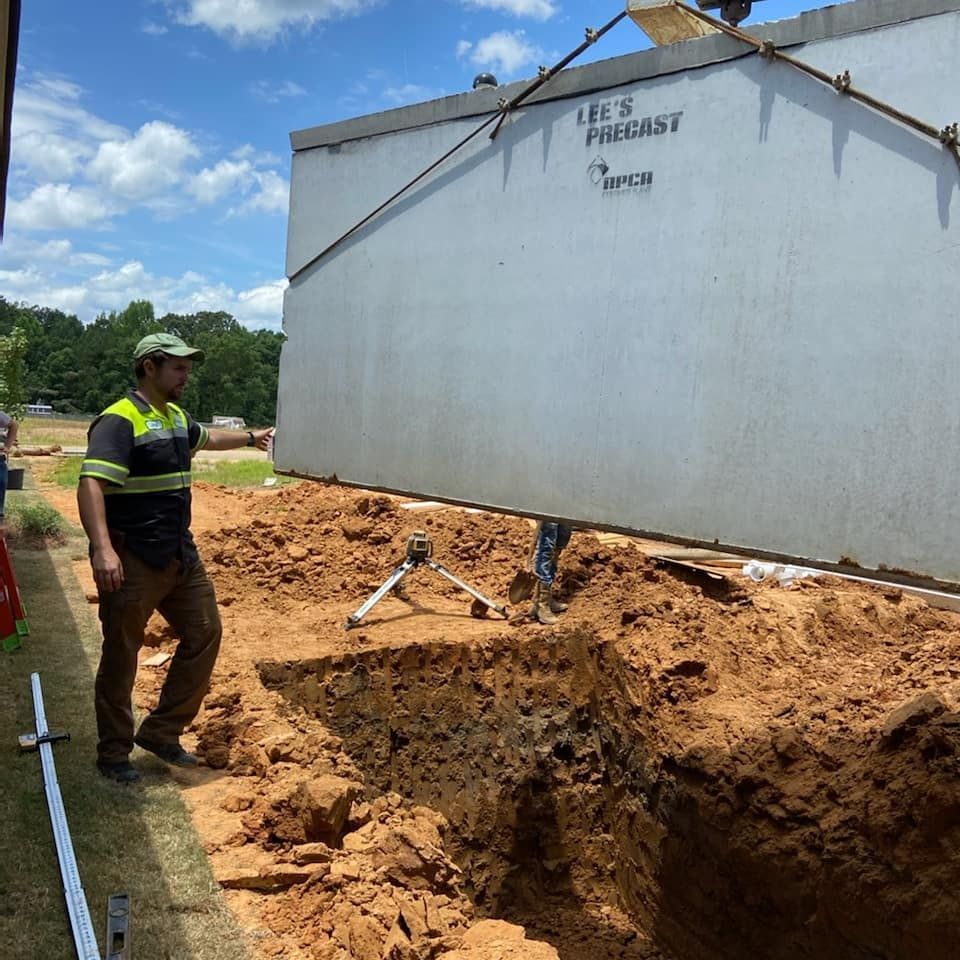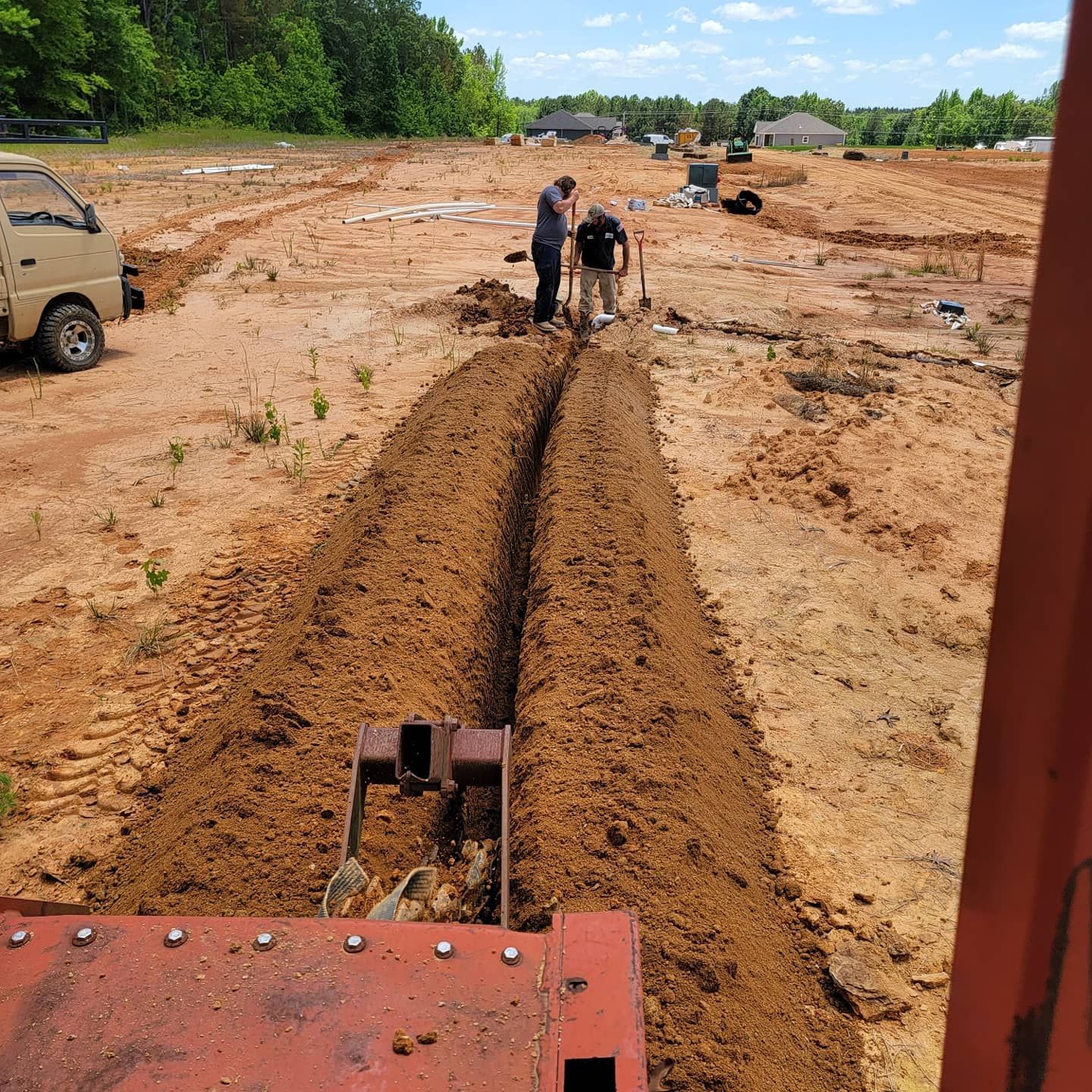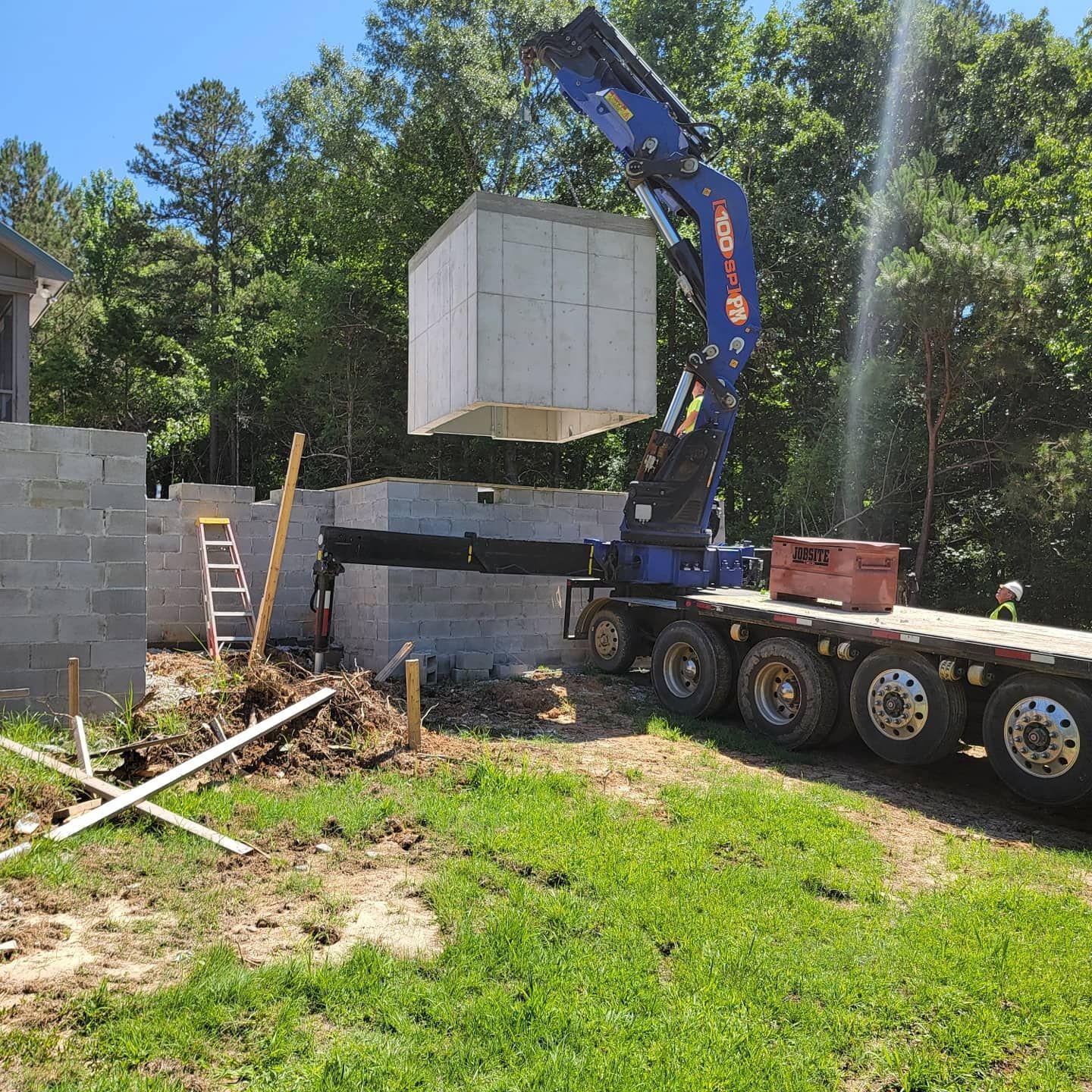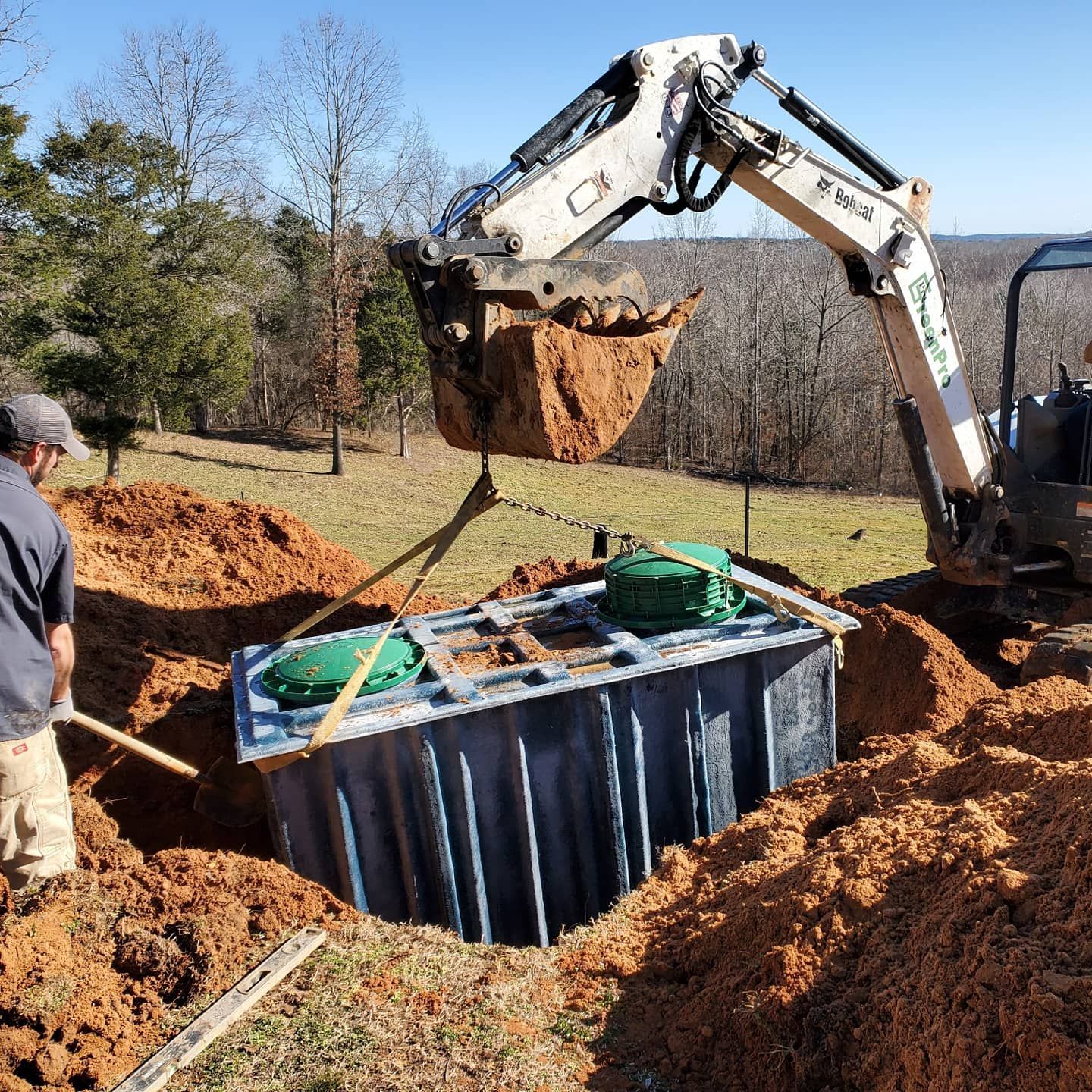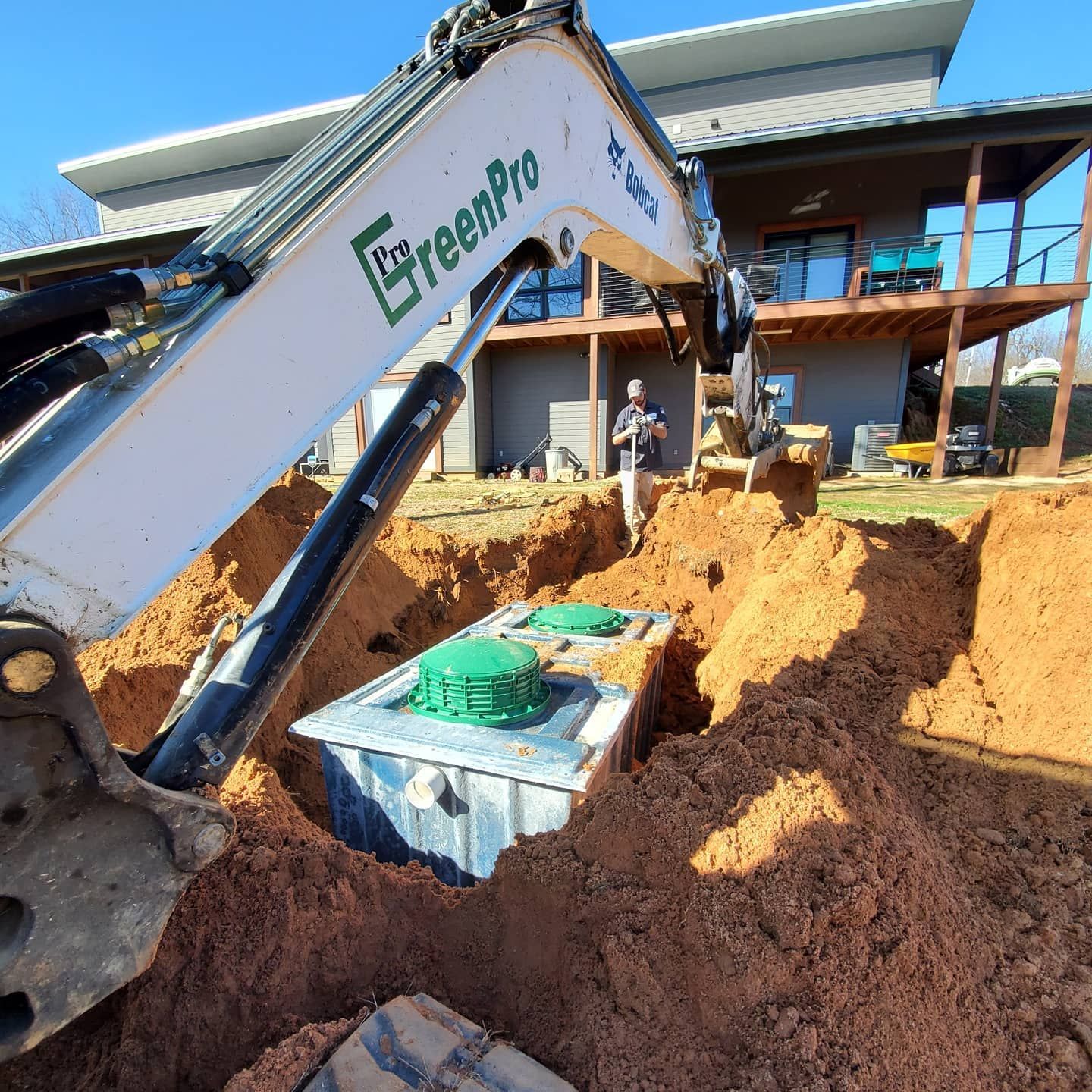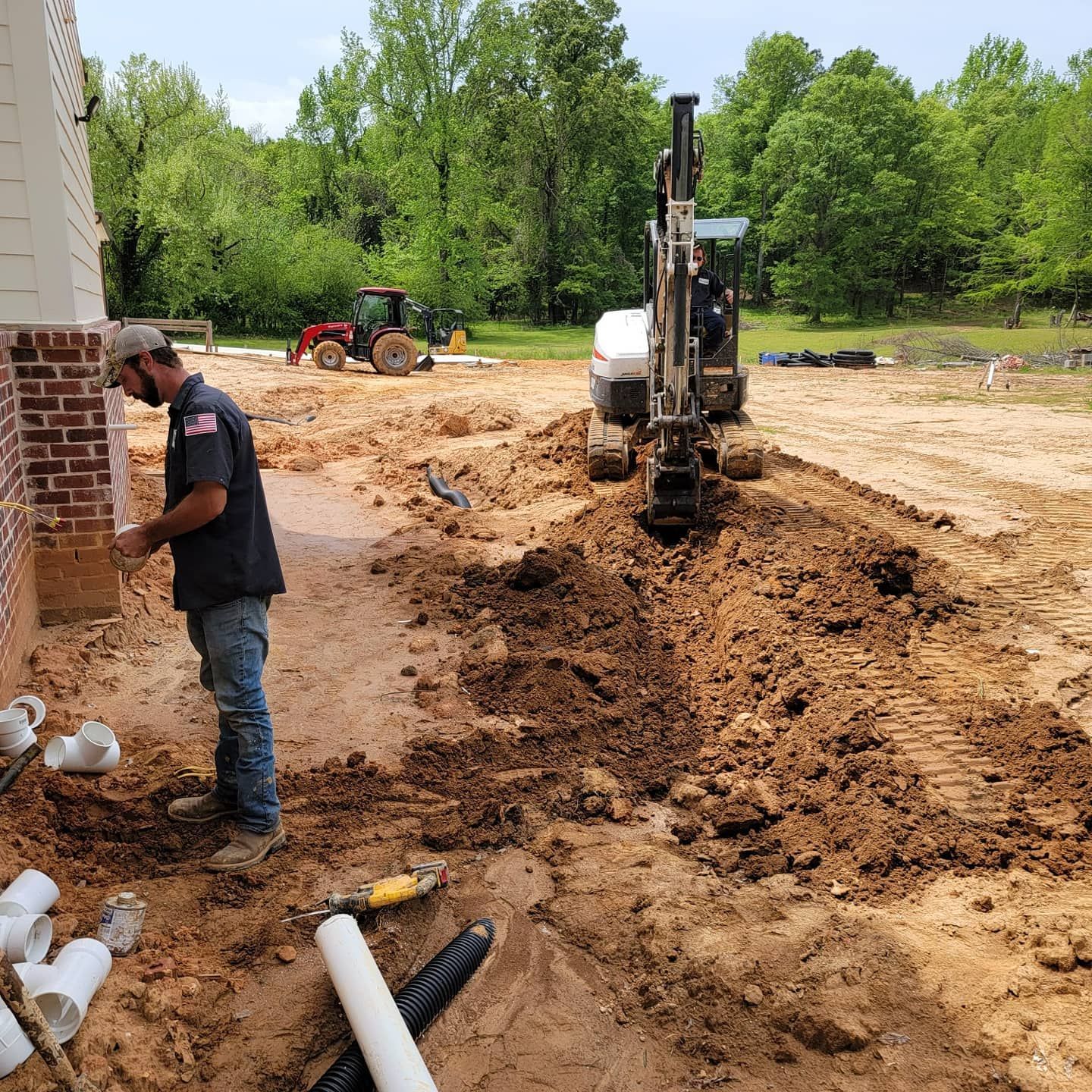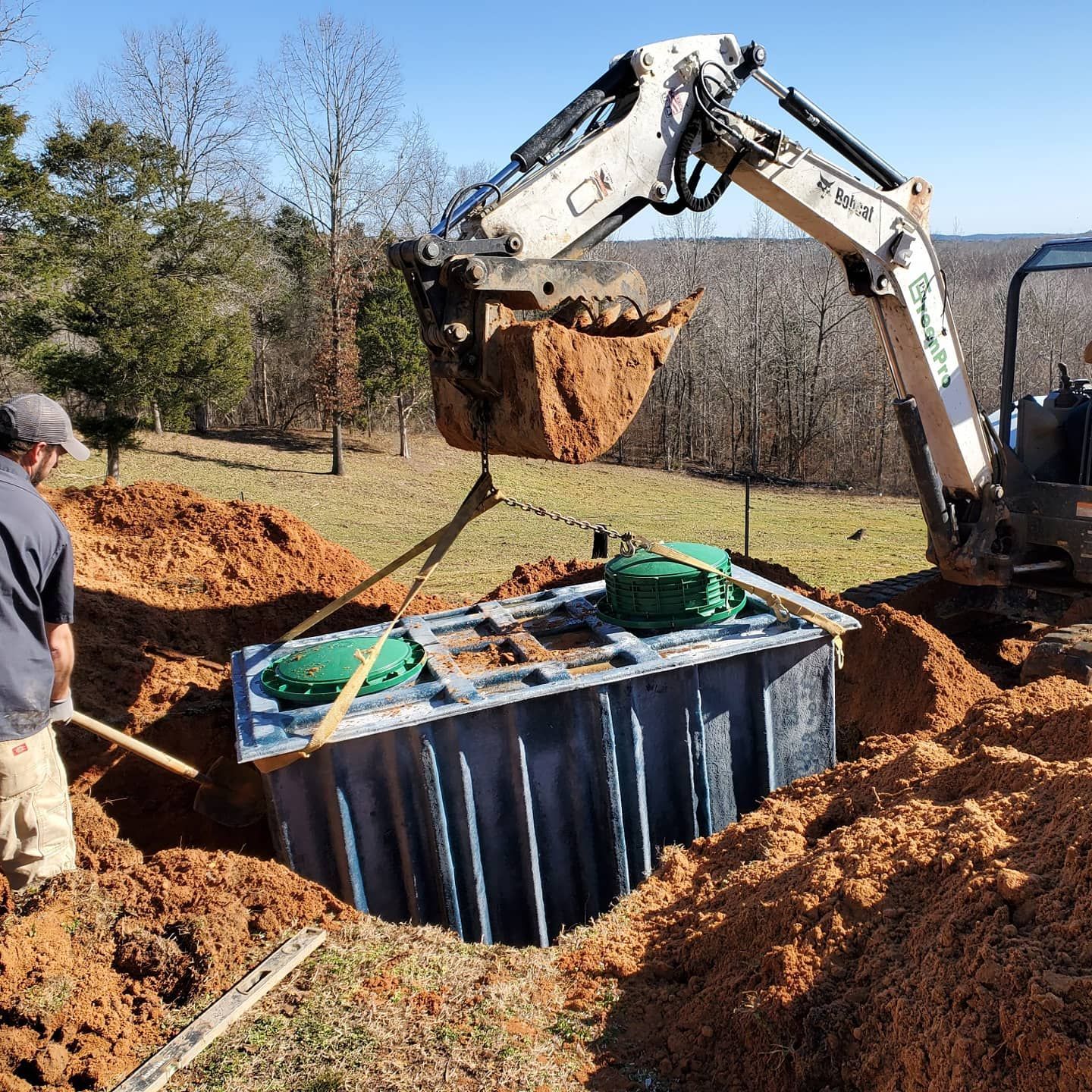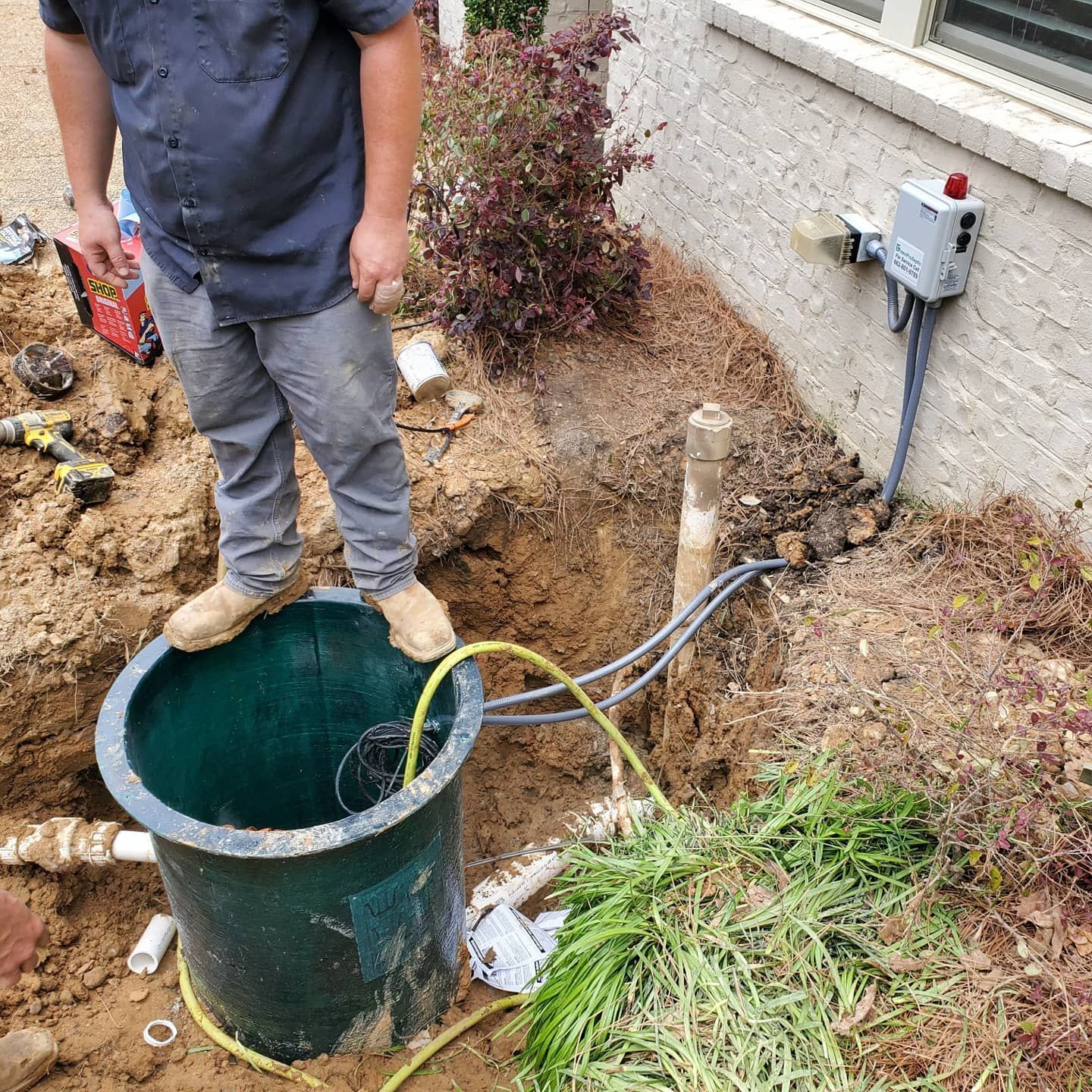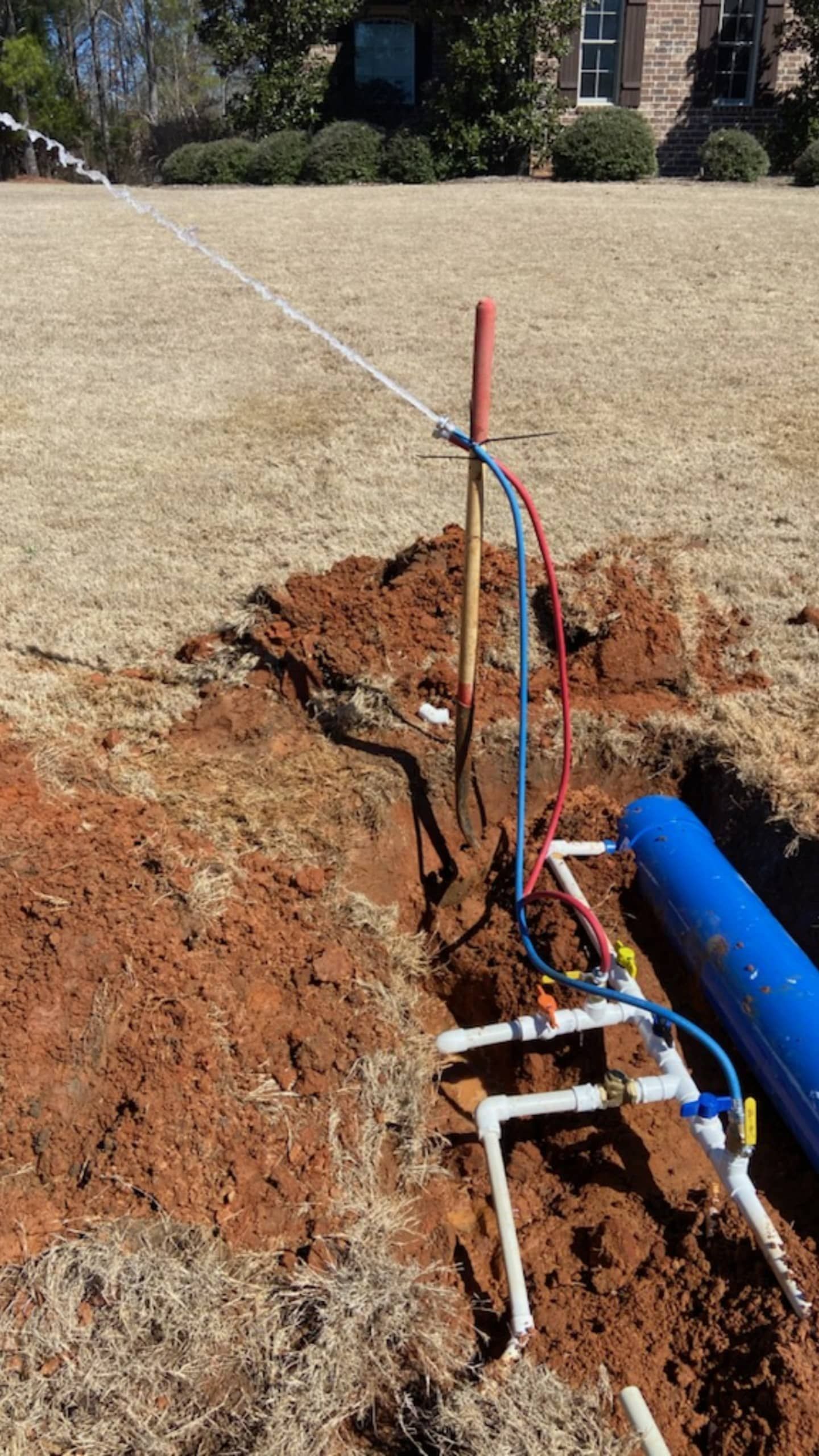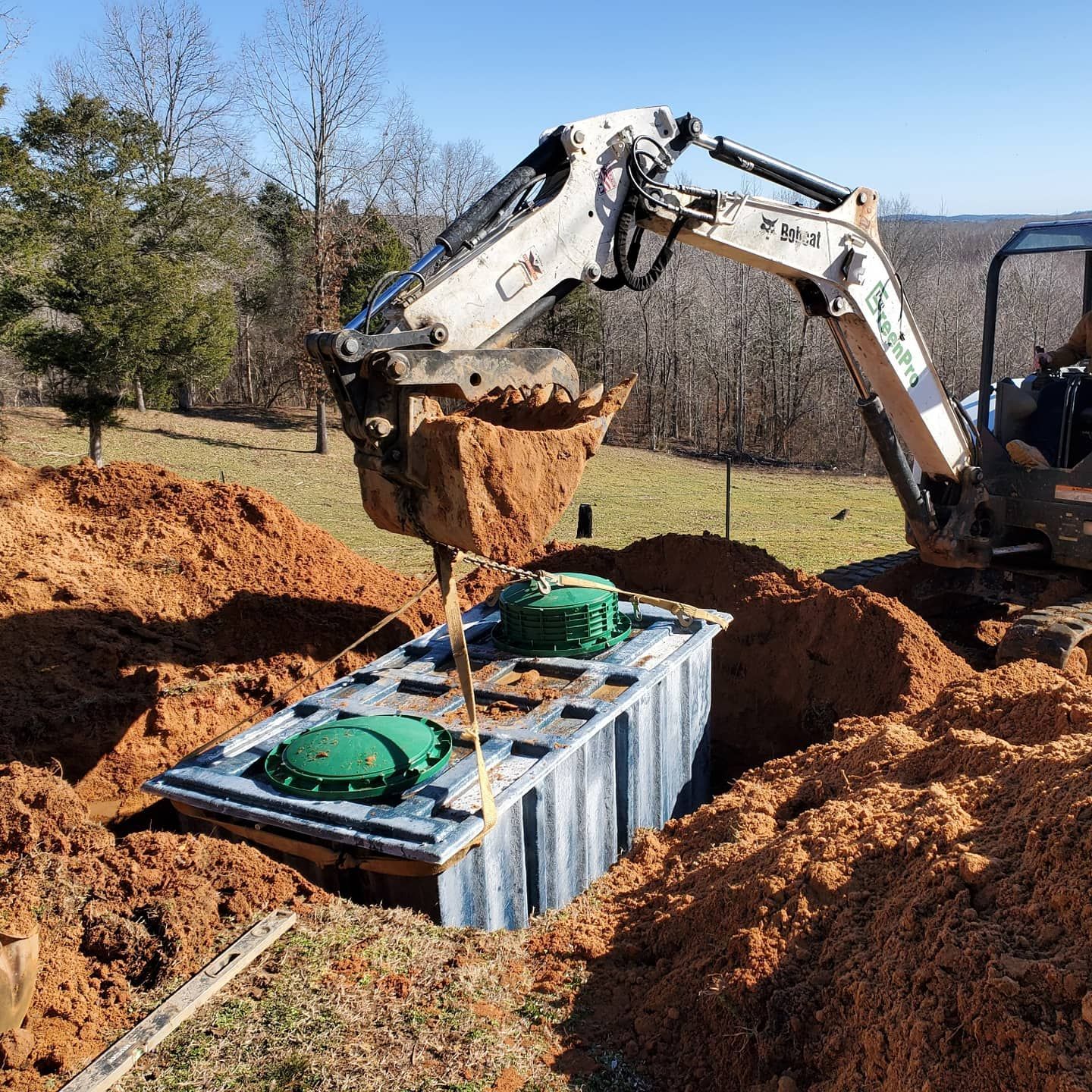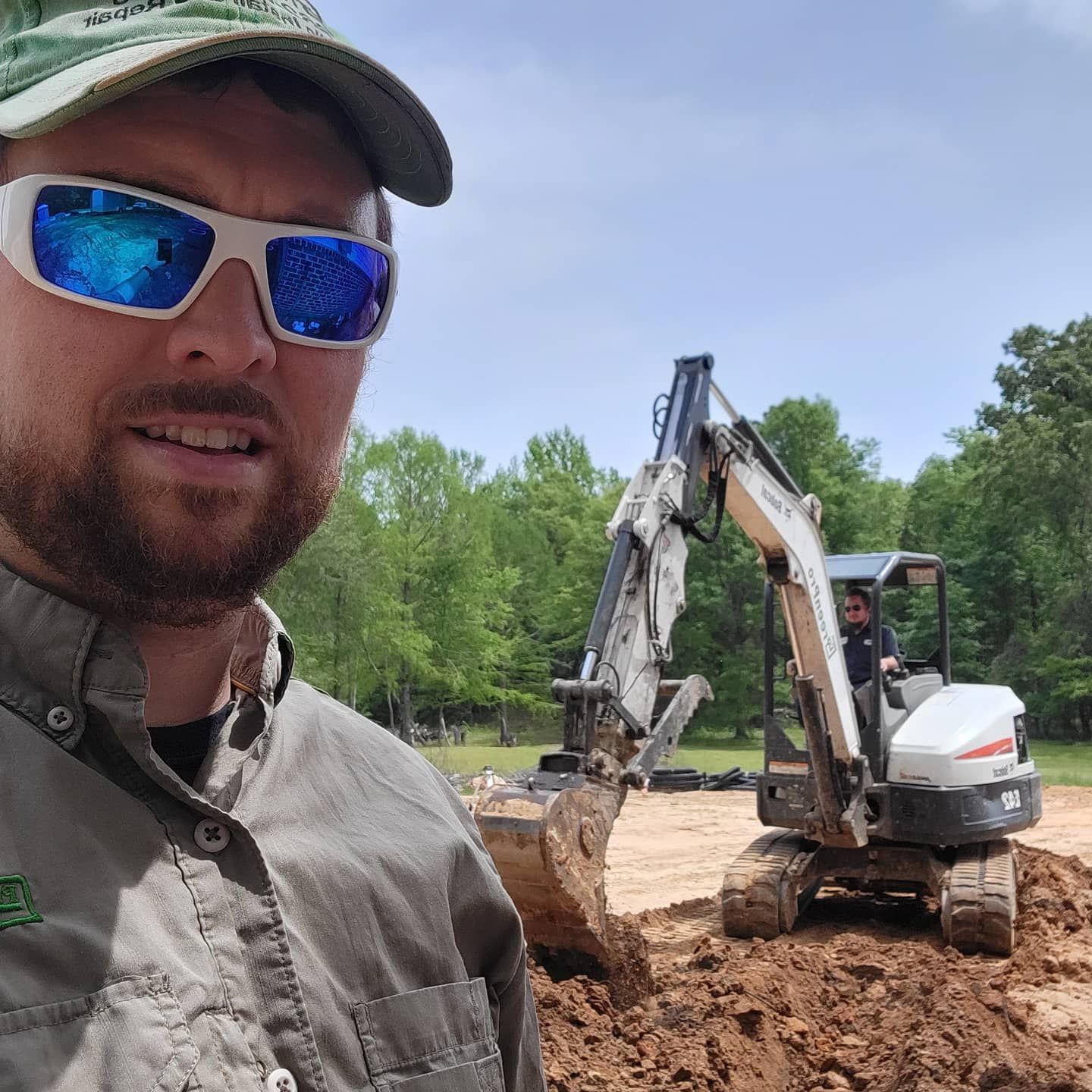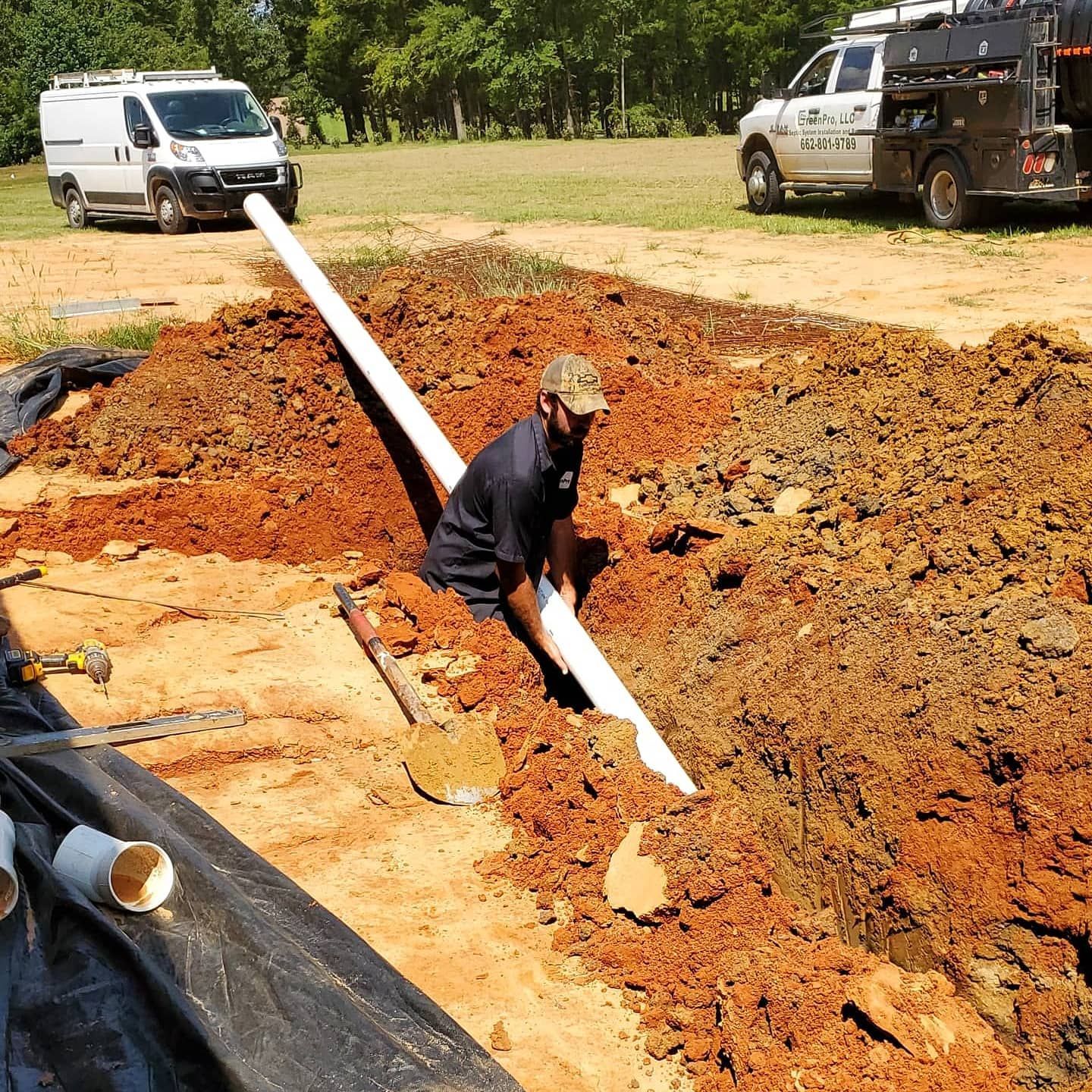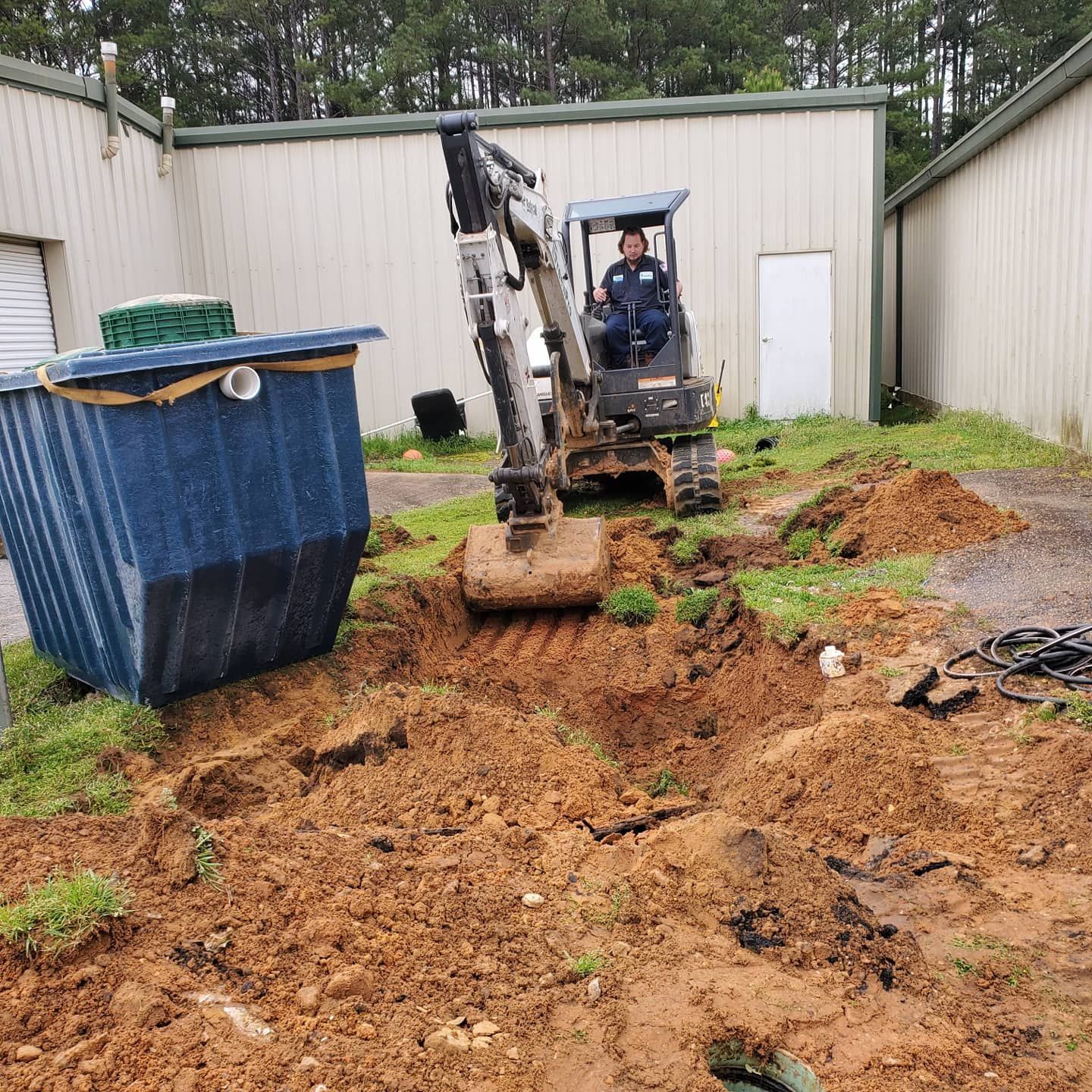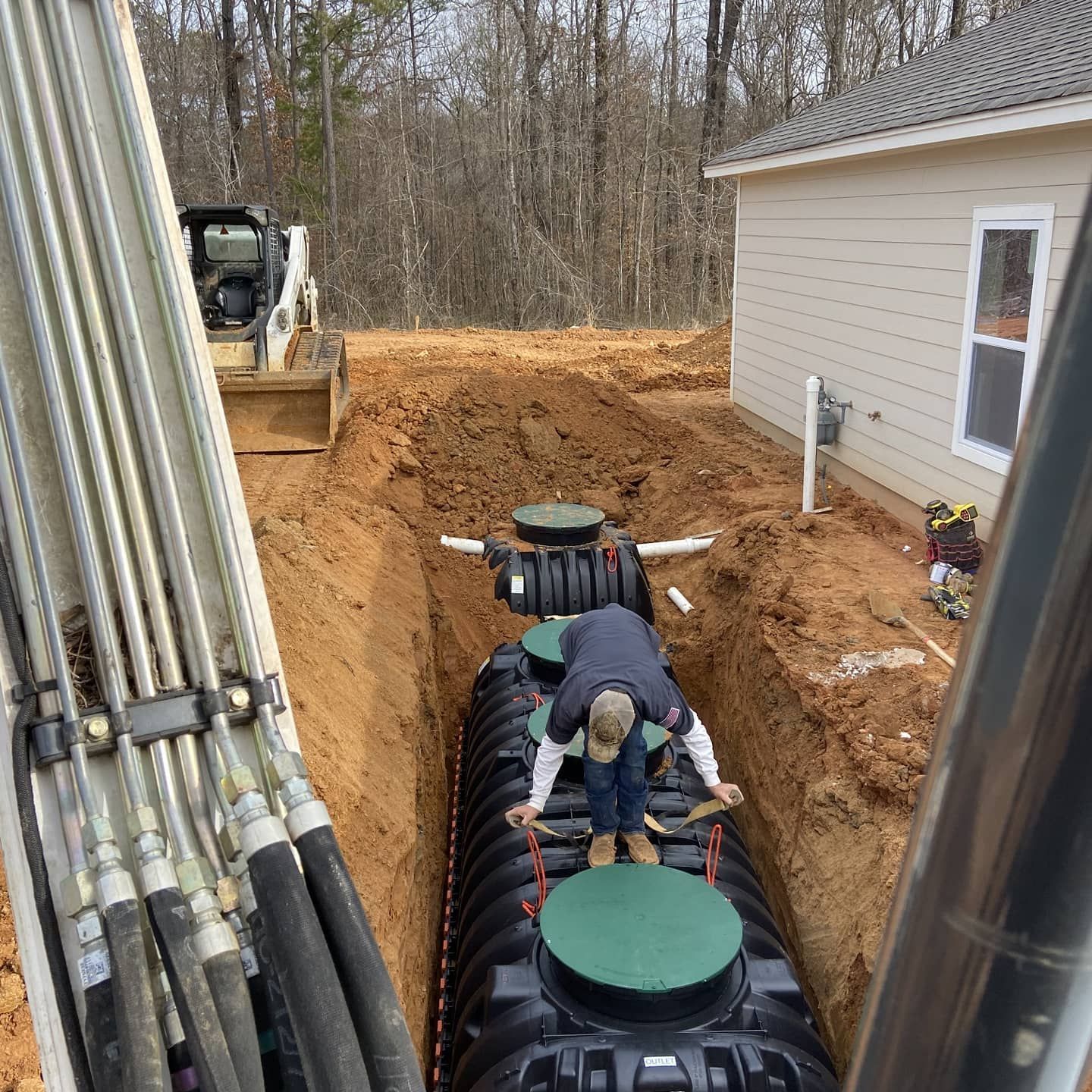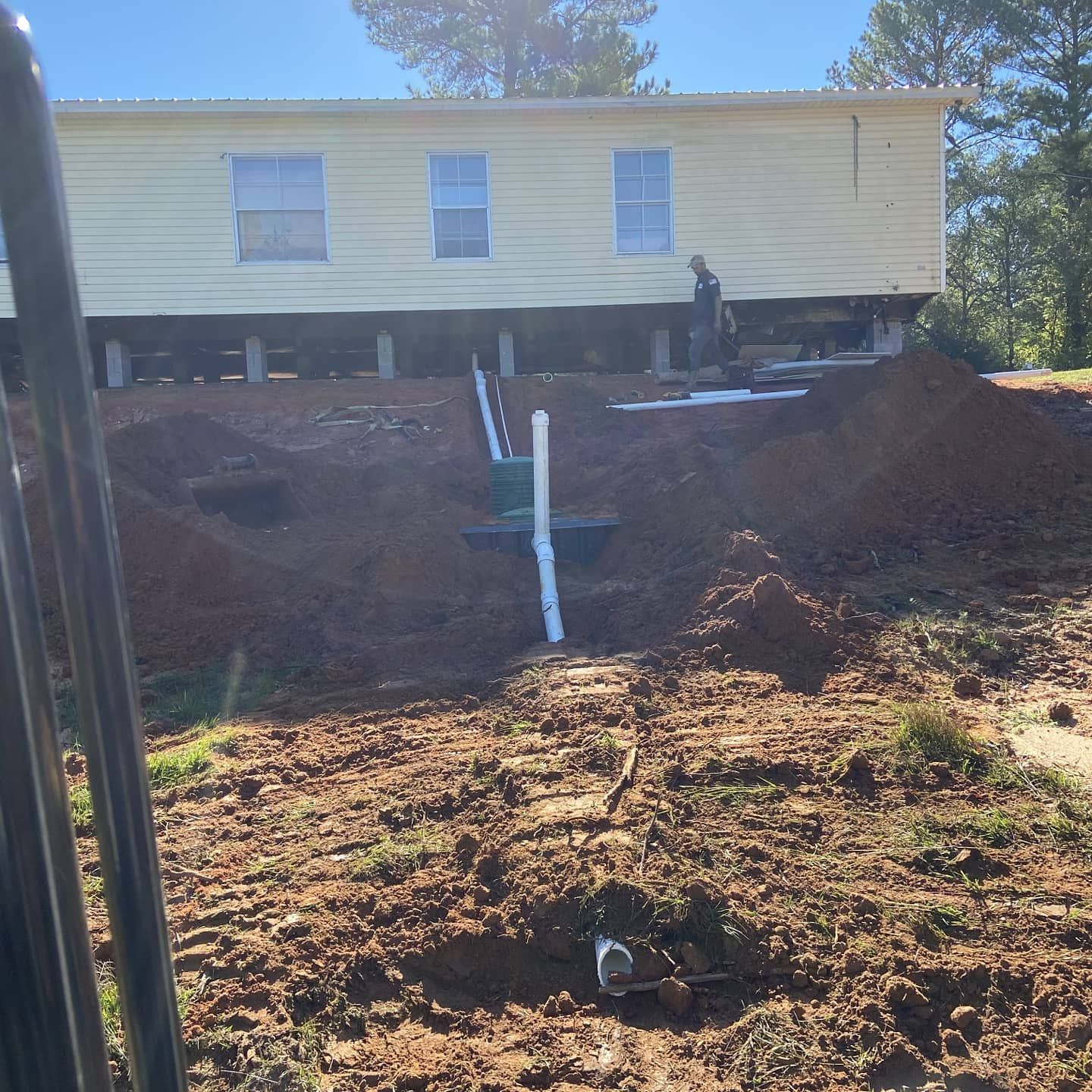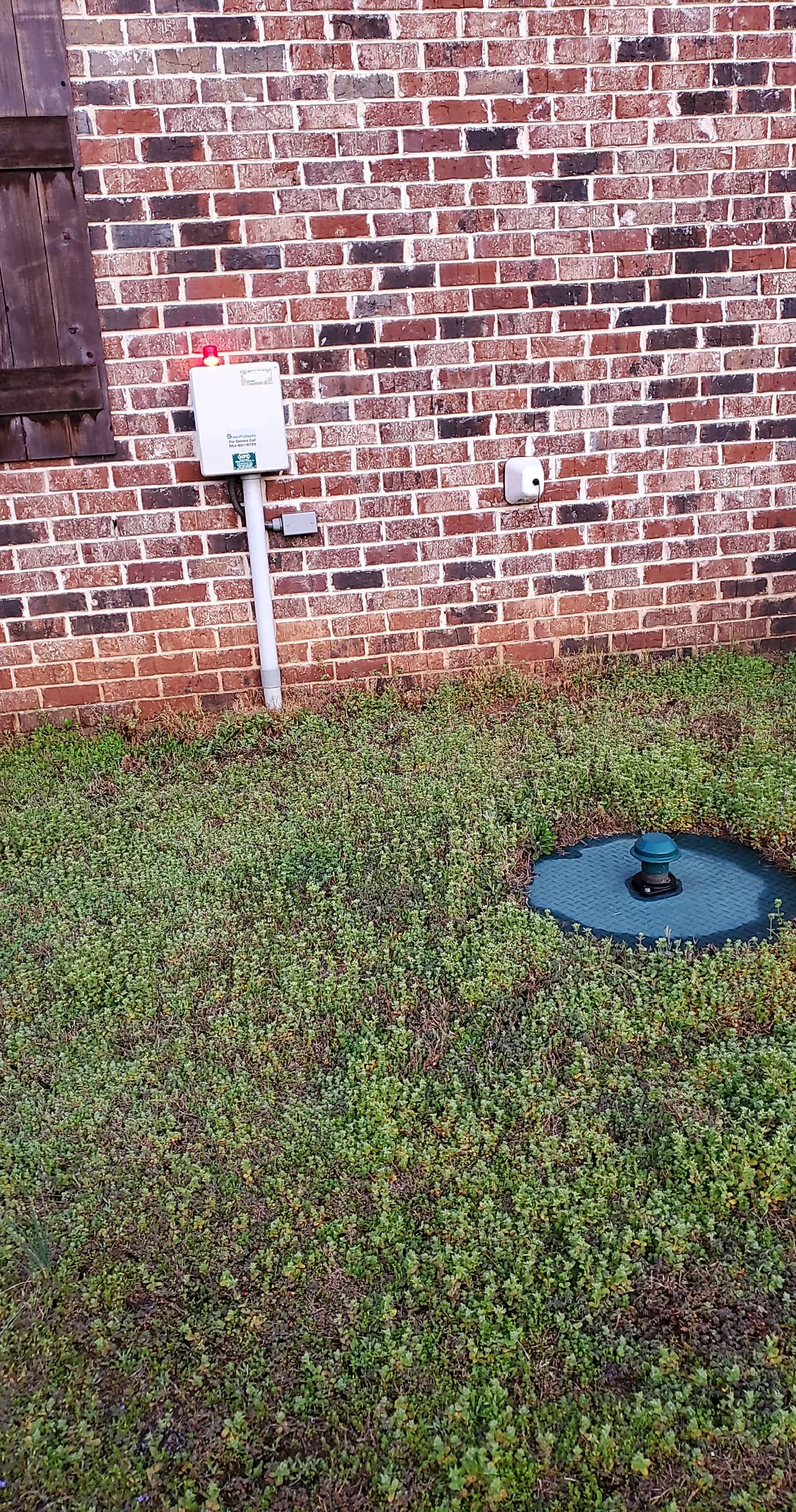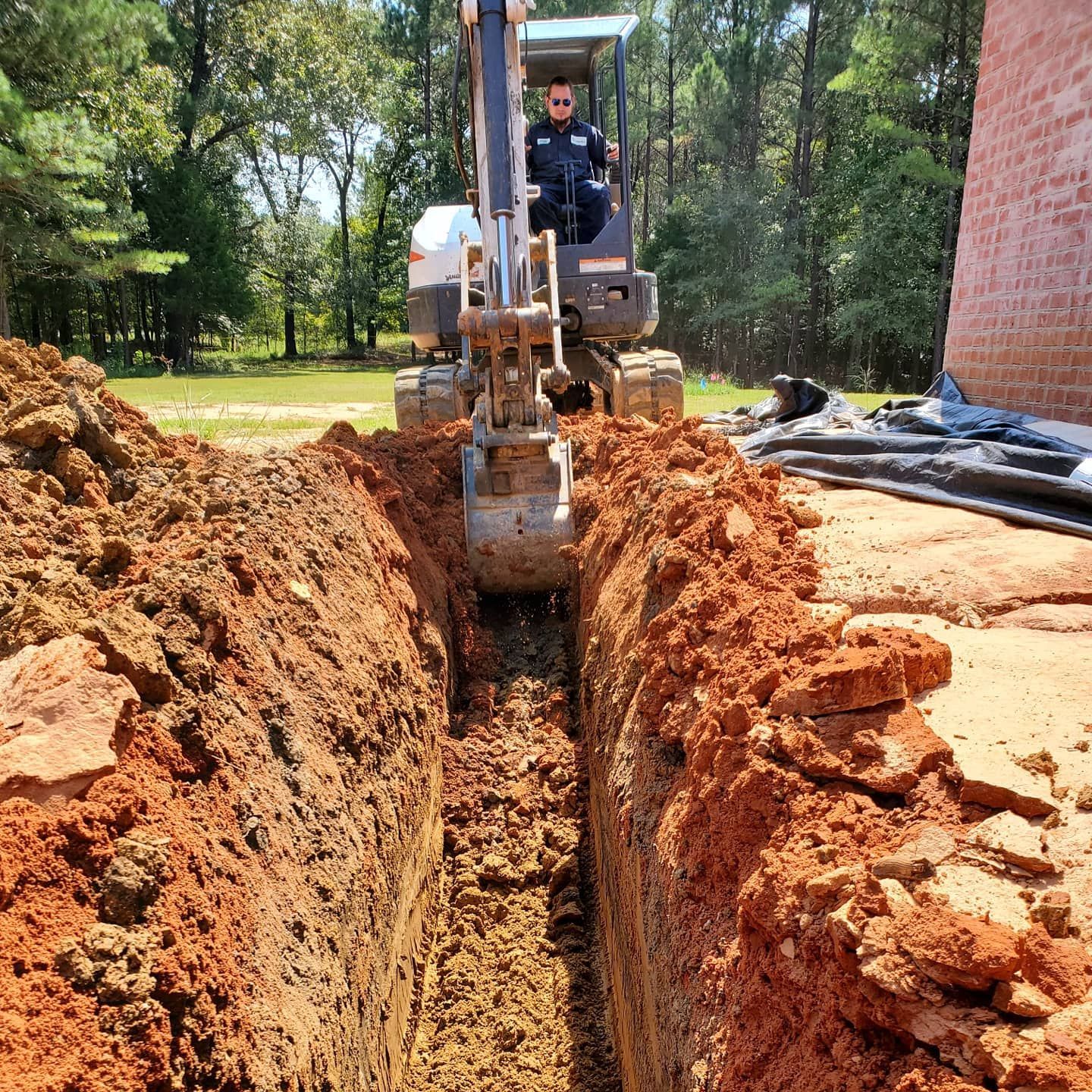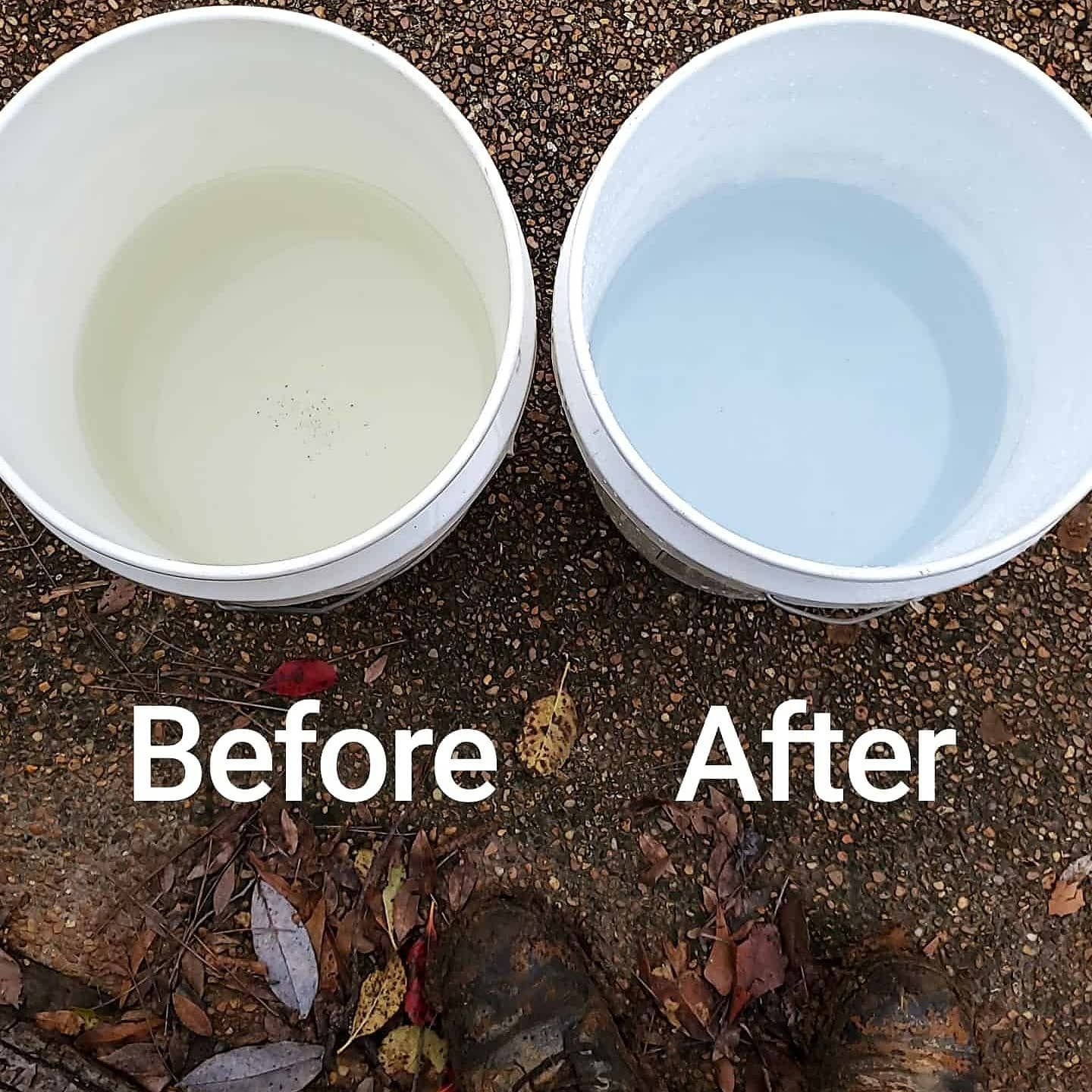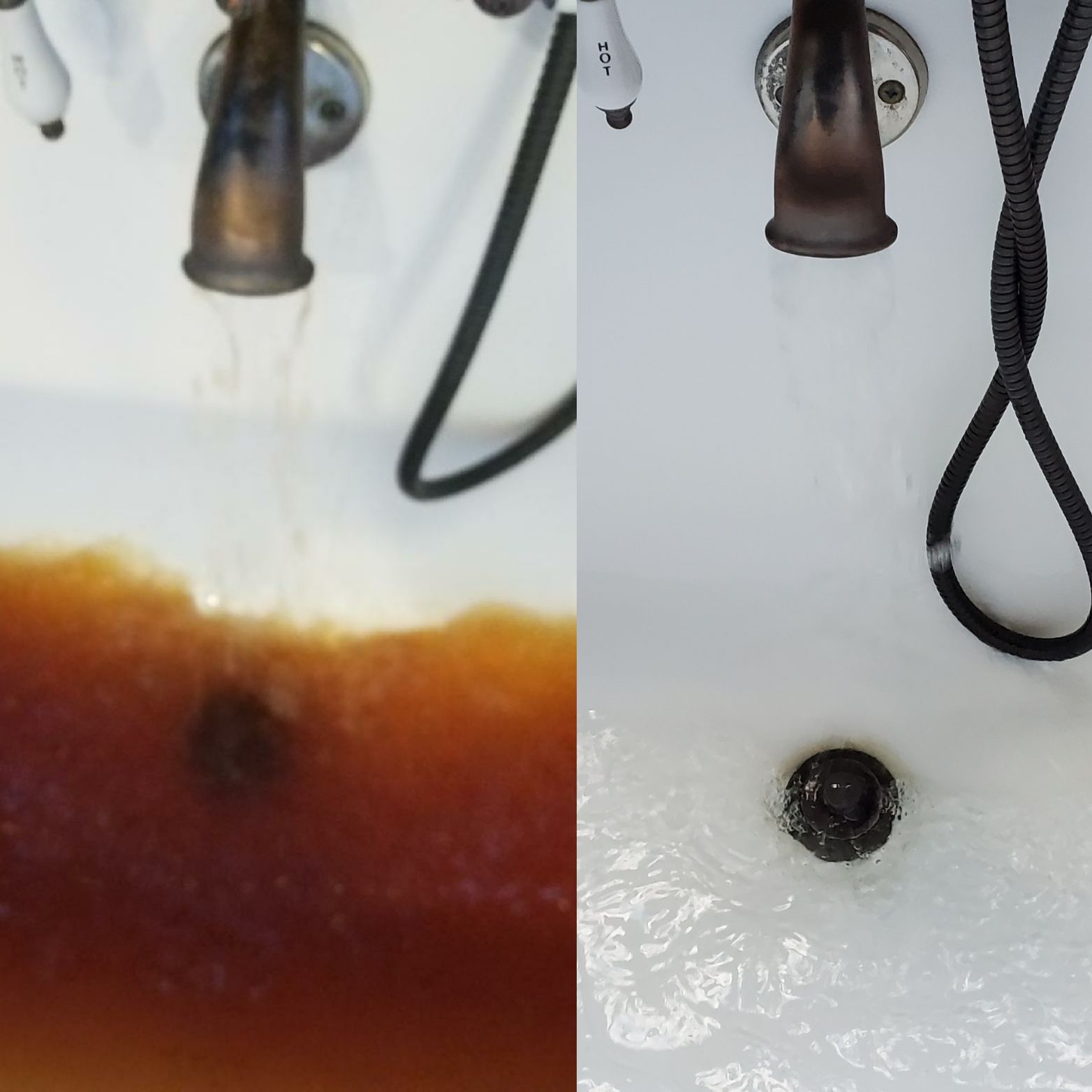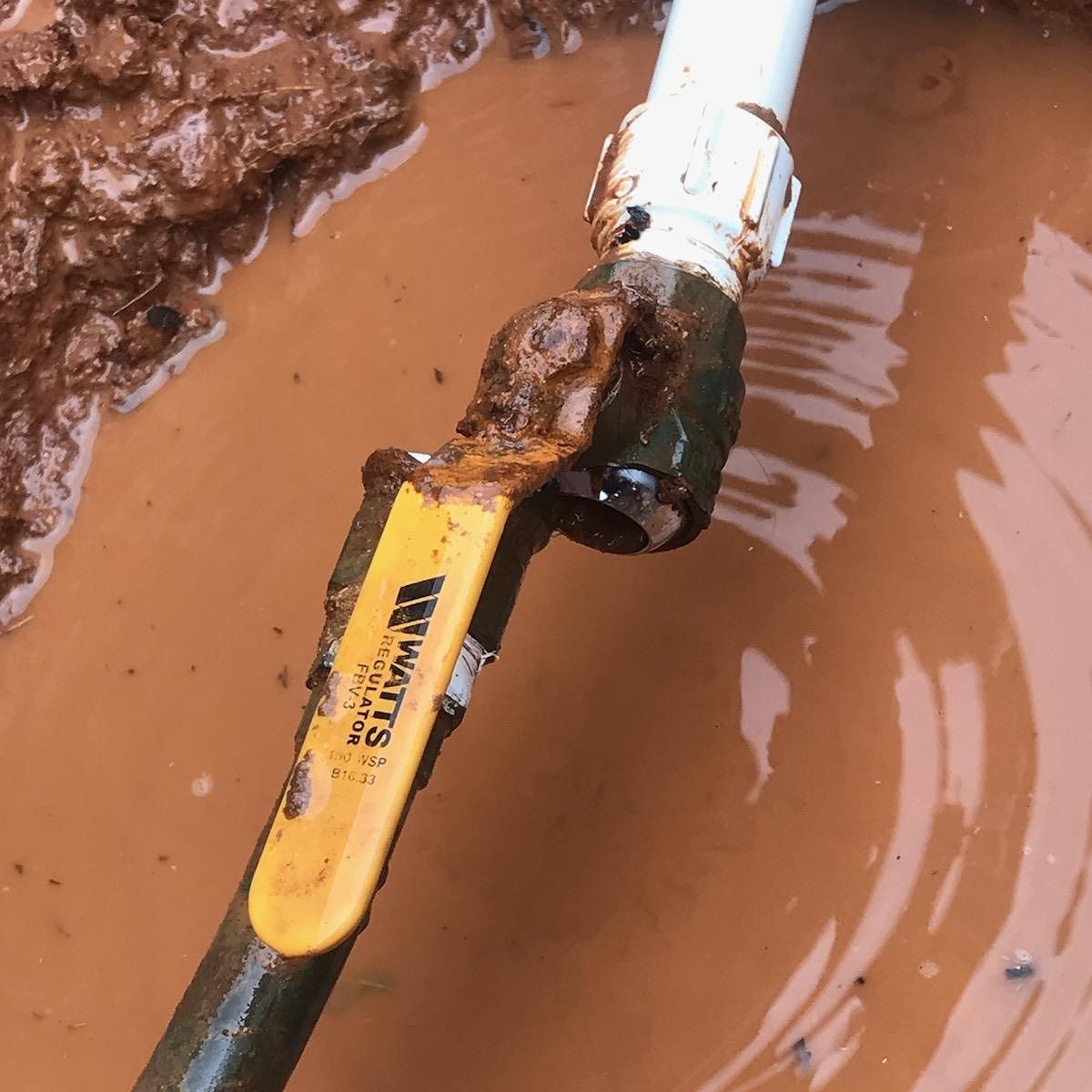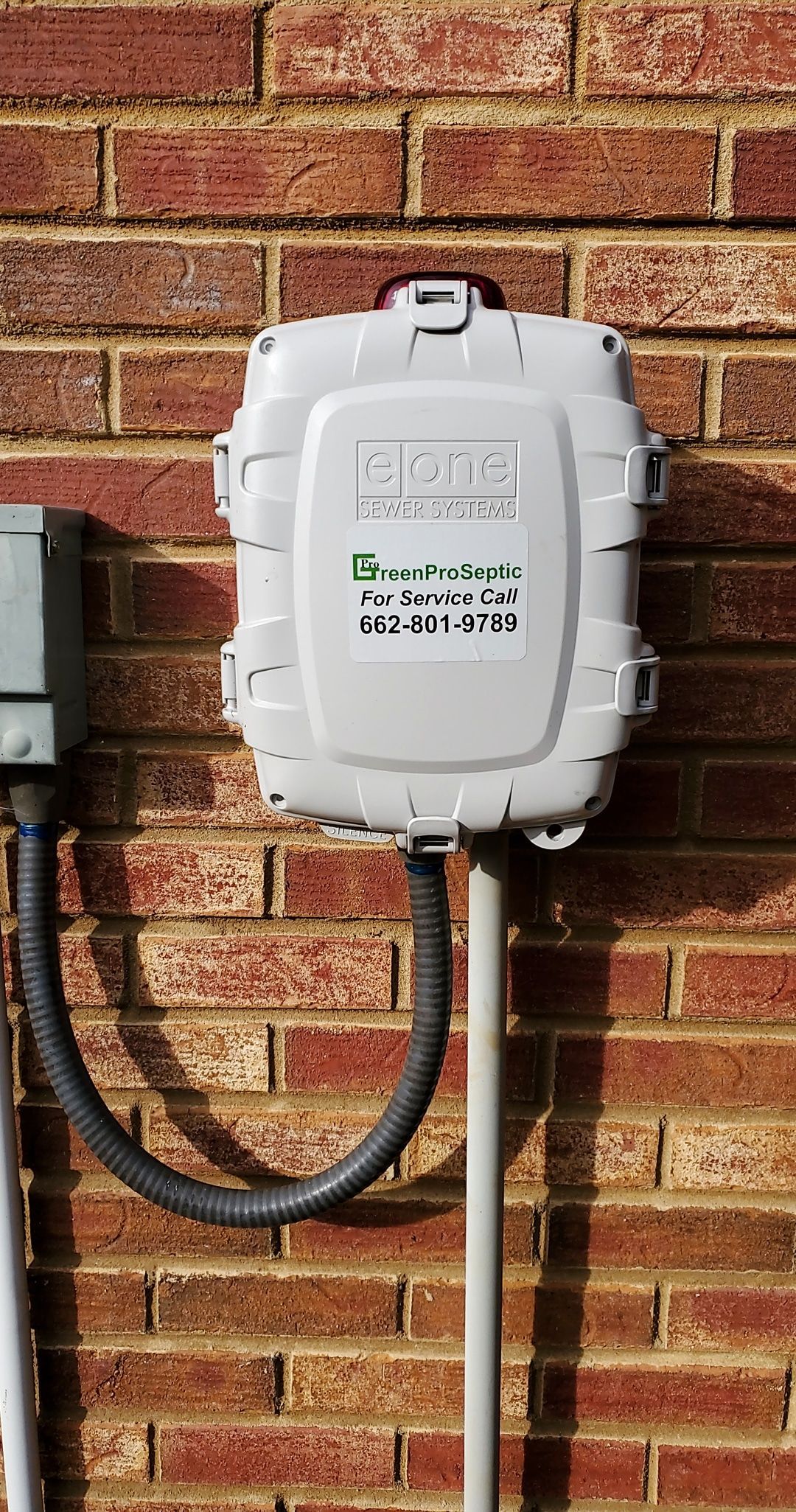Get in touch

Myths and Misunderstandings: Debunking Common Misconceptions About Septic Tank Systems
July 17, 2023
Clearing the Air to Ensure Better Care and Maintenance of Your Septic System
Septic tank systems, while crucial to wastewater management, often suffer from numerous misconceptions. These myths can lead to improper care, premature system failure, and costly repairs. Here, we debunk some common myths to set the record straight.
1. Misconception: Septic Tanks Don't Need Regular Maintenance
Fact: Just like your car, septic systems require regular maintenance to keep them running smoothly. Depending on usage and the size of your tank, your septic system should be inspected yearly and pumped every 3-5 years by a professional. Regular maintenance can help catch minor issues before they turn into costly problems.
2. Misconception: If It Ain't Broke, Don't Fix It
Fact: Waiting until you have a problem like sewage backup or a bad odor is not a wise strategy. By the time these symptoms appear, significant damage has likely been done, requiring expensive repairs. Regular inspections and maintenance can prevent such problems.
3. Misconception: Anything Can Go Down the Drain
Fact: Everything you flush or pour down your drain ends up in your septic tank. Non-biodegradable items like diapers, wipes, and certain types of thicker toilet paper can clog your system. Chemicals, oils, and grease can disrupt the natural balance of bacteria in your tank that's needed for breaking down waste.
4. Misconception: Septic Tank Additives Can Replace Pumping
Fact: While some additives can help maintain the balance of beneficial bacteria in your tank, they cannot eliminate the need for regular pumping. Over time, solid waste builds up at the bottom of your tank, and if not removed, it can flow into the drain field, leading to failure.
5. Misconception: A Healthy Septic System Doesn't Need Bacteria
Fact: Your septic system depends on a colony of bacteria to break down and treat waste. While these bacteria come naturally from human waste, some household products like bleach and antibacterial soaps can harm these beneficial microbes. Use such products in moderation and avoid flushing medicines like antibiotics, which can also disrupt the bacterial balance.
6. Misconception: More Frequent Pumping Extends Septic System Life
Fact: While regular pumping is necessary, over-pumping doesn't necessarily extend the life of your septic system. The frequency of pumping depends on the size of your tank, the number of people in your household, and your water usage habits.
7. Misconception: All Septic Systems Are the Same
Fact: There are various types of septic systems designed for different soil types, property sizes, and local regulations. Each type has unique installation, operation, and maintenance requirements. Understanding the type of system you have is critical for proper care and optimal performance.
8. Misconception: Septic Systems Last Forever
Fact: While well-maintained septic systems can last several decades, they don't last forever-- just like any plumbing system. Factors like usage, maintenance, soil conditions, and system design can affect their lifespan.
Debunking these misconceptions can lead to better care of septic systems, preventing unnecessary costs and headaches down the line. Remember, when it comes to septic system care, being informed is your first line of defense. Always consult with a septic system professional for accurate information and proper maintenance.
View more

April 9, 2025
Regular septic tank cleaning is essential for maintaining hygiene and preventing system failure in Batesville, MS. Over time, solid waste and sludge accumulate in the tank, reducing its capacity and hindering proper wastewater treatment. Professional septic tank cleaning services remove accumulated debris, ensuring optimal system performance and preventing costly repairs. In this guide, we'll explore the importance of septic tank cleaning in Batesville, MS, and provide valuable insights into the process and benefits of professional cleaning services. Understanding the Importance of Septic Tank Cleaning: Septic tank cleaning is a vital maintenance task that helps prevent system backups, odors, and environmental contamination. As wastewater flows into the septic tank, solid waste settles at the bottom, forming sludge, while lighter materials, such as grease and scum, float to the surface. Over time, these layers of waste accumulate, reducing the tank's effective capacity and impeding the treatment process. Regular cleaning removes accumulated solids, preventing blockages and ensuring efficient wastewater treatment. Signs That Your Septic Tank Needs Cleaning: Several signs indicate that your septic tank requires cleaning, including slow drains, sewage backups, foul odors, and lush vegetation near the drain field. Additionally, if it's been more than three to five years since your last cleaning, it's advisable to schedule a professional inspection and cleaning to prevent system failure. By being proactive and addressing signs of potential issues promptly, property owners can avoid costly repairs and ensure the longevity of their septic systems. Professional Septic Tank Cleaning Process: Professional septic tank cleaning involves several steps to ensure thorough removal of accumulated solids and debris. The process begins with locating and accessing the septic tank's access ports or inspection risers. Specialized equipment, such as vacuum trucks or pump-out trucks, is used to extract sludge and scum from the tank. High-pressure water jets may also be employed to agitate and dislodge stubborn deposits. Once the tank is empty, it's inspected for signs of damage or deterioration, and any necessary repairs or maintenance tasks are performed. Benefits of Professional Cleaning Services: Hiring a professional septic tank cleaning company offers numerous benefits for property owners in Batesville, MS. Professional cleaners have the expertise, equipment, and experience to safely and effectively remove accumulated solids from the tank. Regular cleaning prevents system backups, odors, and environmental contamination, ensuring the continued reliability and performance of the septic system. Additionally, professional cleaners can identify and address any issues or potential problems during the cleaning process, minimizing the risk of costly repairs down the road. Importance of Regular Maintenance: In addition to regular cleaning, ongoing maintenance is essential for the proper functioning of septic systems in Batesville, MS. Property owners should adhere to recommended maintenance schedules, including periodic inspections, pumping, and tank cleaning, to ensure the longevity and reliability of their systems. By investing in regular maintenance and professional cleaning services, property owners can protect their investment, preserve the environment, and safeguard public health. Conclusion: Septic tank cleaning is a crucial aspect of septic system maintenance in Batesville, MS, ensuring proper hygiene, environmental protection, and system longevity. By understanding the importance of regular cleaning, recognizing signs that indicate the need for cleaning, and investing in professional cleaning services, property owners can ensure the continued reliability and performance of their septic systems for years to come. With proactive maintenance and professional assistance, maintaining hygiene and preventing system failure becomes a manageable task for property owners in Batesville, MS.
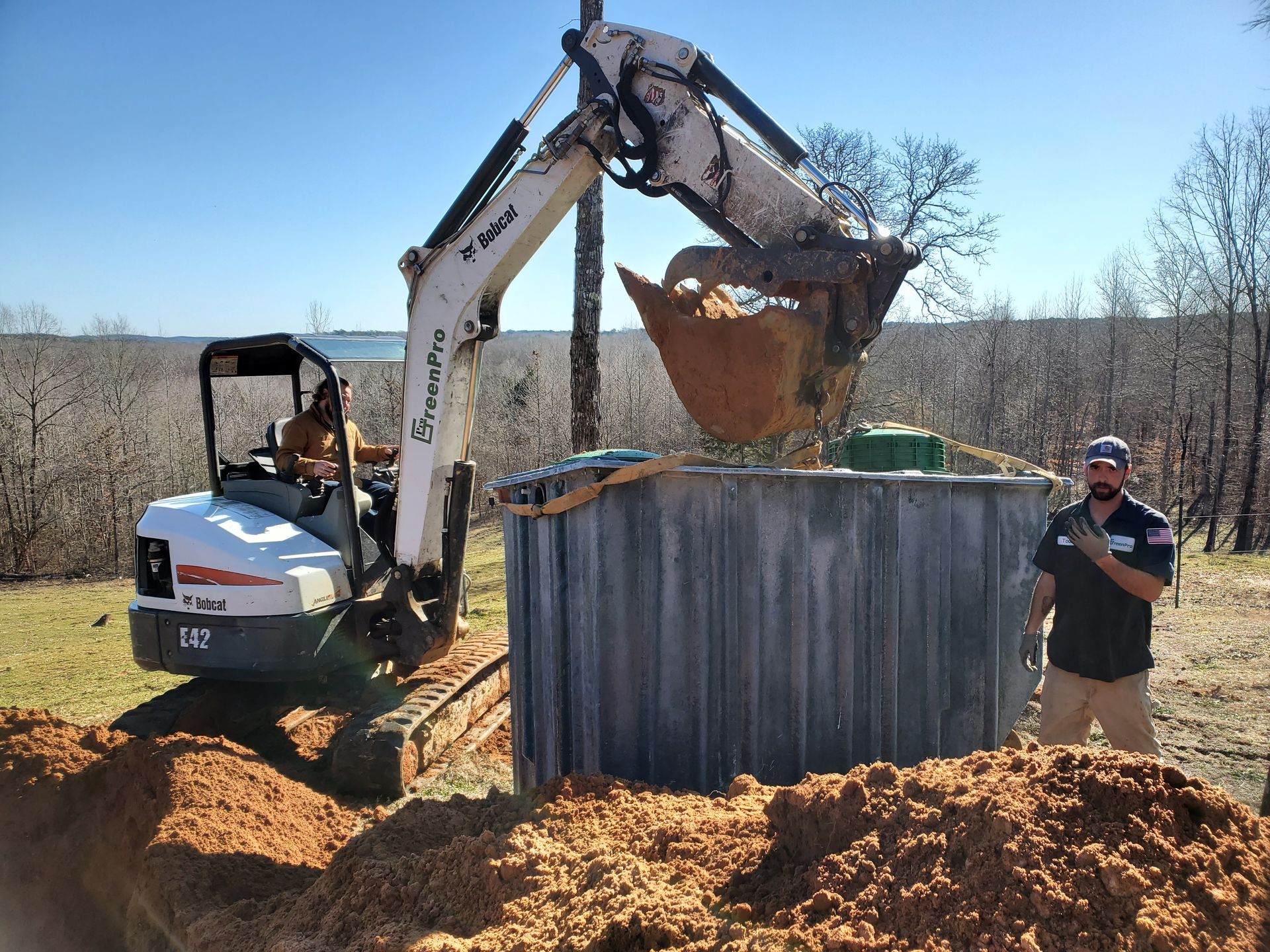
April 2, 2025
Maintaining a properly functioning septic system is crucial for homeowners in Oxford, MS, to ensure the health and safety of their households and the environment. Professional septic system service plays a vital role in this process, providing essential maintenance and repairs to keep systems running smoothly. In this article, we'll explore the importance of septic system service in Oxford, MS, and the key tasks involved in ensuring smooth operations. Regular Inspections: Regular inspections are essential for identifying potential issues with septic systems before they escalate into costly repairs or failures. Professional septic system service providers in Oxford, MS, conduct thorough inspections of tanks, drain fields, and other components to check for signs of damage, leaks, or clogs. By identifying problems early, homeowners can avoid major disruptions and costly repairs. Pumping and Cleaning: Septic tank pumping and cleaning are necessary maintenance tasks to remove accumulated solids and prevent blockages. Professional septic system service companies in Oxford, MS, offer expert pumping and cleaning services to ensure optimal system performance. Regular pumping and cleaning help prevent backups, odors, and system failures, promoting the longevity of septic systems. Repairs and Upgrades: In addition to routine maintenance, septic system service providers in Oxford, MS, offer repairs and upgrades to address any issues with existing systems and improve their efficiency. Whether it's repairing a damaged tank, replacing faulty components, or upgrading to more advanced technologies, professional service providers can handle a wide range of septic system repairs and upgrades. Drain Field Maintenance: The drain field is a critical component of a septic system, responsible for filtering and treating wastewater before it returns to the environment. Proper maintenance of the drain field is essential to prevent issues such as clogging, saturation, or contamination. Professional septic system service in Oxford, MS, includes regular inspections and maintenance of drain fields to ensure their proper functioning. Emergency Services: Septic system emergencies can occur unexpectedly and require immediate attention to prevent further damage or health hazards. Professional septic system service providers in Oxford, MS, offer emergency services to address urgent issues such as backups, leaks, or system failures. Having access to reliable emergency services provides homeowners with peace of mind and ensures prompt resolution of septic system problems. Conclusion: Professional septic system service is essential for maintaining the health, safety, and functionality of septic systems in Oxford, MS. From regular inspections and pumping to repairs, upgrades, and emergency services, professional service providers play a crucial role in ensuring smooth operations and prolonging the lifespan of septic systems. Contact us today to schedule your septic system service and keep your system running smoothly.

March 26, 2025
Septic tank pumping is a crucial maintenance task for homeowners in Batesville, MS, ensuring the proper functioning of their septic systems and preventing costly issues. Over time, solid waste and sludge accumulate in the septic tank, reducing its capacity and potentially leading to backups and system failure. Regular pumping removes accumulated solids, allowing the tank to continue effectively treating wastewater. In this guide, we'll explore the importance of septic tank pumping in Batesville, MS, and provide valuable insights into the process and benefits of this essential maintenance task. Preventing System Backups and Failures: One of the primary reasons for septic tank pumping is to prevent system backups and failures. As solid waste builds up in the tank, it can eventually reach the level of the outlet pipe, causing wastewater to back up into the home or overflow onto the property. This can result in costly repairs, property damage, and potential health hazards. Regular pumping removes accumulated solids, ensuring that the tank has sufficient capacity to continue effectively treating wastewater and preventing backups. Protecting the Environment: Proper septic tank maintenance, including regular pumping, is essential for protecting the environment in Batesville, MS. When septic tanks become overloaded with solids, untreated wastewater may leak into the surrounding soil and groundwater, contaminating local water sources and posing a risk to public health. By regularly pumping their tanks, homeowners can prevent environmental contamination and preserve the quality of local water resources. Extending the Lifespan of the Septic System: Regular septic tank pumping can help extend the lifespan of the septic system in Batesville, MS. Overloaded septic tanks are more likely to experience mechanical failures, such as pump malfunctions or drain field problems, which can necessitate costly repairs or even system replacement. By removing accumulated solids on a regular basis, homeowners can reduce the strain on their septic systems, prolonging their operational lifespan and minimizing the need for expensive repairs. Ensuring Proper Wastewater Treatment: Septic tanks are designed to separate solids from wastewater and facilitate the natural breakdown of organic matter by beneficial bacteria. When the tank becomes overloaded with solids, this process is hindered, leading to incomplete treatment of wastewater and potential environmental pollution. Regular pumping removes accumulated solids, allowing the tank to function properly and ensuring the effective treatment of wastewater before it is released into the soil. Compliance with Regulatory Requirements: In Batesville, MS, homeowners may be subject to regulatory requirements regarding septic system maintenance and pumping frequency. Failing to adhere to these requirements can result in fines, penalties, or legal action. By scheduling regular septic tank pumping according to local regulations and guidelines, homeowners can ensure compliance with applicable laws and regulations, avoiding potential legal issues and financial consequences. Conclusion: Septic tank pumping is a vital maintenance task for homeowners in Batesville, MS, ensuring the proper functioning of their septic systems and protecting the environment. By removing accumulated solids on a regular basis, homeowners can prevent system backups and failures, extend the lifespan of their septic systems, and ensure proper wastewater treatment. With proactive maintenance and regular pumping, homeowners can enjoy peace of mind knowing that their septic systems are operating efficiently and effectively.
Serving all of North Mississippi
181 MS-6, Oxford, MS 38655,
United States of America
- Mon - Sun
- Open 24 Hours
How Can We Help?
Thank you for contacting us.
We will get back to you as soon as possible.
We will get back to you as soon as possible.
Oops, there was an error sending your message.
Please try again later.
Please try again later.
© 2025
All Rights Reserved | GreenPro | Privacy Policy | Site Creds
